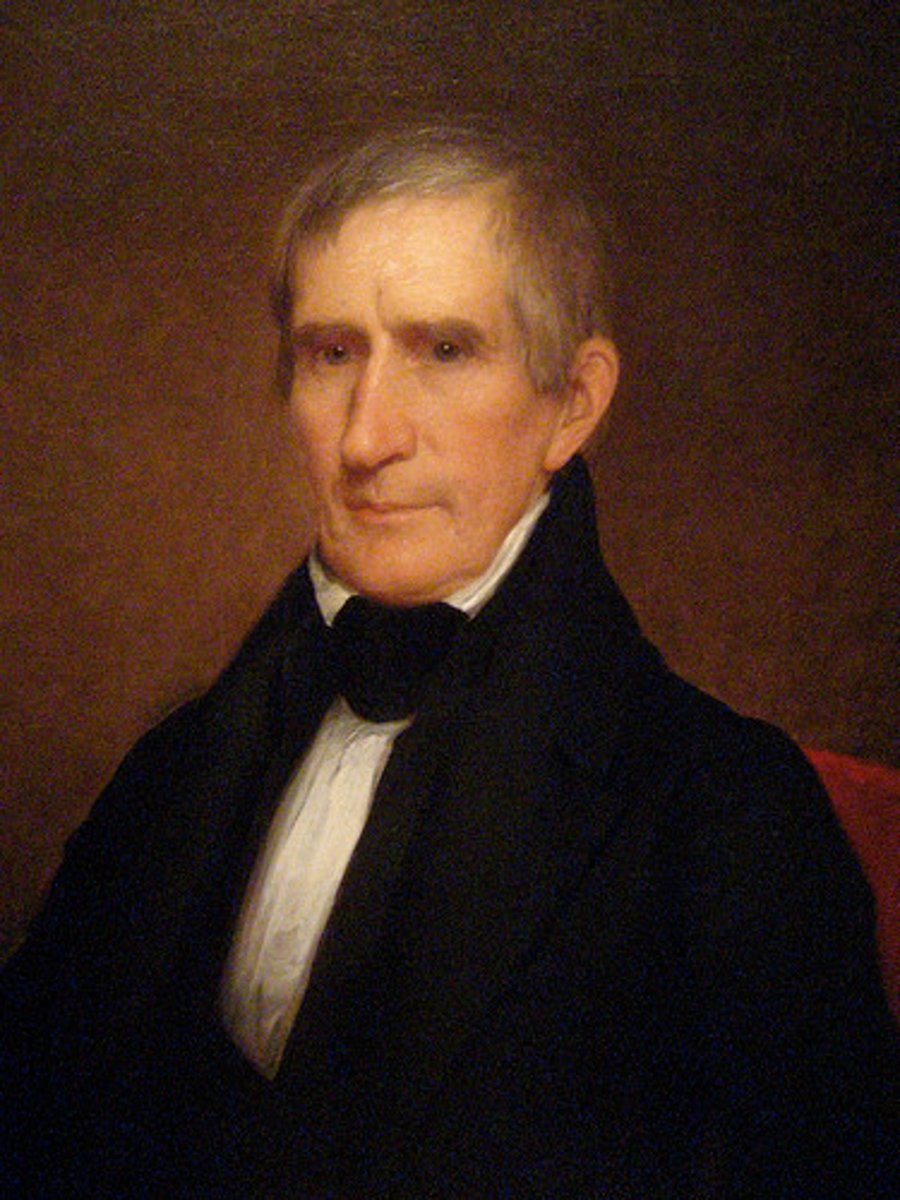Dual Credit US History - Unit 3
1/128
There's no tags or description
Looks like no tags are added yet.
Name | Mastery | Learn | Test | Matching | Spaced |
|---|
No study sessions yet.
129 Terms
Revolution of 1800
*Jefferson believed his election to the presidency was a second revolution
-New Englanders feared he would outlaw religion and buried their or hid them in wells
*The South supported Jefferson and allowed universal white male suffrage contrary to northern federalist
*Territorial expansion would guarantee the necessary land for his farming utopia
-Used the presidency to build the Democratic Republicans
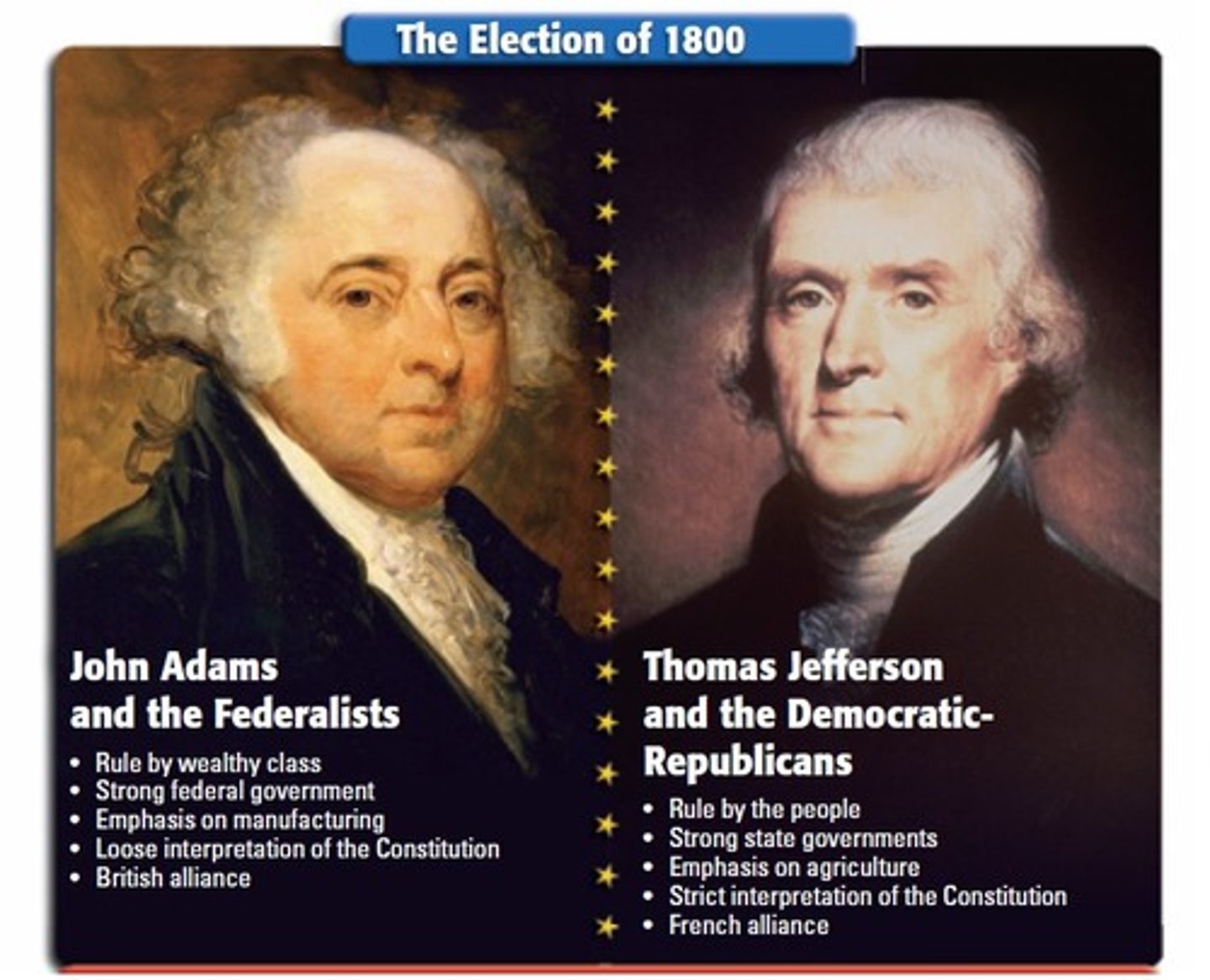
Thomas Jefferson
*White House dinners seated by rank and invited only men
*Dressed sloppy for visitors & sent messages to Congress because of his weak speaking voice
*Changed the 14 year wait for citizens to 5
*Signed a law in 1807 that outlawed the importation of slaves from Africa
*Hired Albert Gallatin as Secretary of the Treasury who reduced the National Debt by 40%
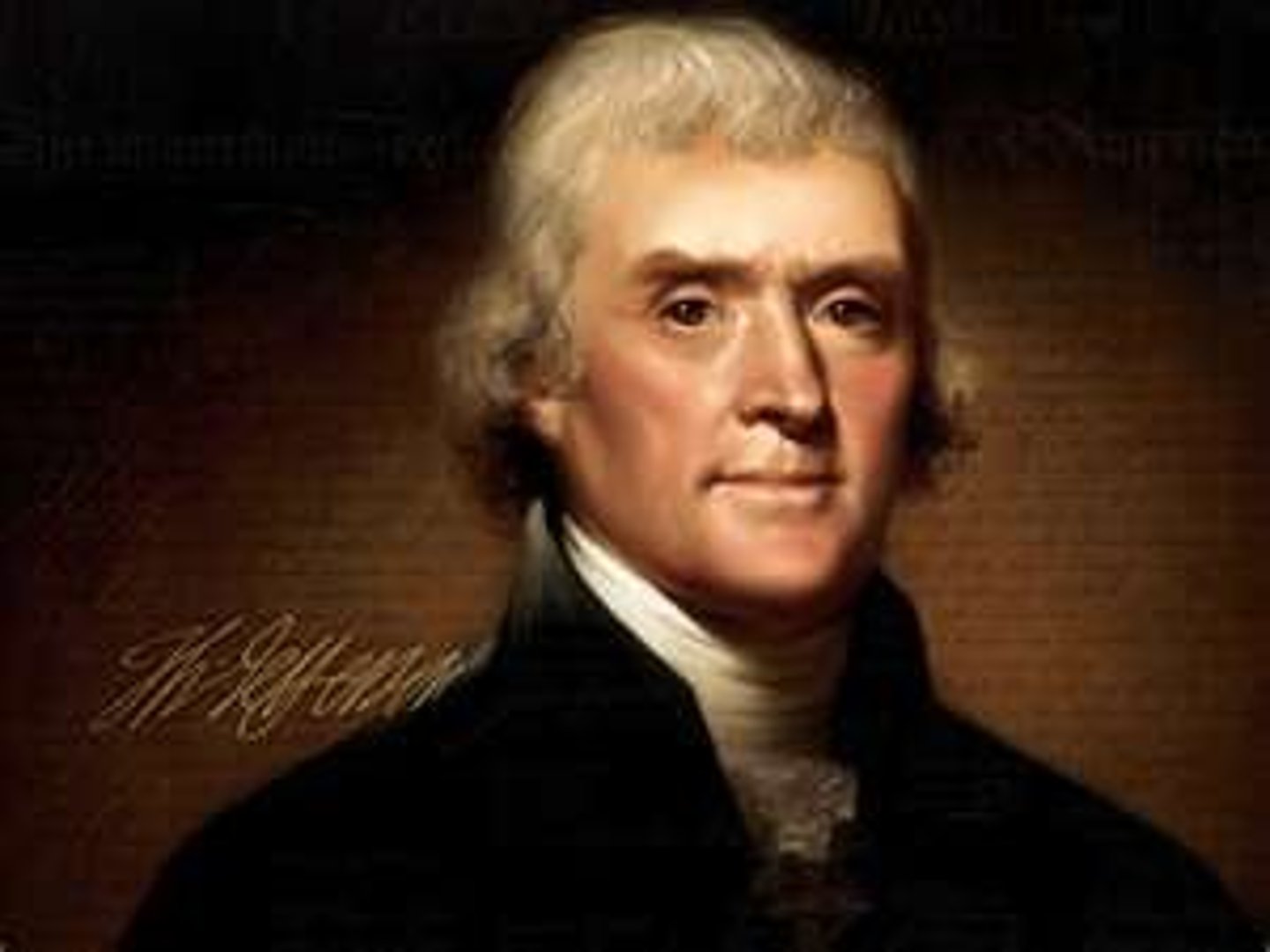
Judiciary Act of 1801
-Created 16 new federal judges
*Adams appointed his last night in office
-Leading to the term MIDNIGHT JUDGES
*Jefferson tried to remove Marbury in MARBURY V. MADISON (1803)
*John Marshall's ruling created JUDICIAL REVIEW - the ability to decide if issues clashed with the Constitution
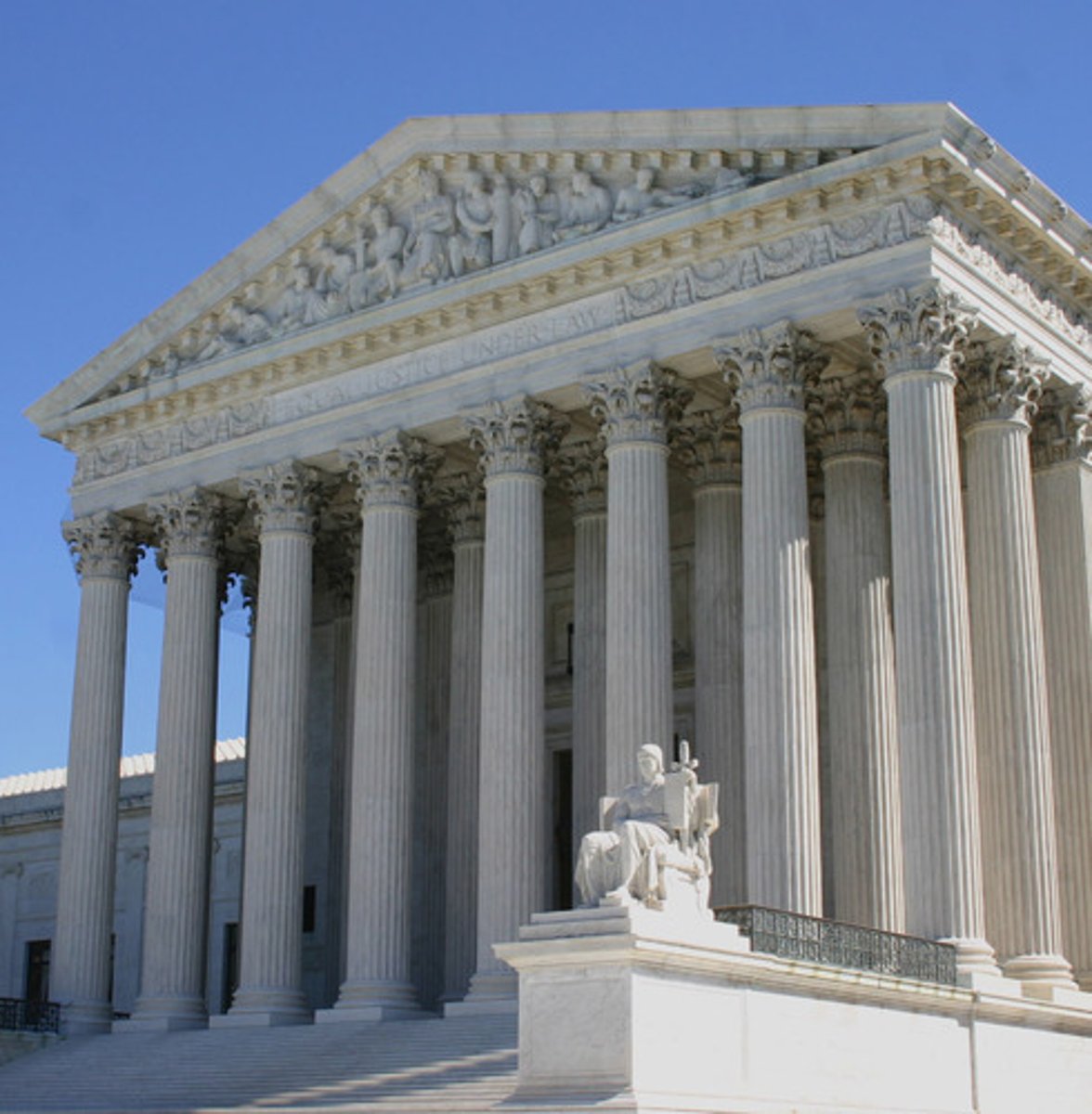
Impeachment
-trying to remove an official from office
*Supreme Court Justice Samuel Chase was brought up on impeachment charges but he was found not guilty
*The last time a Supreme Court Justice was brought up on charges.
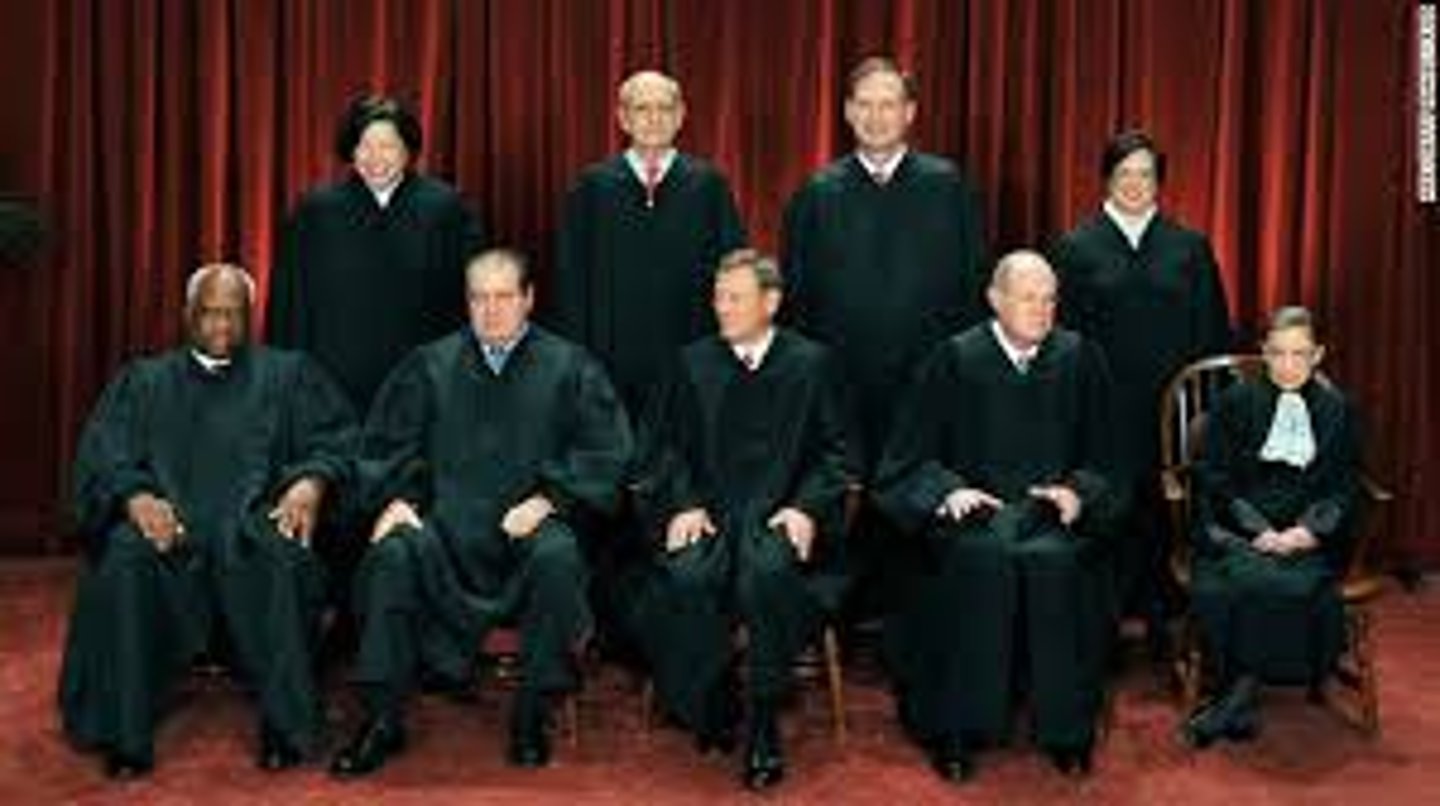
Sally Hemmings
-The half sister of Martha Jefferson and Jefferson's slave
*Had five children with Jefferson
*The press made their relationship controversial
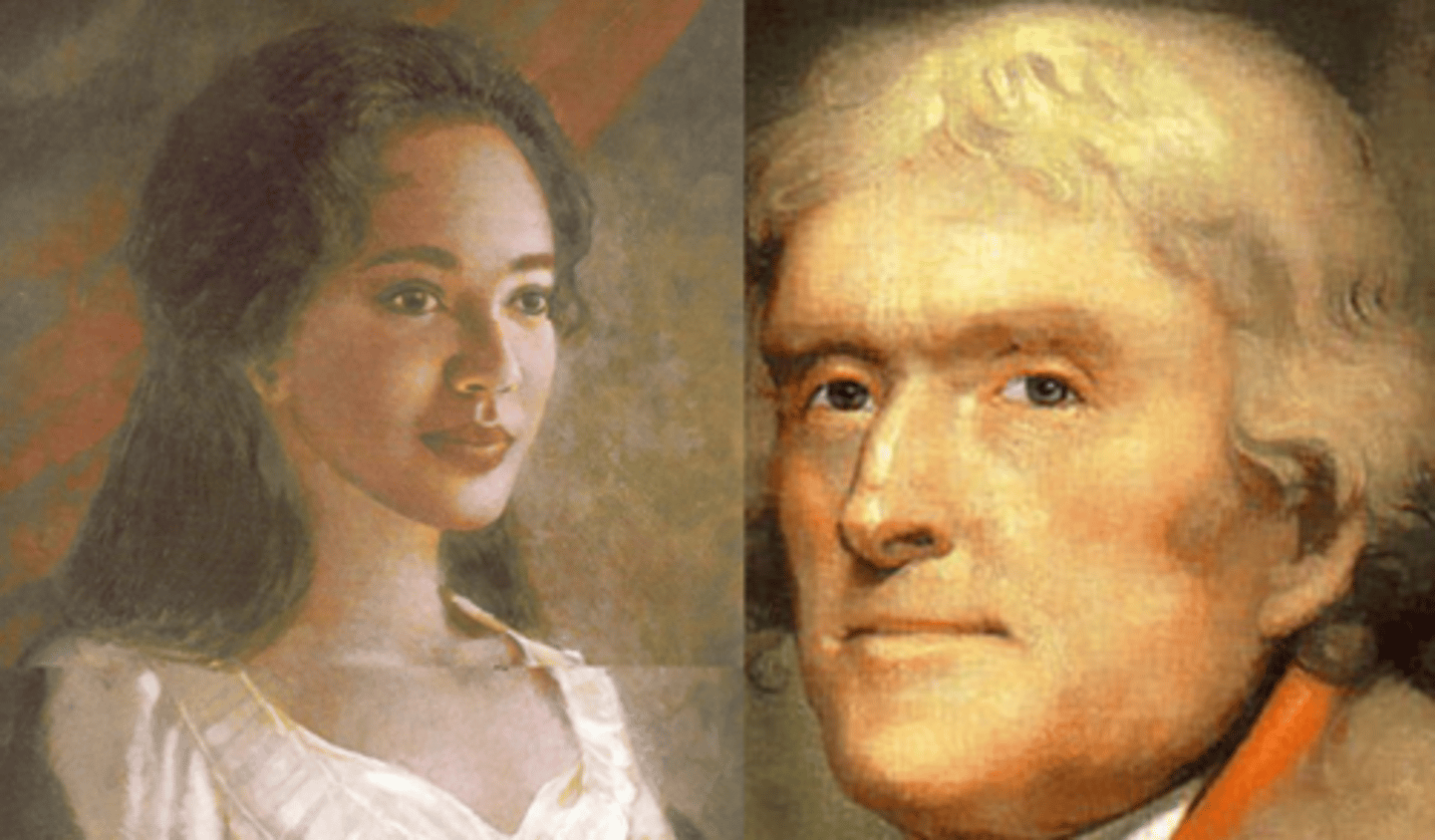
Tripolitan War
-The Tripoli Pasha enslaved US sailors and demanded a high ransom from the US
*Jefferson's "mosquito fleet" helped with the victory.
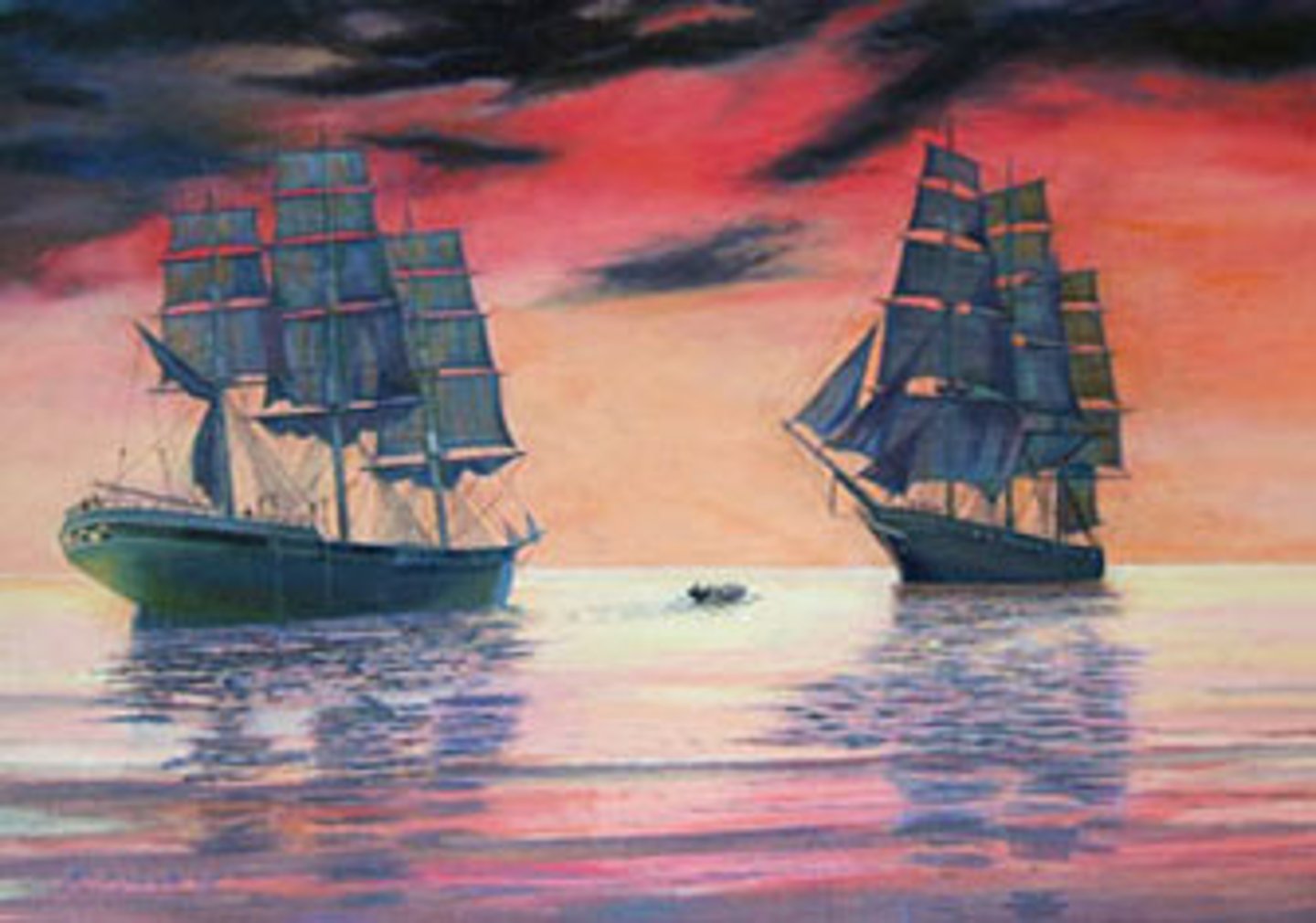
Treaty of San Ildefonso
-A secret agreement in 1800
*Spain agreed to give the Louisiana Territory over to the French in exchange for some land in Italy
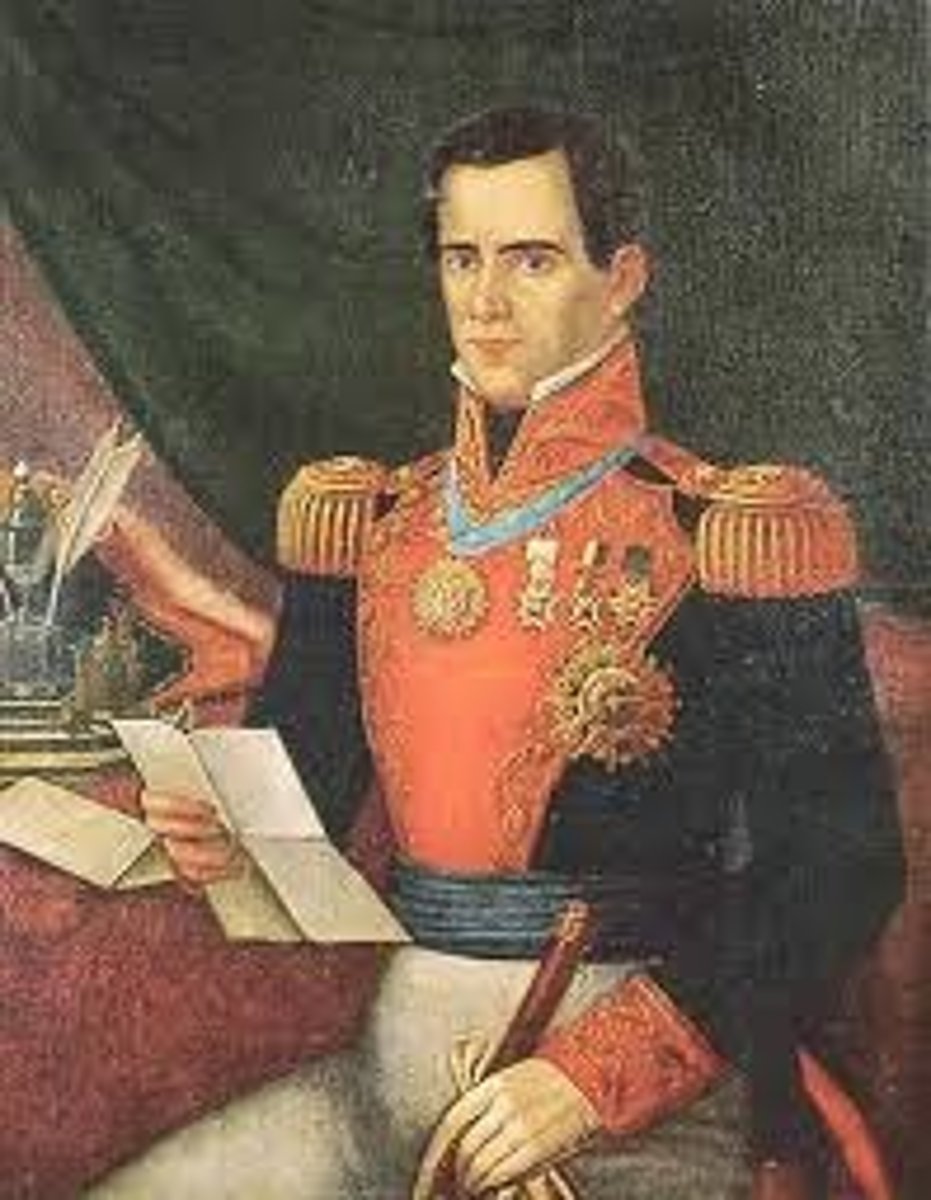
Louisiana Purchase Treaty
-James Monroe was sent to France to buy New Orleans and any other land they could acquire for $10 million
-Napoleon Bonaparte was afraid to lose it to Britain so it was sold to the US for $15 million; 828,000,000 acres for under 3 cents an acre.
*He used the implied powers established by Hamilton to make the purchase
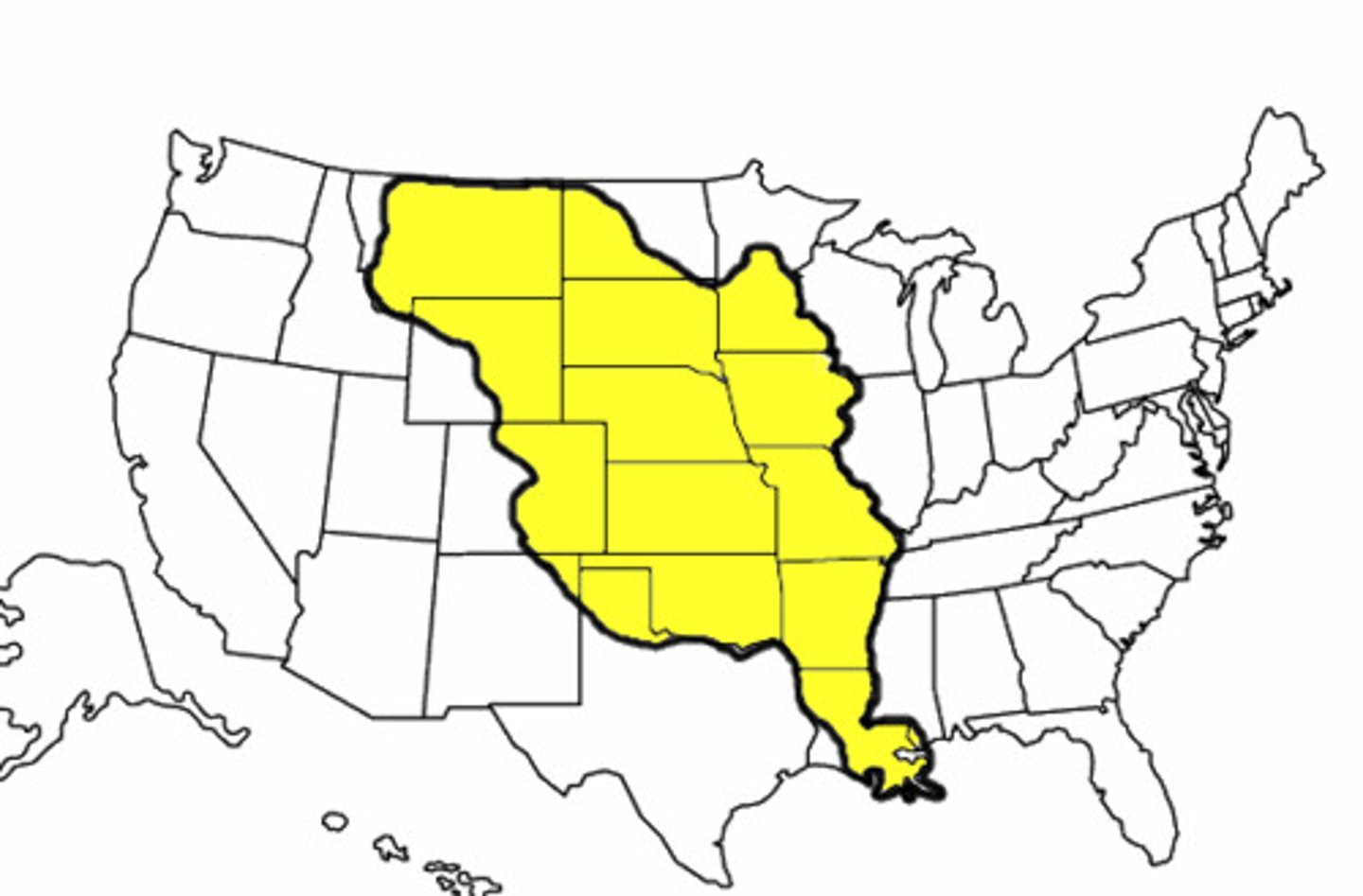
Meriwether Lewis & William Clark
-Sacajawea was a Shoshone Indian who served as their guide
*Sent to explore Louisiana
-Their westward push took them to Oregon
-Giving the US a claim to the unclaimed Oregon Territory

James Wilkinson
-Revolutionary General who acted as a spy for the United States and France in the Louisiana Territory
*Military Governor of Louisiana
*Launched several schemes to take land in Mexico, Louisiana, and Texas
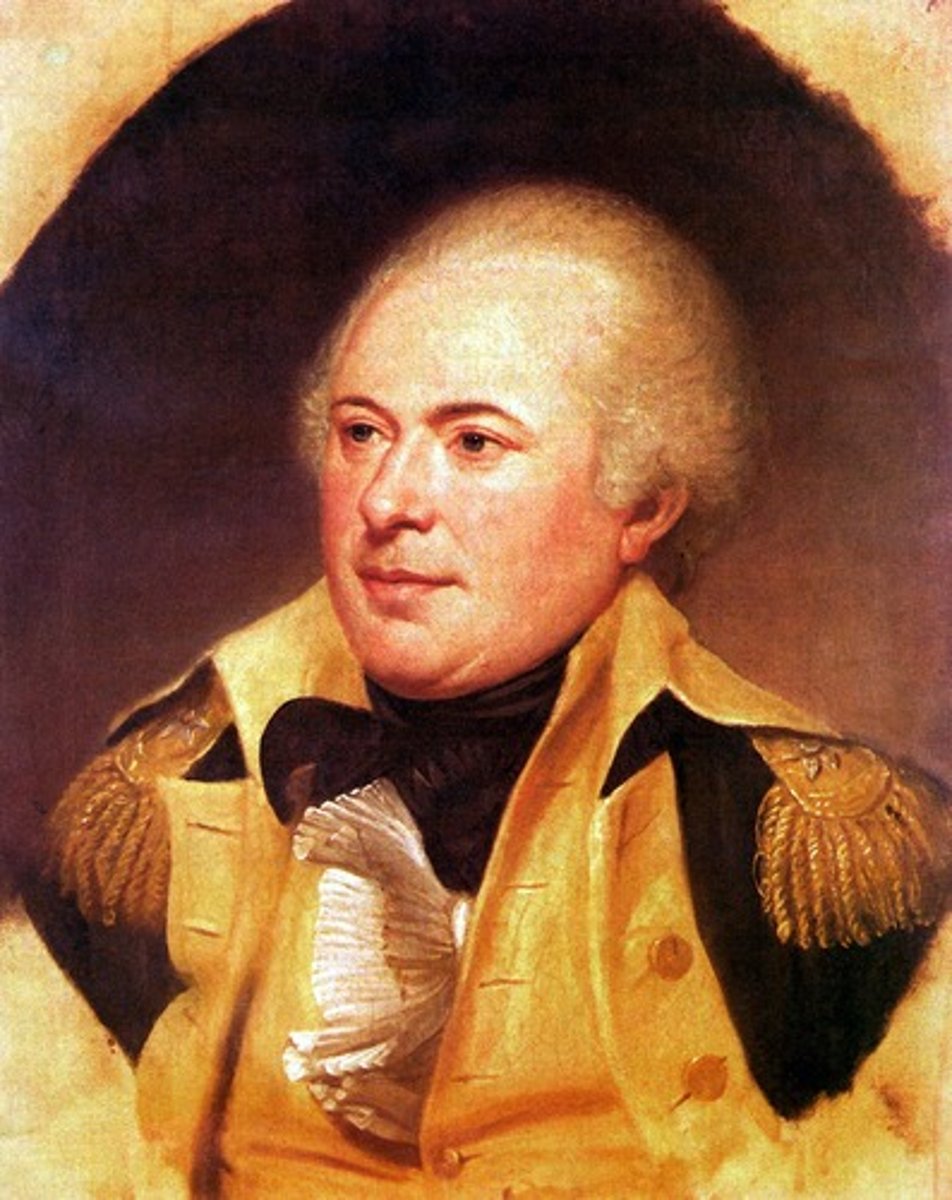
Zebulon Pike
-sent to find the source of the Mississippi River
*ends up in Colorado and is then captured by the Spanish
*Explored the Rockies
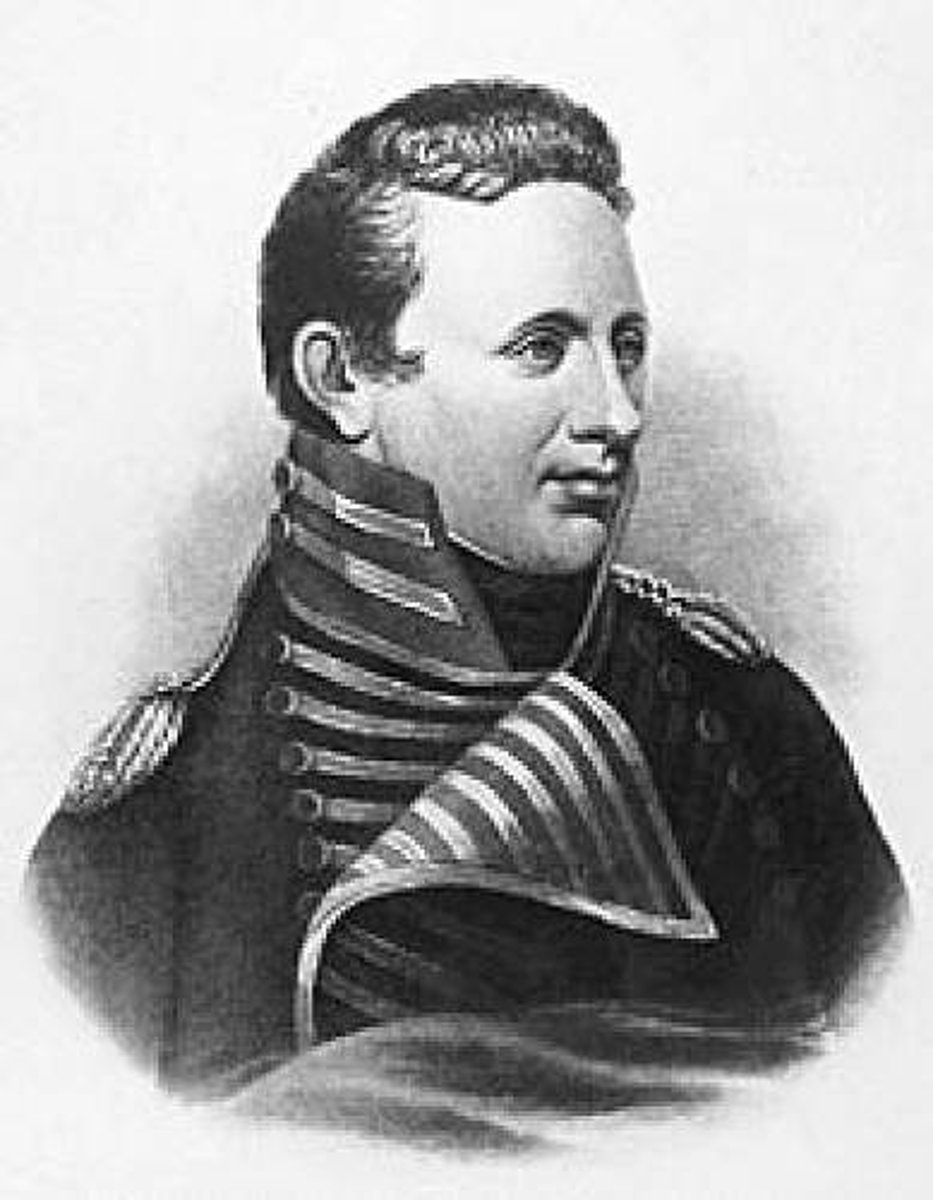
Aaron Burr
-ran for Governor of New York and tried to join New York with New England to form a new country
*Hamilton exposed the plan and died in a duel with Burr
*New York & New Jersey murder charges on Burr
*Burr tried to build a new empire on Spanish land with Wilkinson. but was betrayed and tried on conspiracy charges
*Jefferson did not appear because of executive privilege, not guilty

Embargo Act of 1807
-Jefferson's plan to bring Britain and France to the bargaining table believing that they were dependent on US foods and raw materials.
*Stopped all exports and imports
*Causes Smuggling
*Led to the foundation of US industries
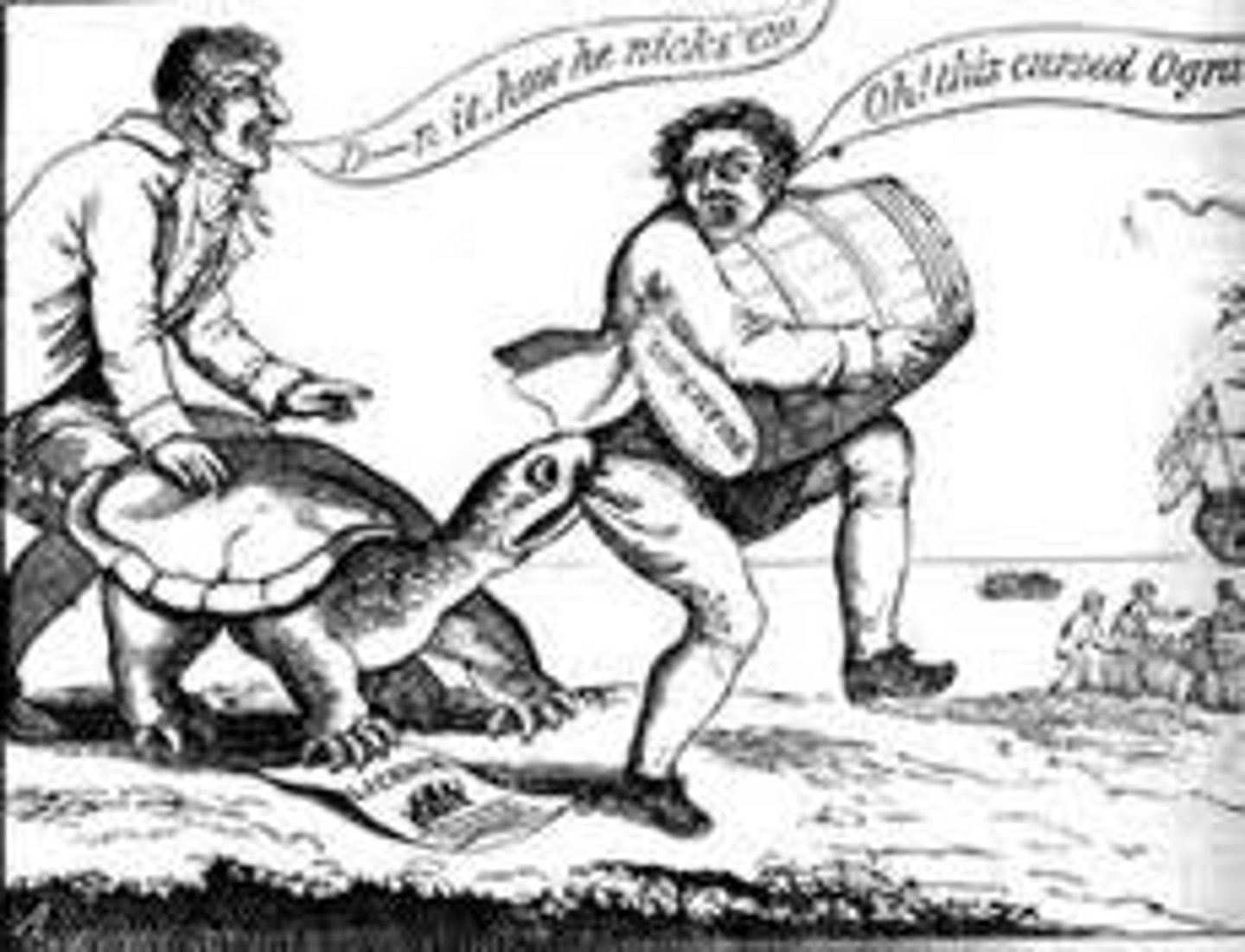
Essex Junto
-a Federalists scheme, where several New England states would form a separate nation
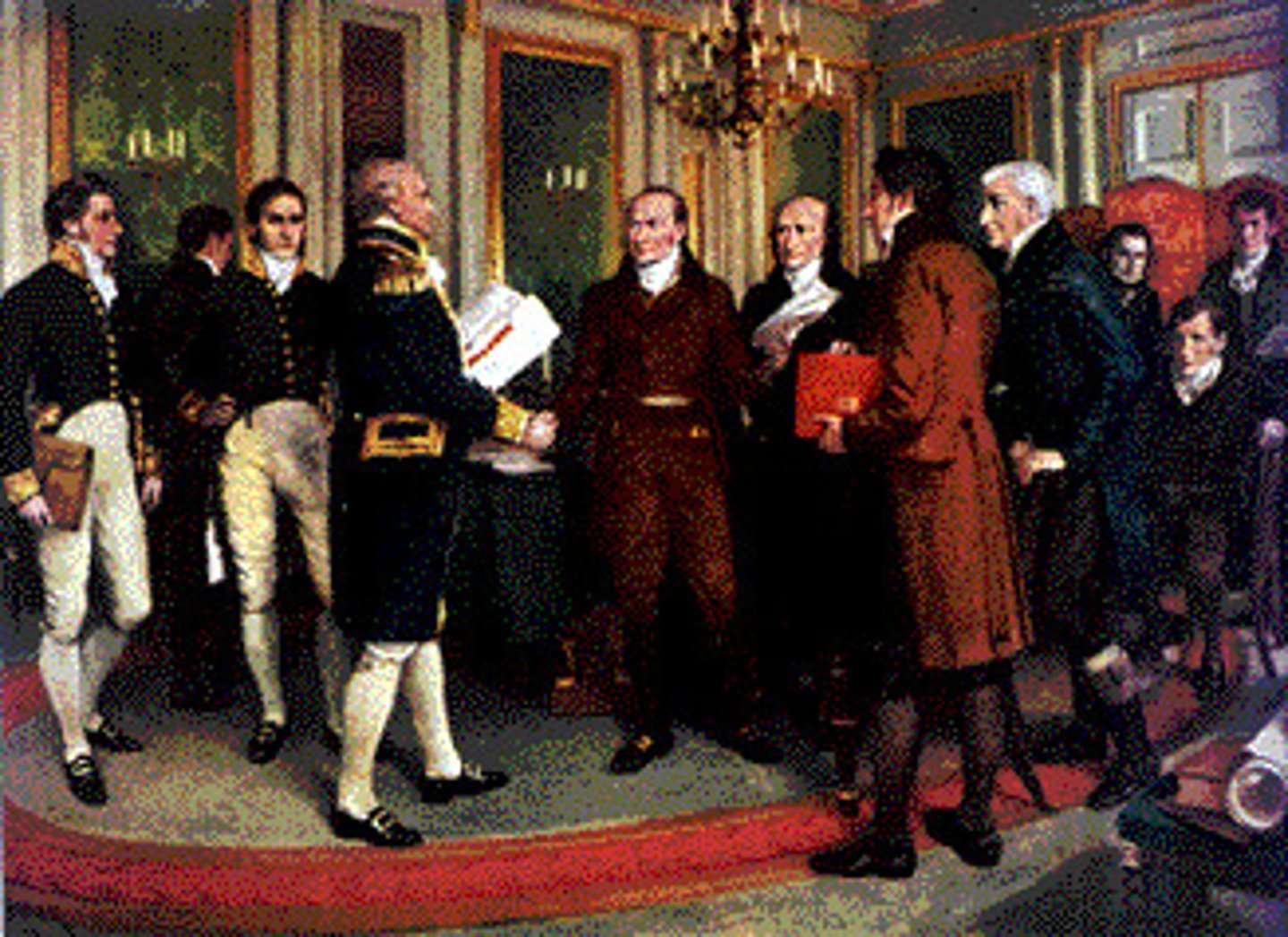
Impressment
-legalized kidnapping of US sailors thought to be British sailors
*over 6,000 between 1808 and 1811
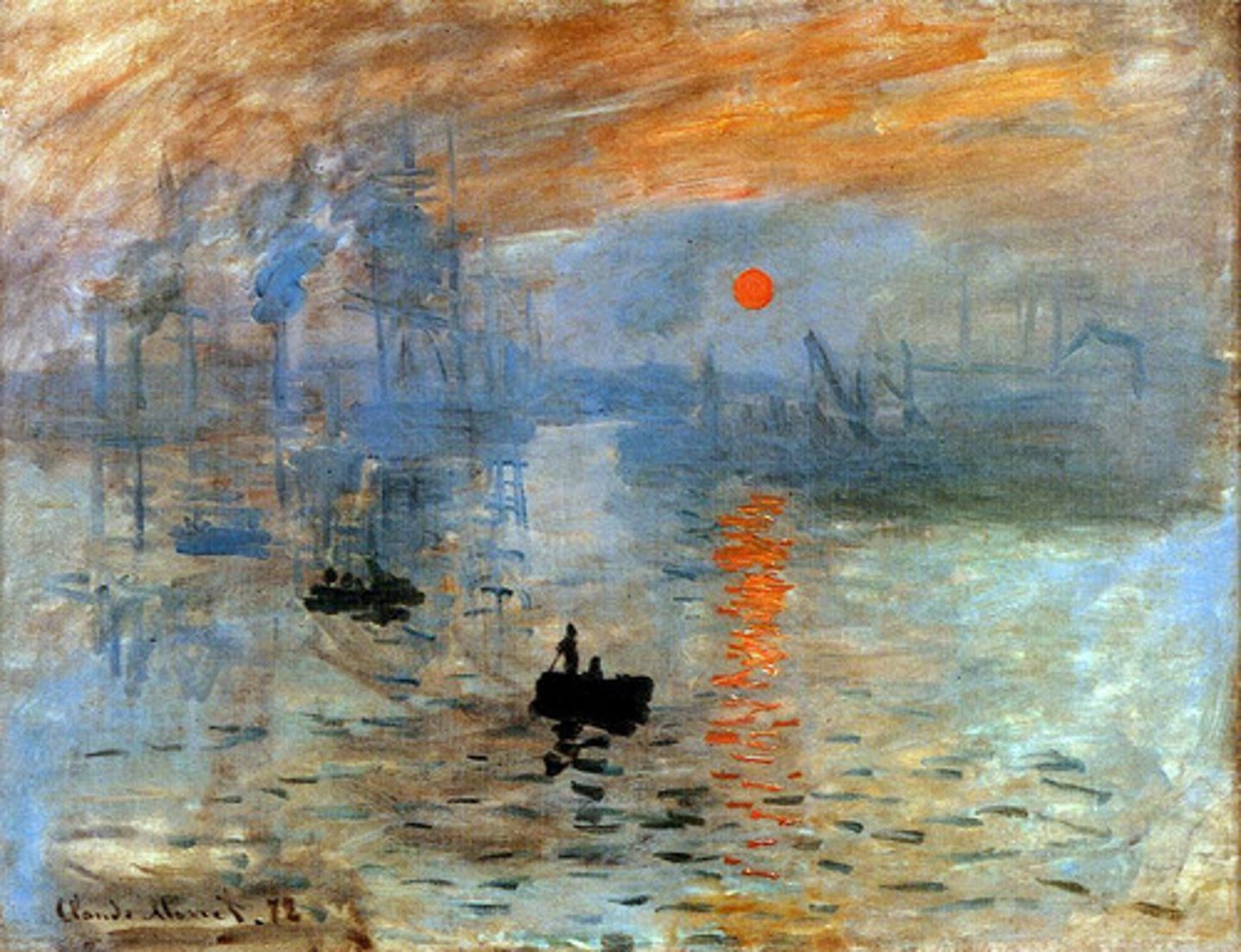
War Hawks
-members of Congress from non trading states who wanted war with Britain

U.S.S. Chesapeake
attacked by the British attempting impressment, 3 US sailors die, 18 wounded
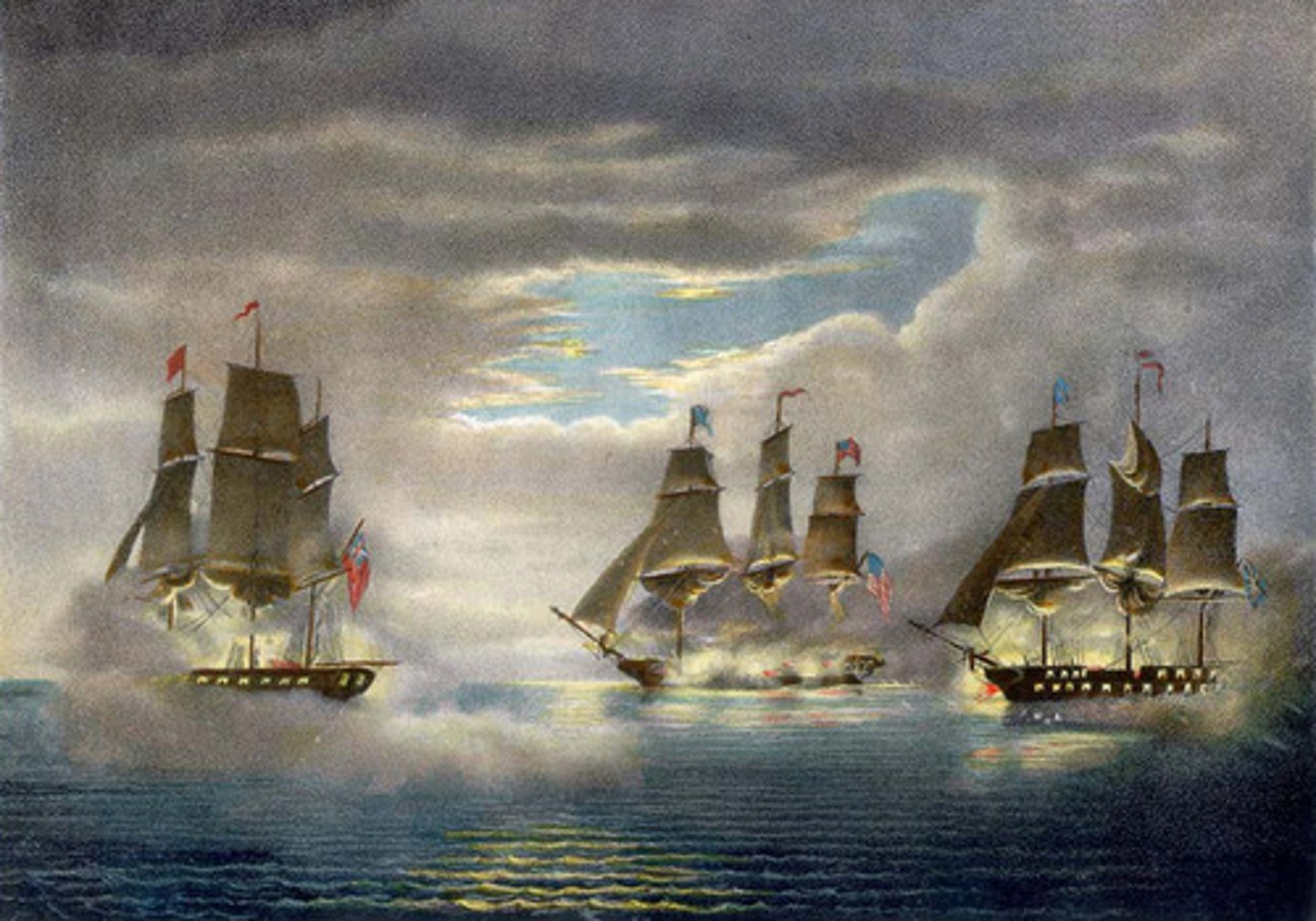
Election of 1808 and 1812
Election of 1808 - 17 states Madison was elected twice by large margins
Election of 1812 - 18 states
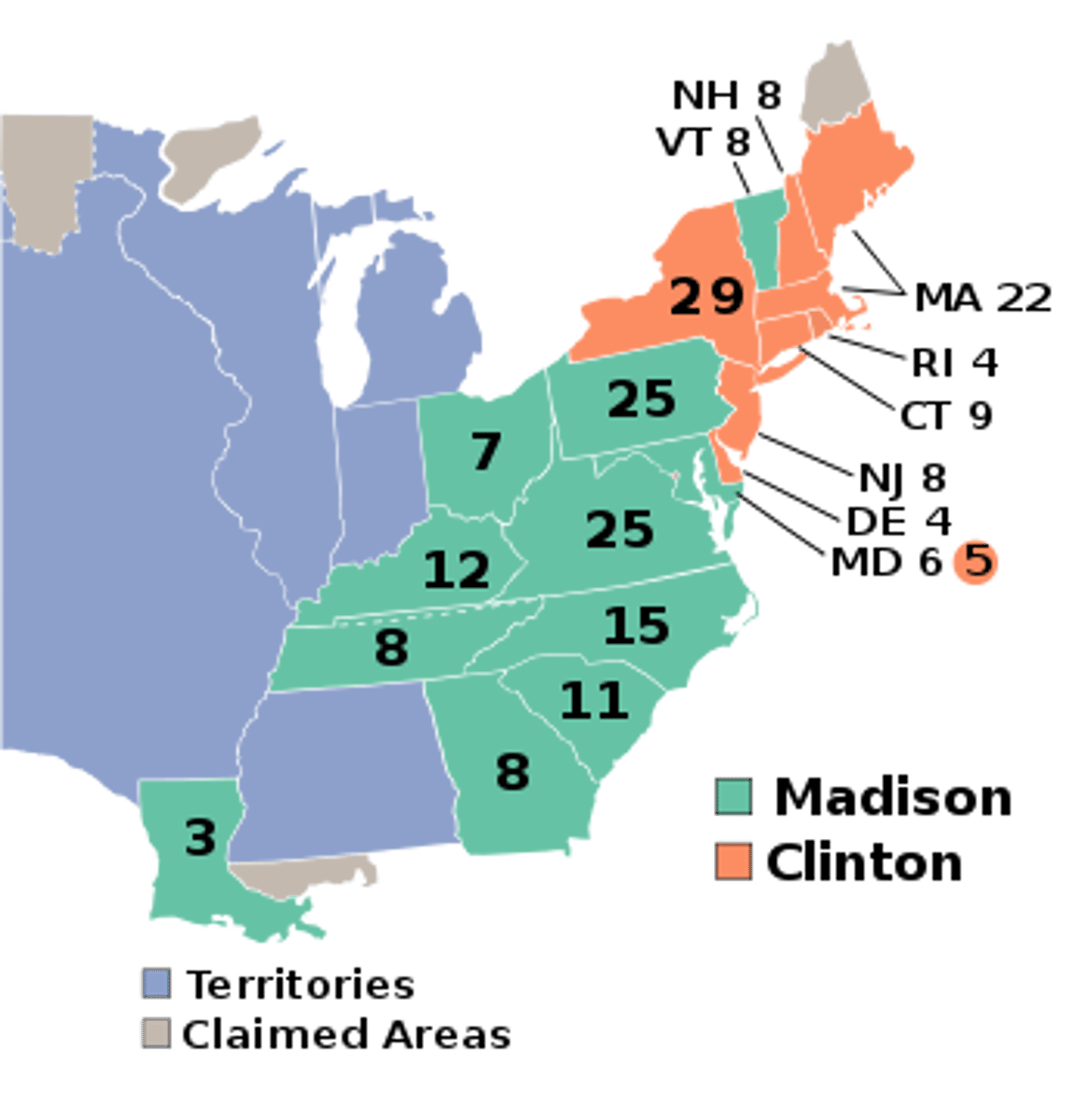
Non-Intercourse Act of 1809
-reopened trade with the rest of Europe except Britain or France
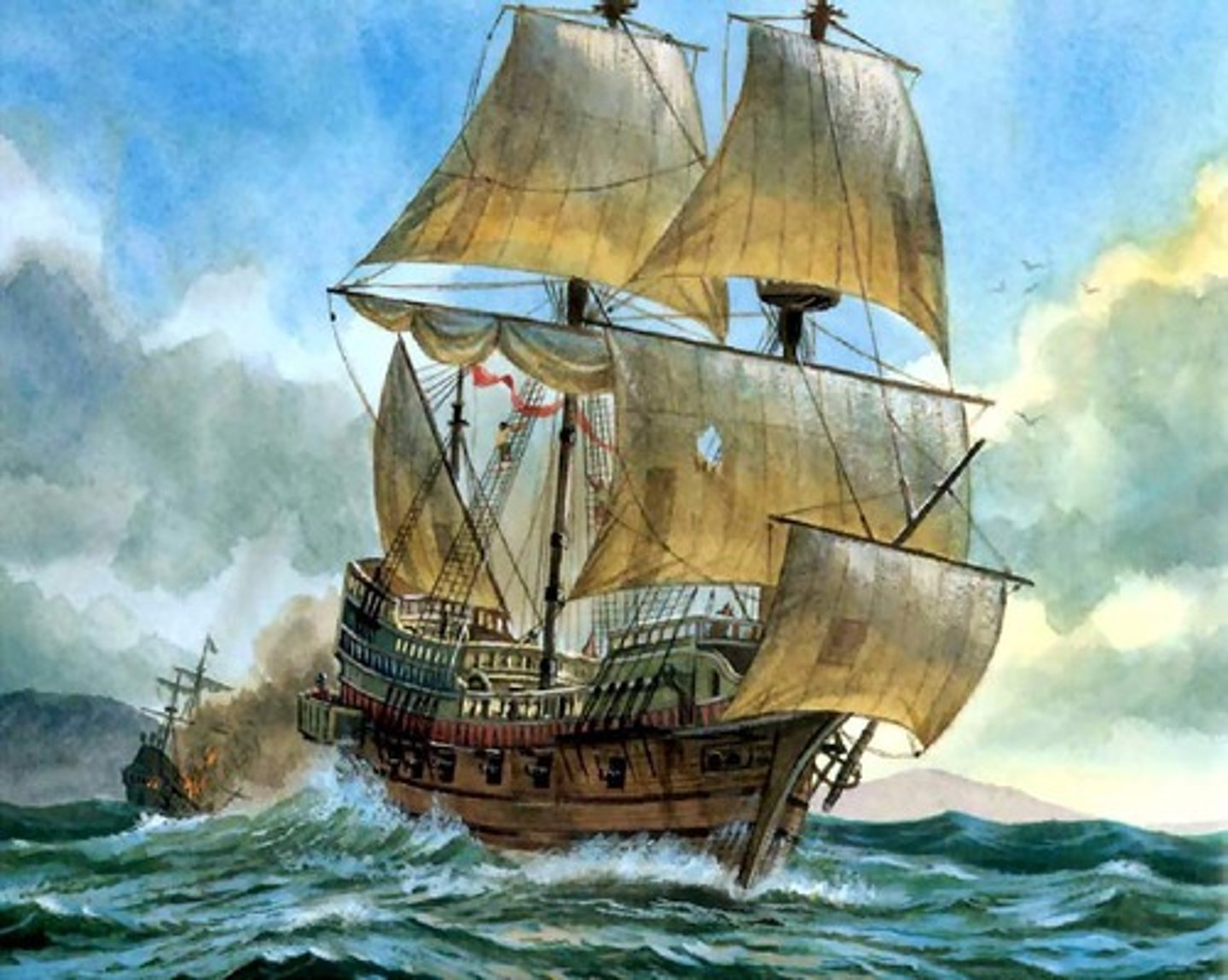
Macon's Bill No.2
*reopened trade with warring powers
-if either country agreed to remove their restrictions
-Britain did not hold their end of the deal leading to war
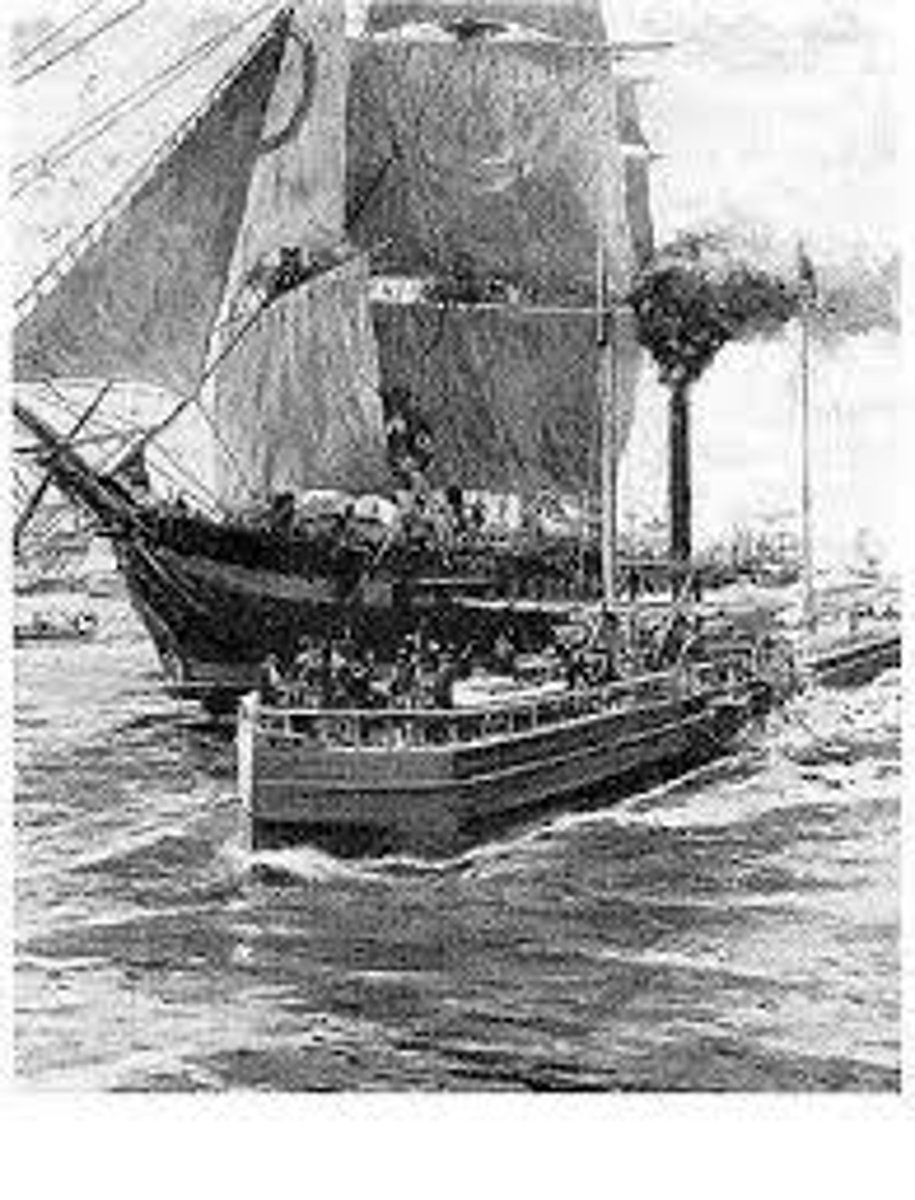
Tecumseh & Tenskwatawa
"The Prophet" - two Shawnees who created a confederacy of East Mississippi tribes to fight the encroachment of white man
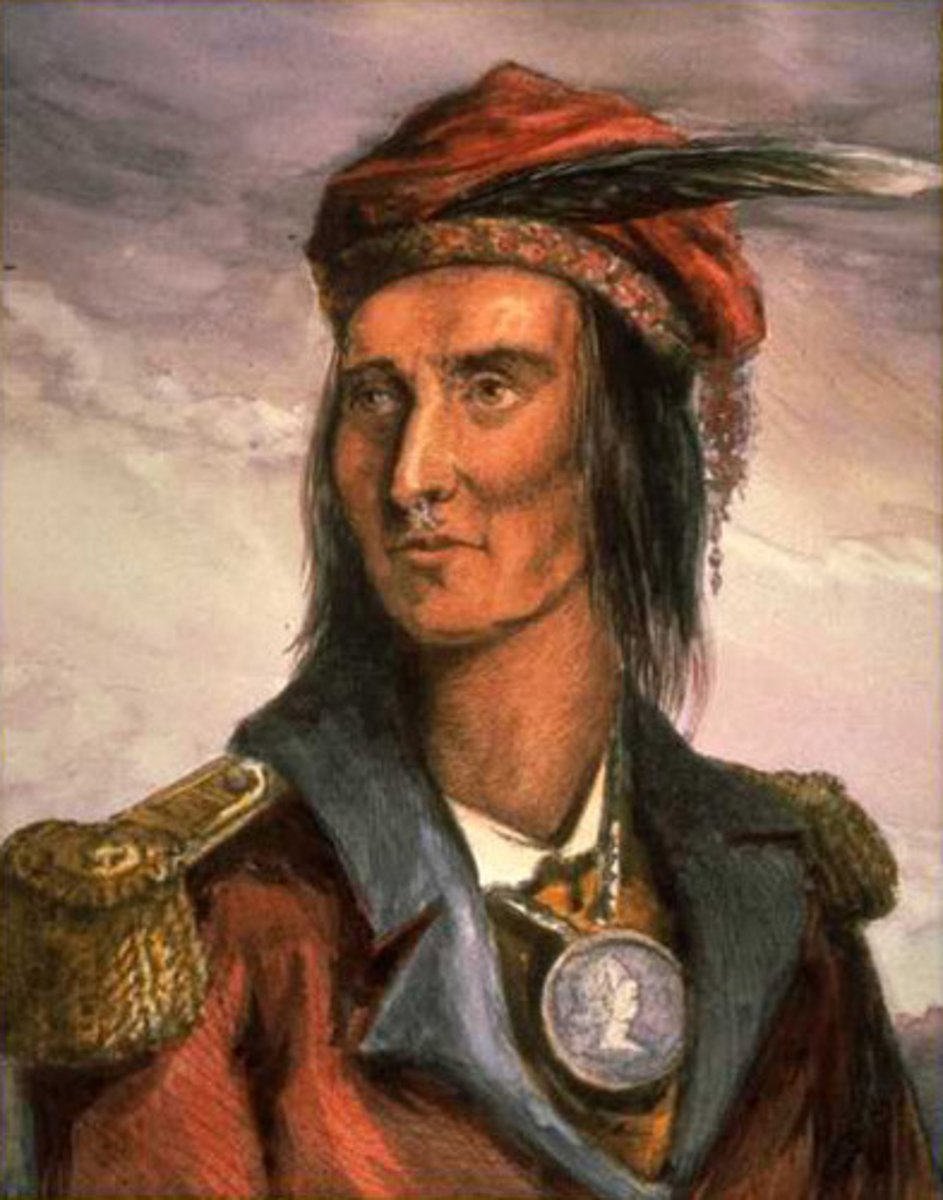
Battle of Tippecanoe (Tecumseh VS William Harrison)
-William Harrison went tot attack Prophet Town, Tecumseh's capital city
*Tenskwatawa died
*Harrison lost 1/4 of his men and realized he won later
*It showed the British supported the upring when Tecumseh went to Canada after the battle

Causes of the War of 1812
1. Stop impressments
2. Tippecanoe
3. Stop attacks on US Trade
4. US receives neutral rights for trade
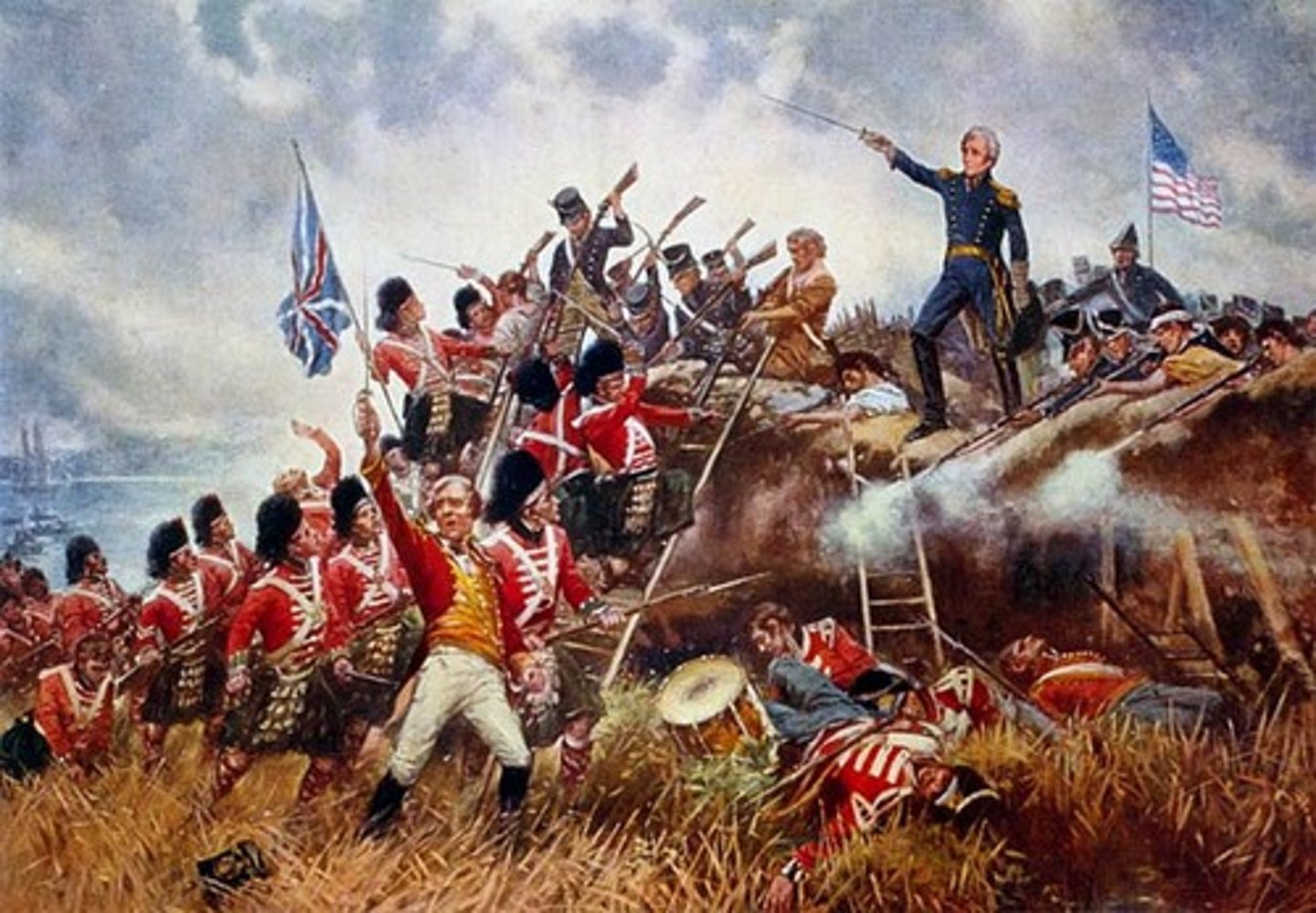
War of 1812
-2nd war for Independence
*Supported by James Madison and the South, united Democratic-Republicans
*Conquer Canada
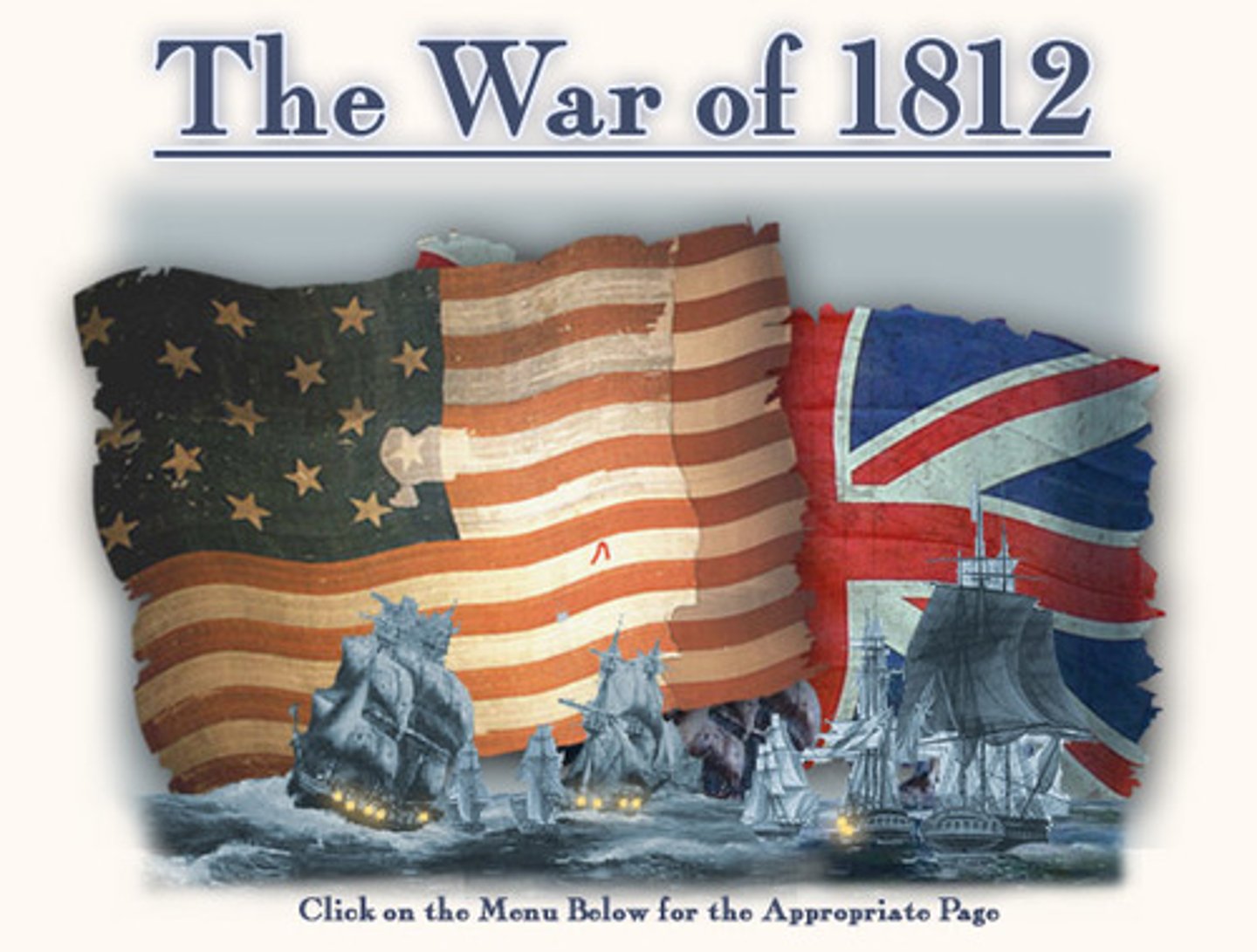
U.S Problems with Waging War
1. Trade falling apart-lack of funds to support war
2. Bank of the US not renewed
3. Army was unprepared
4. Led by old revolutionary generals
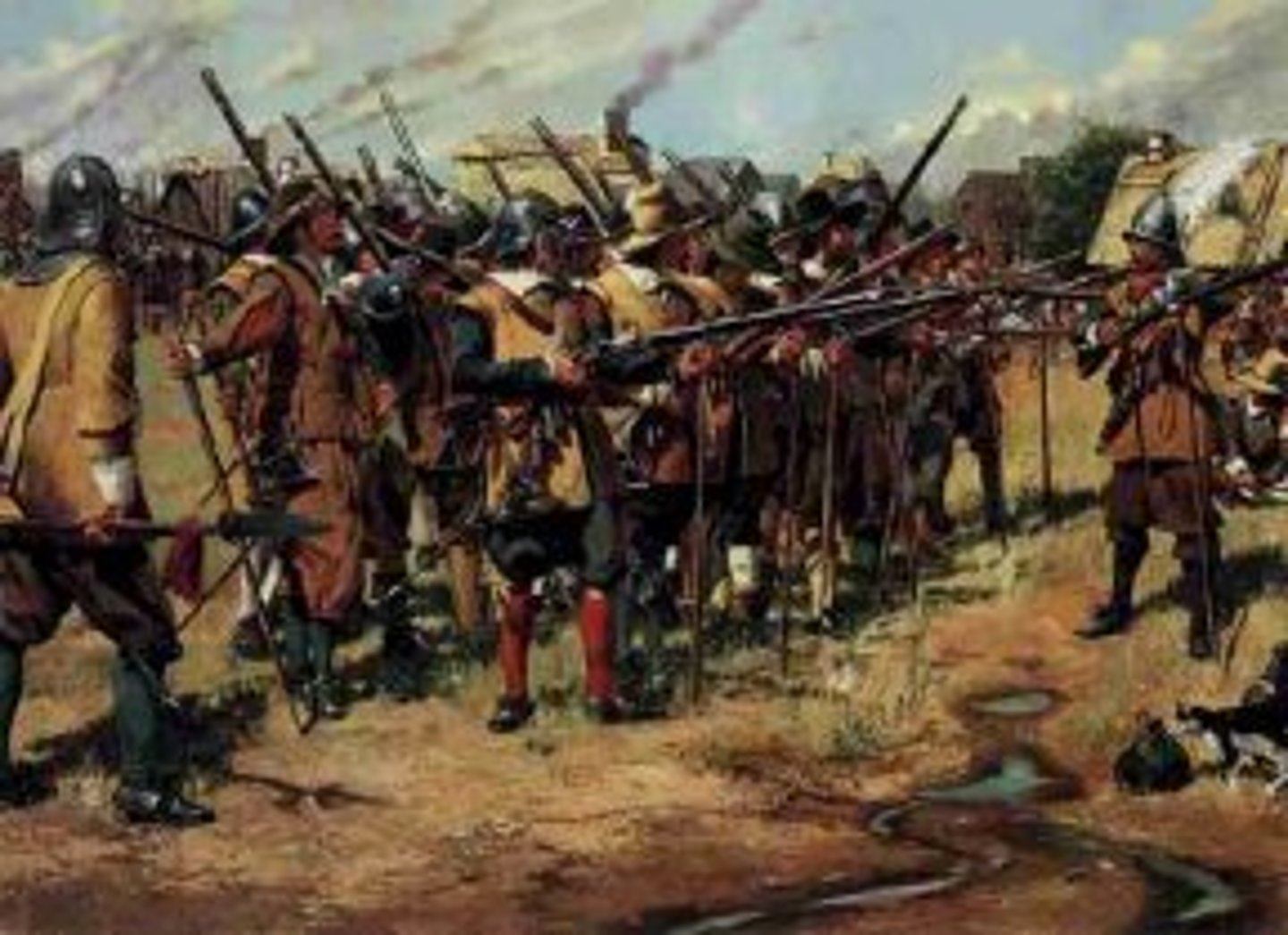
U.S Invasions of Canada
-3 pronged attack from Detroit, Niagara and Lake Champlain
*all failed because of lack of support and militias that would not leave their home states
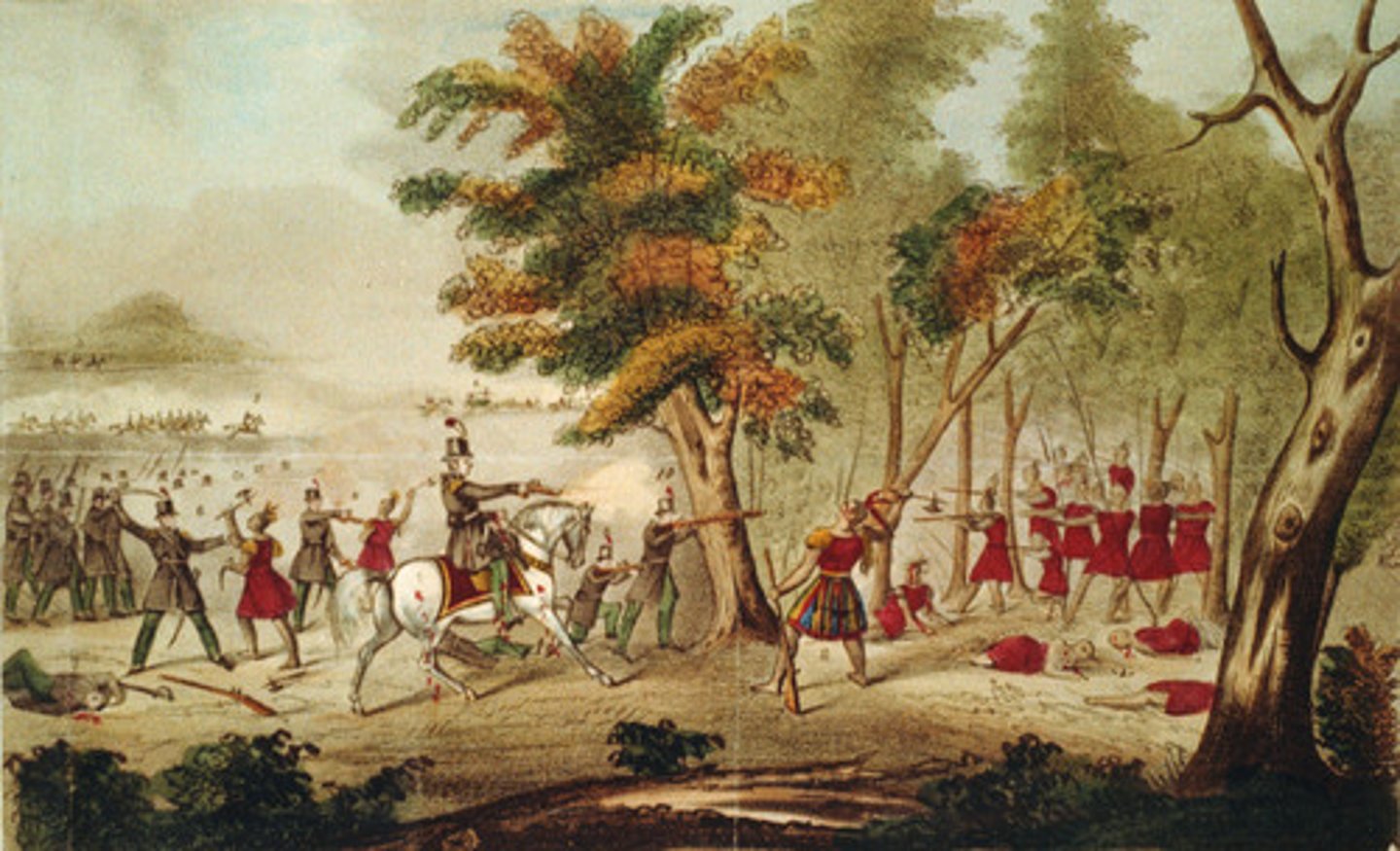
Battle of the Thames
-1813 Britain attempted to create an Indian buffer state in the Ohio River Valley
*Tecumseh was killed
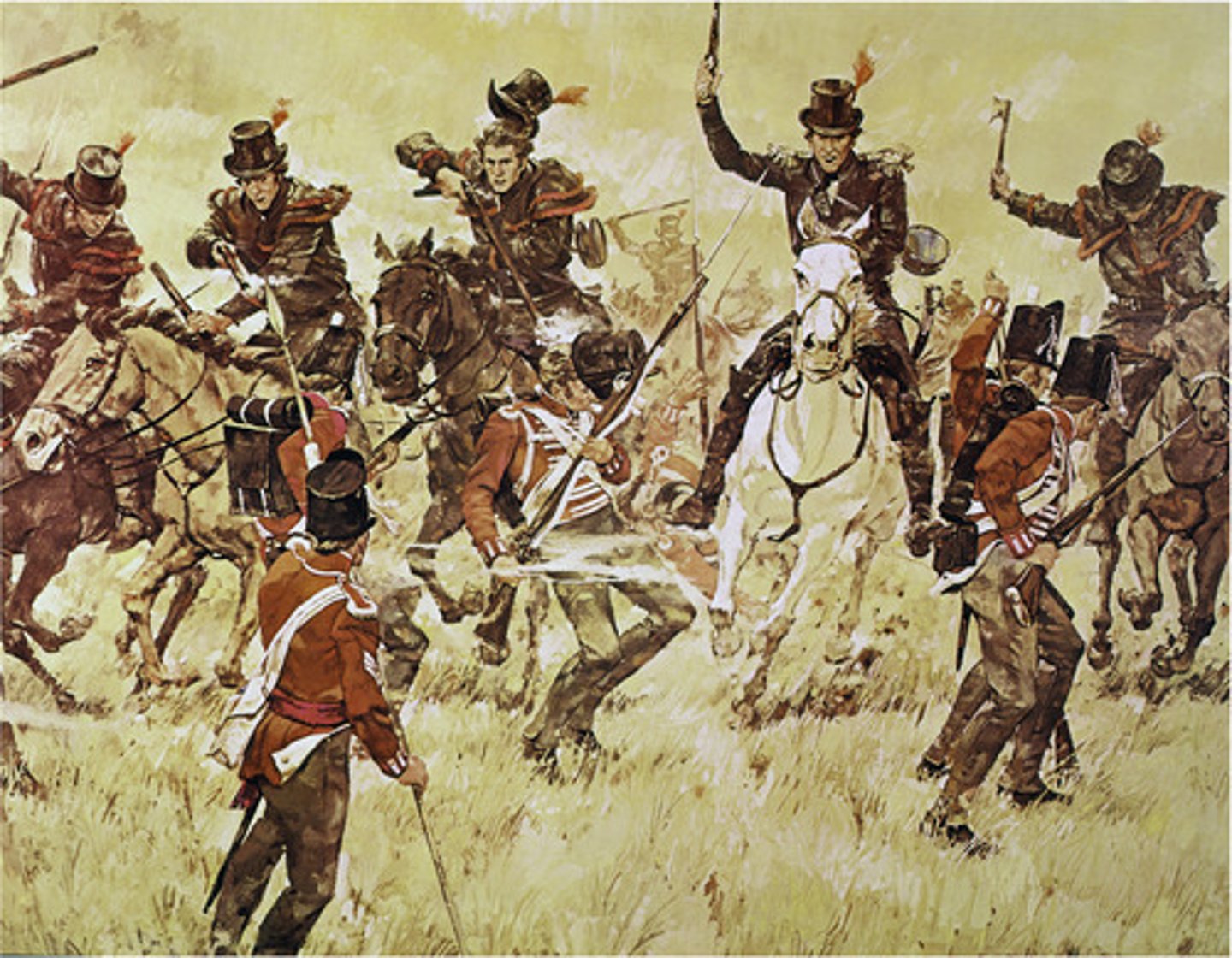
The Battle Wages On!
*disaster for the army in the north except for Harrison
*(Navy)- Commodore Oliver Perry defeated the British and controlled the Great Lakes
*Navy was much more successful
*1 of 6 sailors were free African Americans
*Economy struggled because of the British Blockade and charter for the Bank of the US lapsed
*Britain's victory over France freed thousands of British troops to fight in the War of 1812
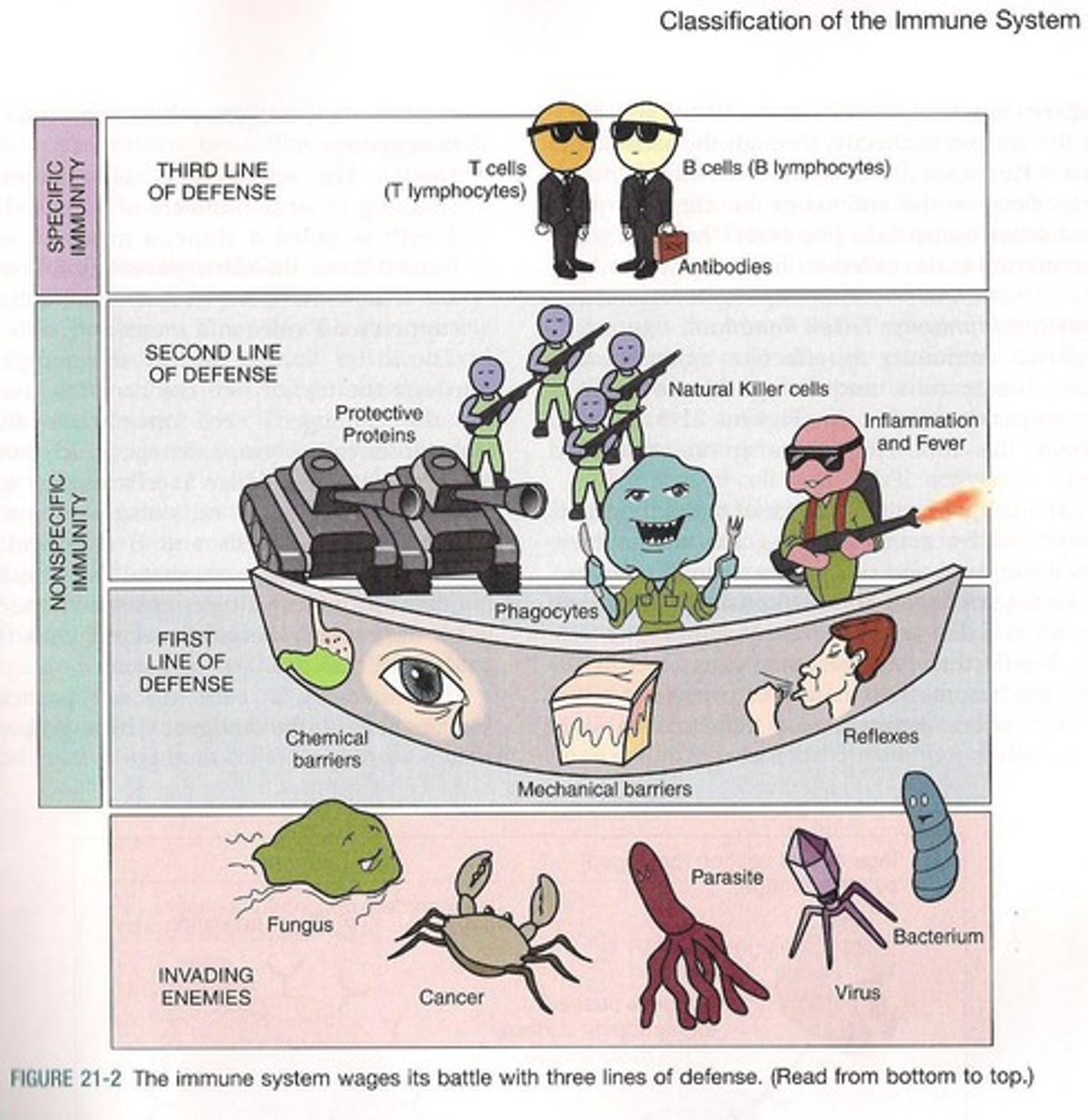
Washington D.C
*British General Ross captured & burned the White House & Capitol Building against a militia led by Madison
*Dolly Madison saved a Washington portrait fleeing the White House
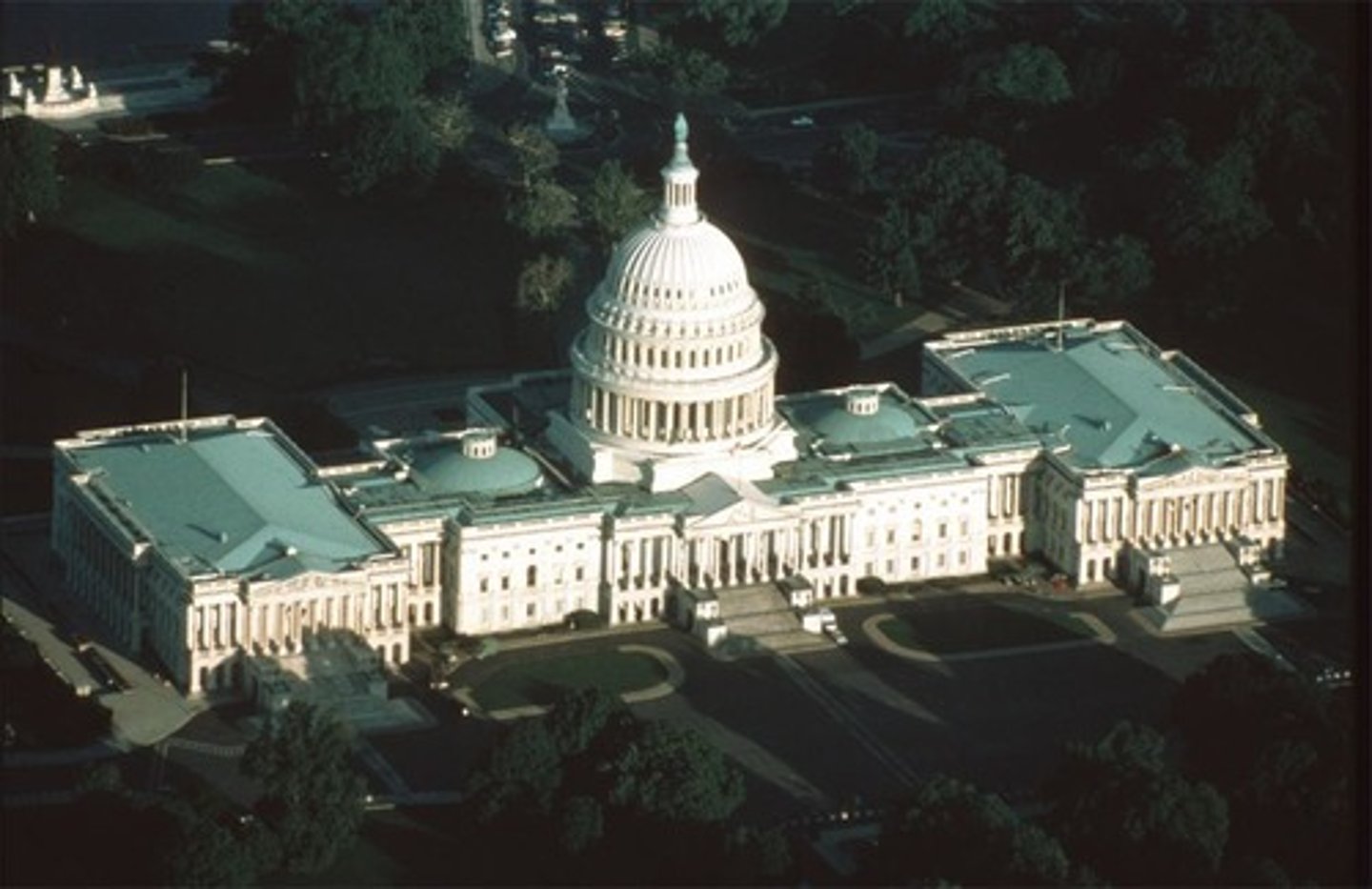
Battle of Fort McHenry
-1,000 held off 13,00
(led to Star-Spangled Banner by Francis Scott Key)
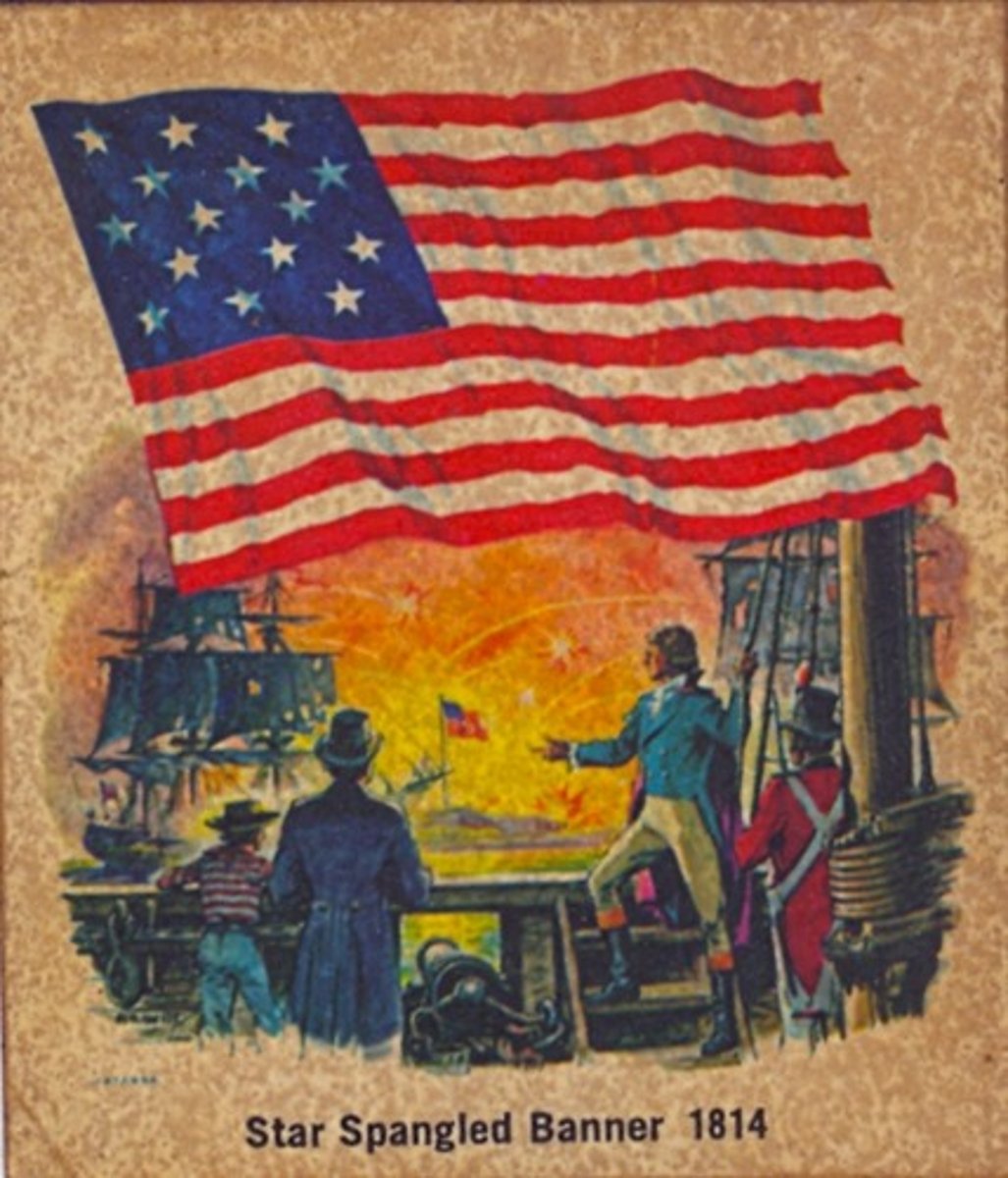
Hartford Convention
*New England protested the war and considered leaving the US
*New England prospered until the British blockade in 1814
*It was led by Federalist and led to the end of the Federalist Party

Treaty of Ghent
-Russian Tear Alexander I negotiated the treaty Belgium on December 24, 1814
*Returned prisoners, boundaries were preserved with no changes
-It took 6 weeks for the news
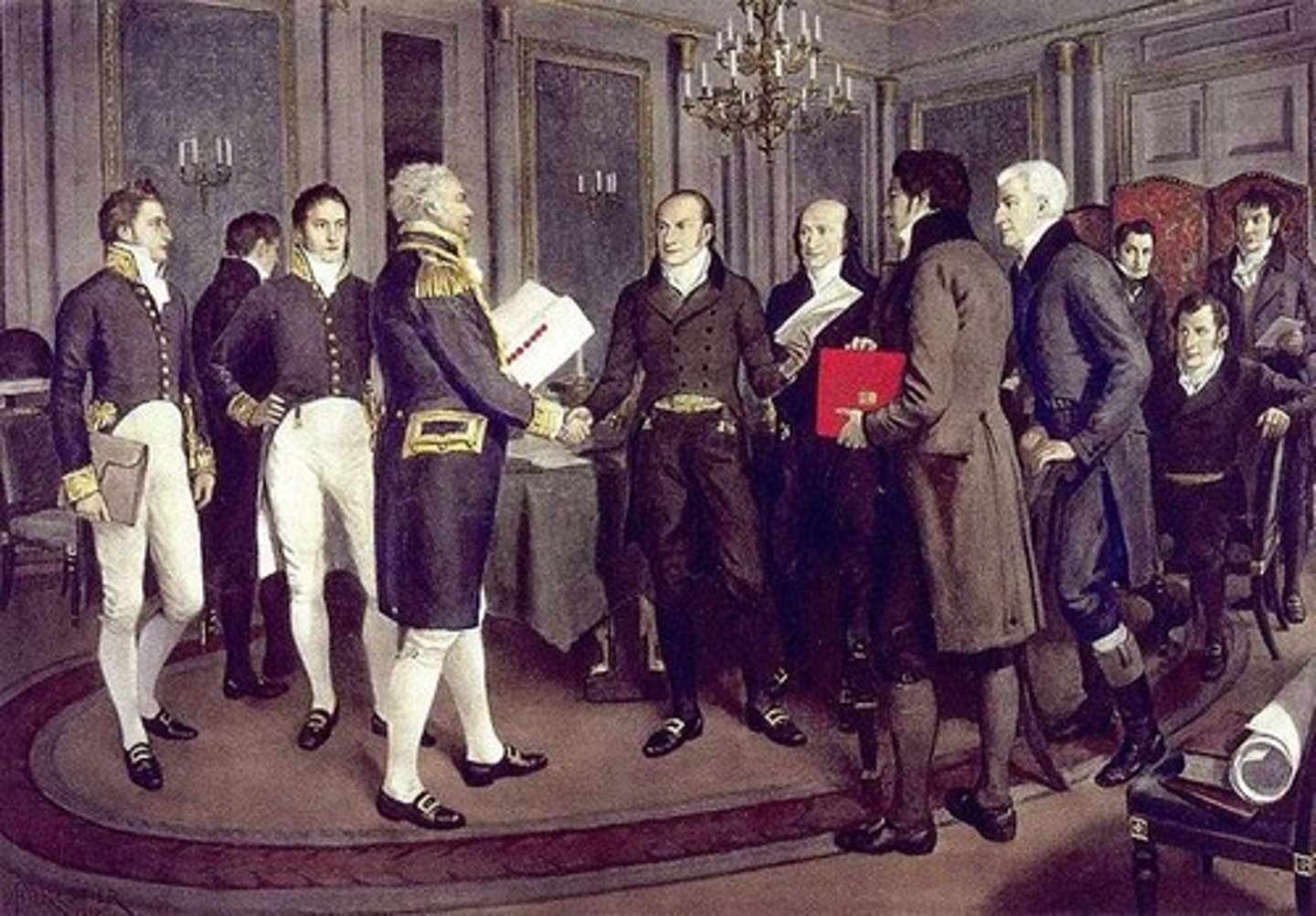
Battle of New Orleans
-On January 8th, 1815, Jackson defeated the British two weeks after the treaty was signed and became a national hero
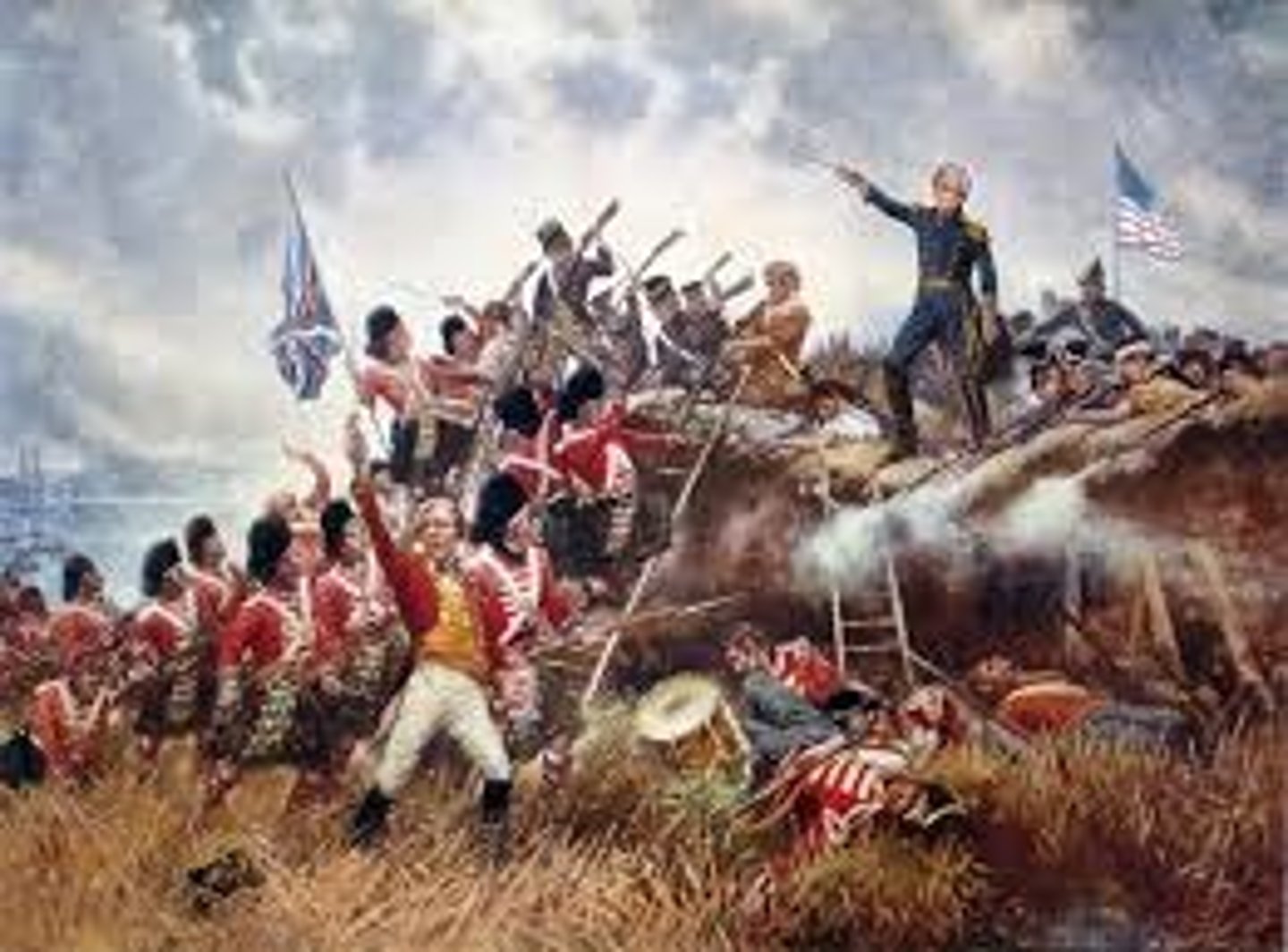
Results of the War of 1812
1. Nationalism, the feeling of strong Patriotism, following the war & united the people
2. Increased U.S. prestige overseas
3. School textbooks taught U.S history instead of British
4. Harrison and Jackson were war heroes who became Presidents
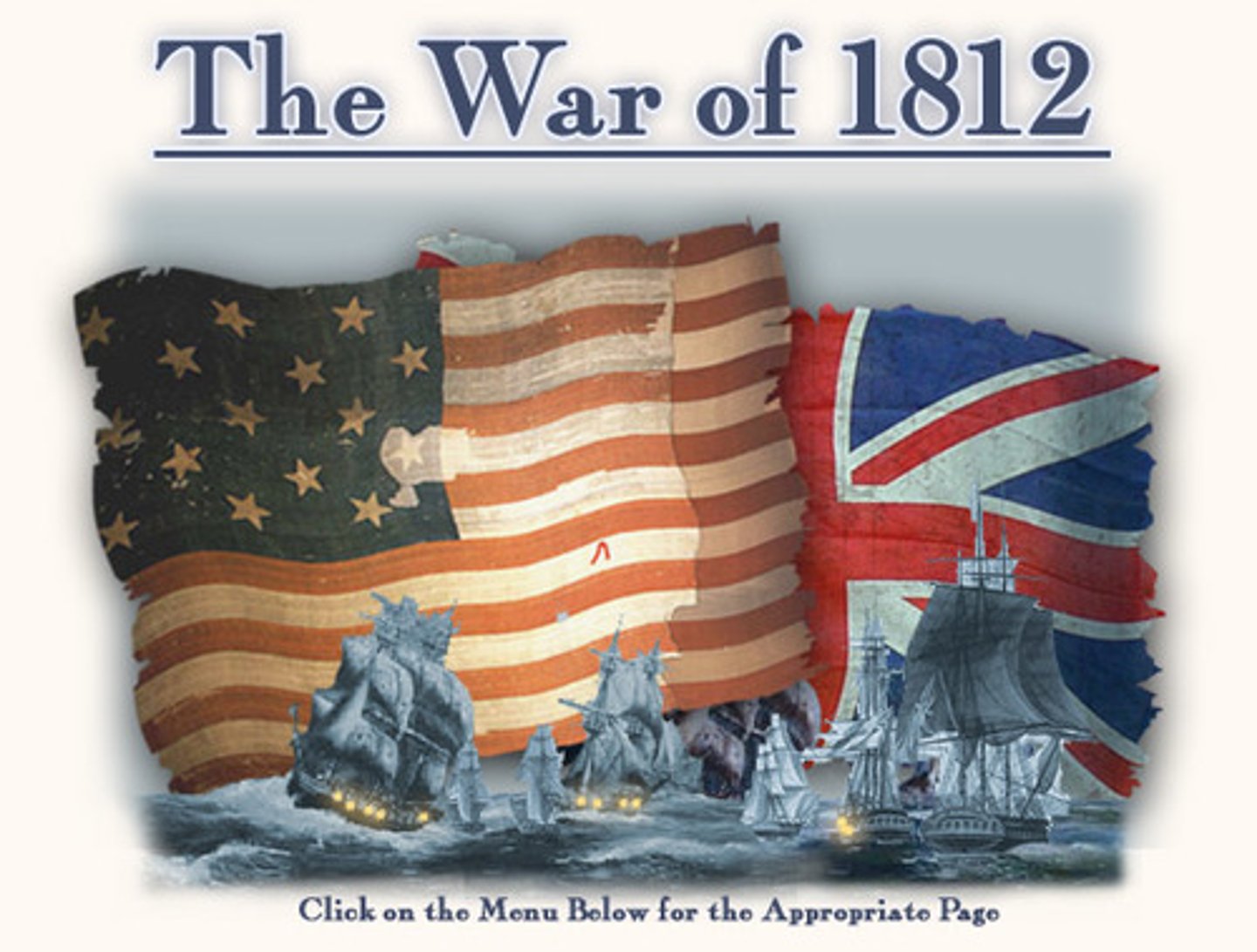
Judicial Nationalism
-Chief Justice John Marshall ruled in several causes that established the power of the federal government over the states
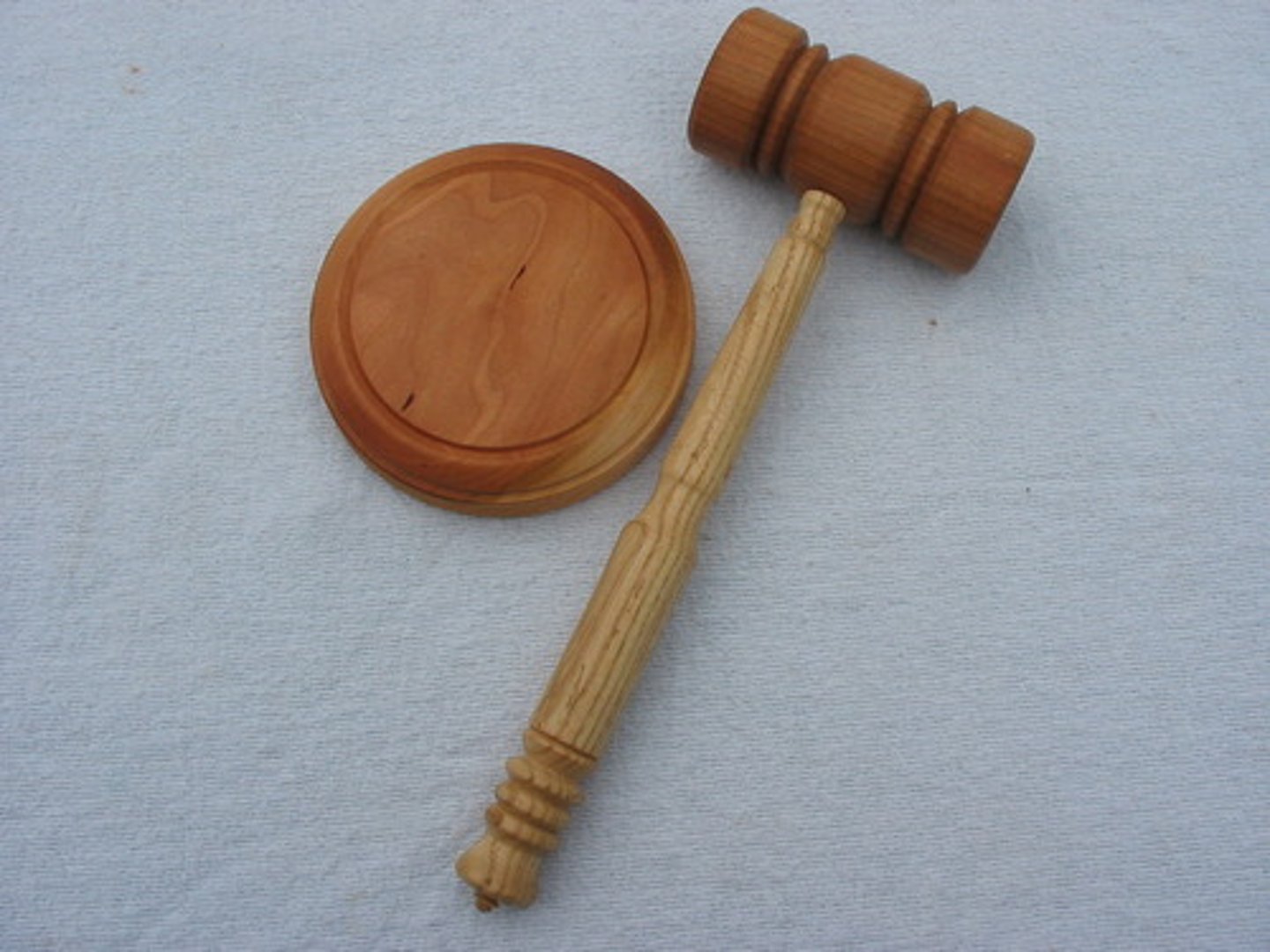
McCulloch v. Maryland
-Marshall said that the second was constitutional
-The "necessary & proper" clause meant that the federal government could use any methods for carrying out its powers
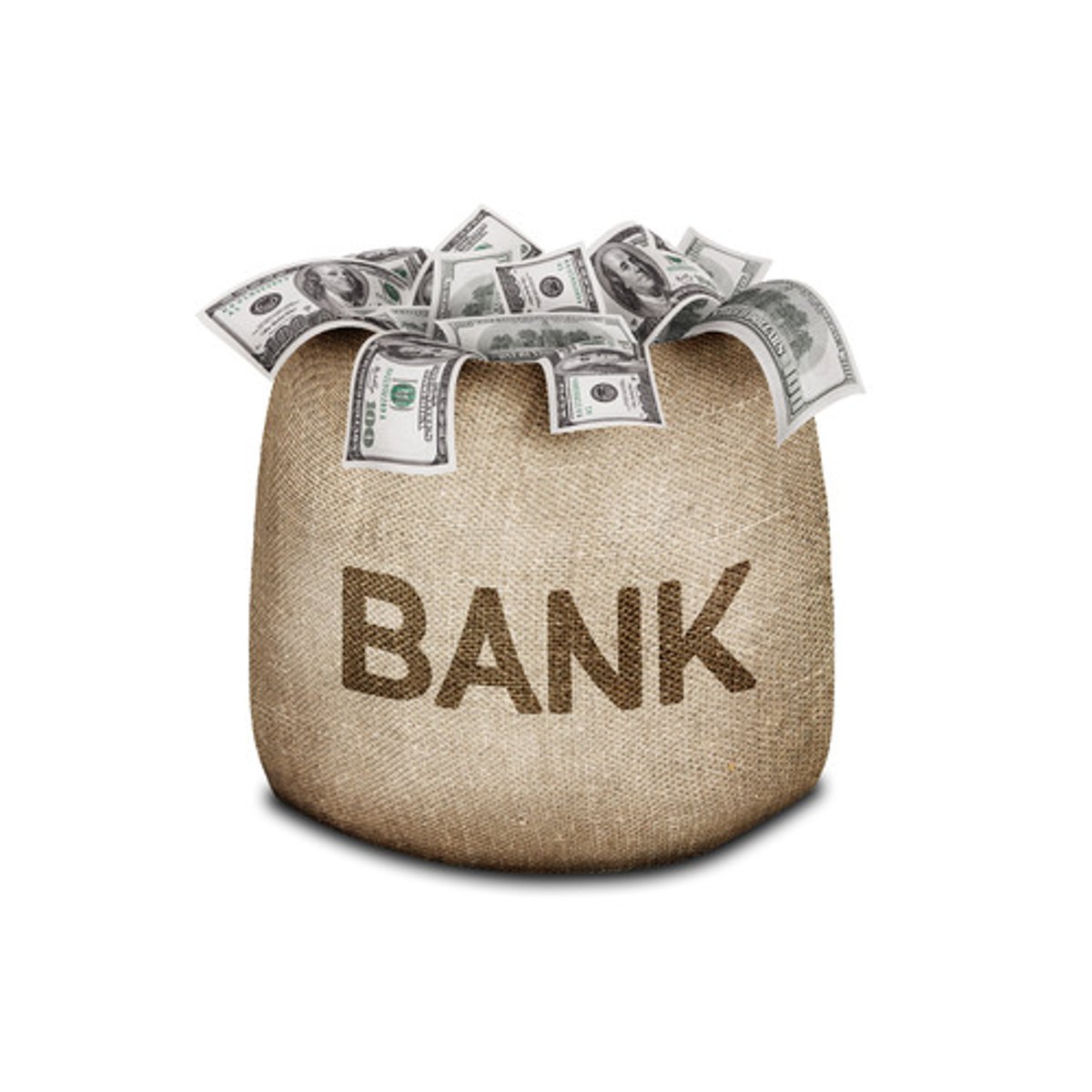
Dartmouth College v. Woodward
-Protect contracts from State's control
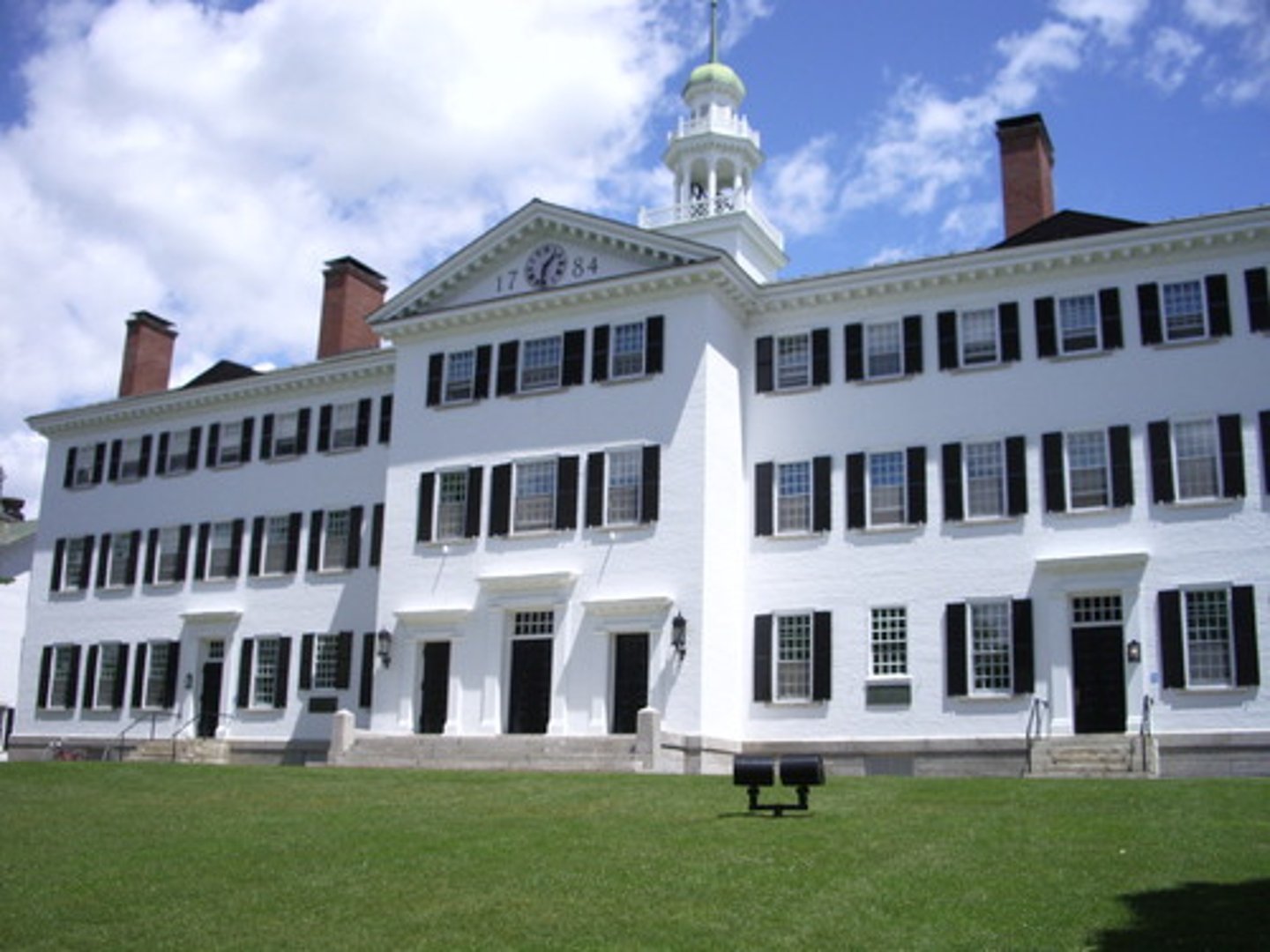
Gibbons v. Ogden
-Federal government control interstate commerce, All coast trade or waterways dividing states
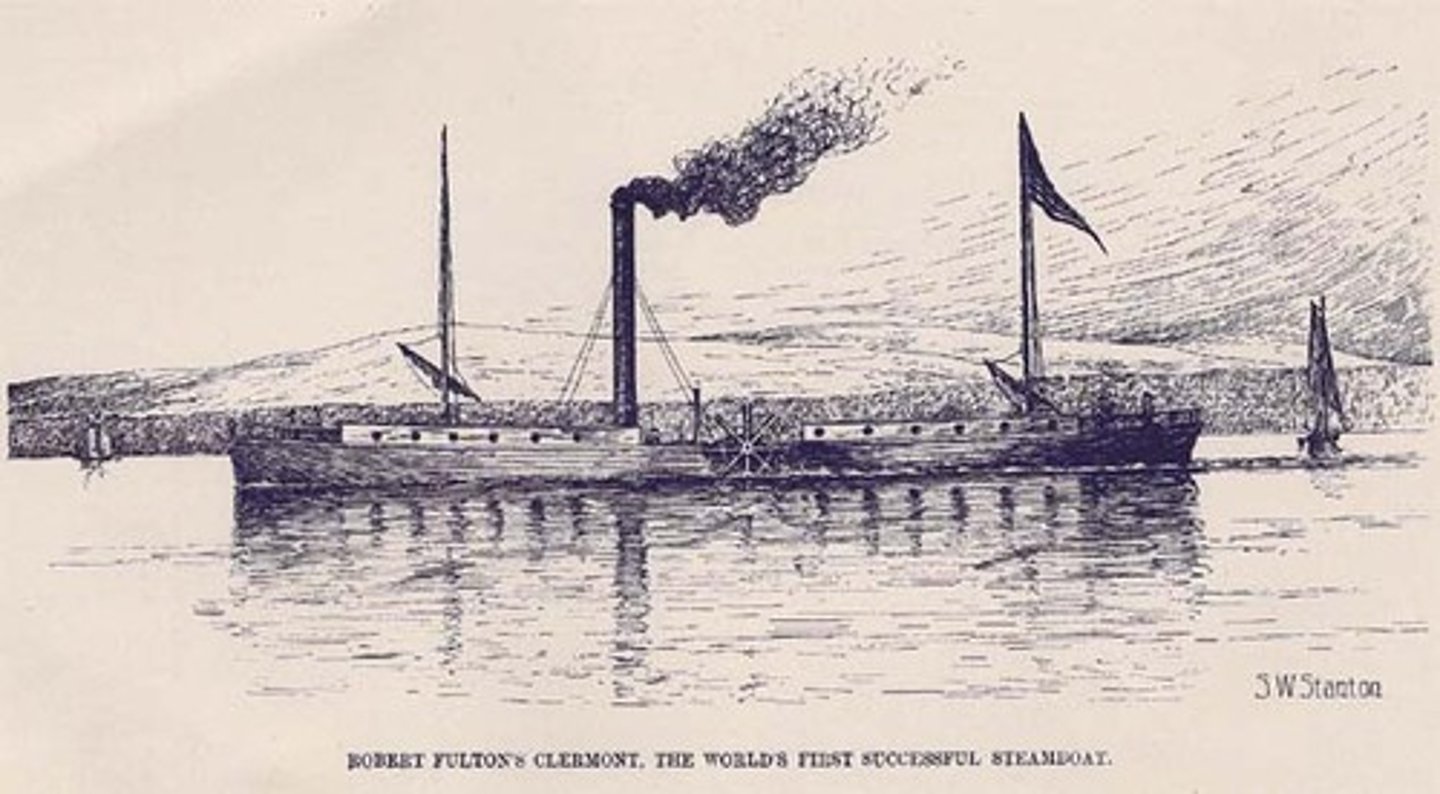
Fletcher v. Peck
-reinstated a fraudulent land contract since states could not affect contracts
*Validated supreme court power over states
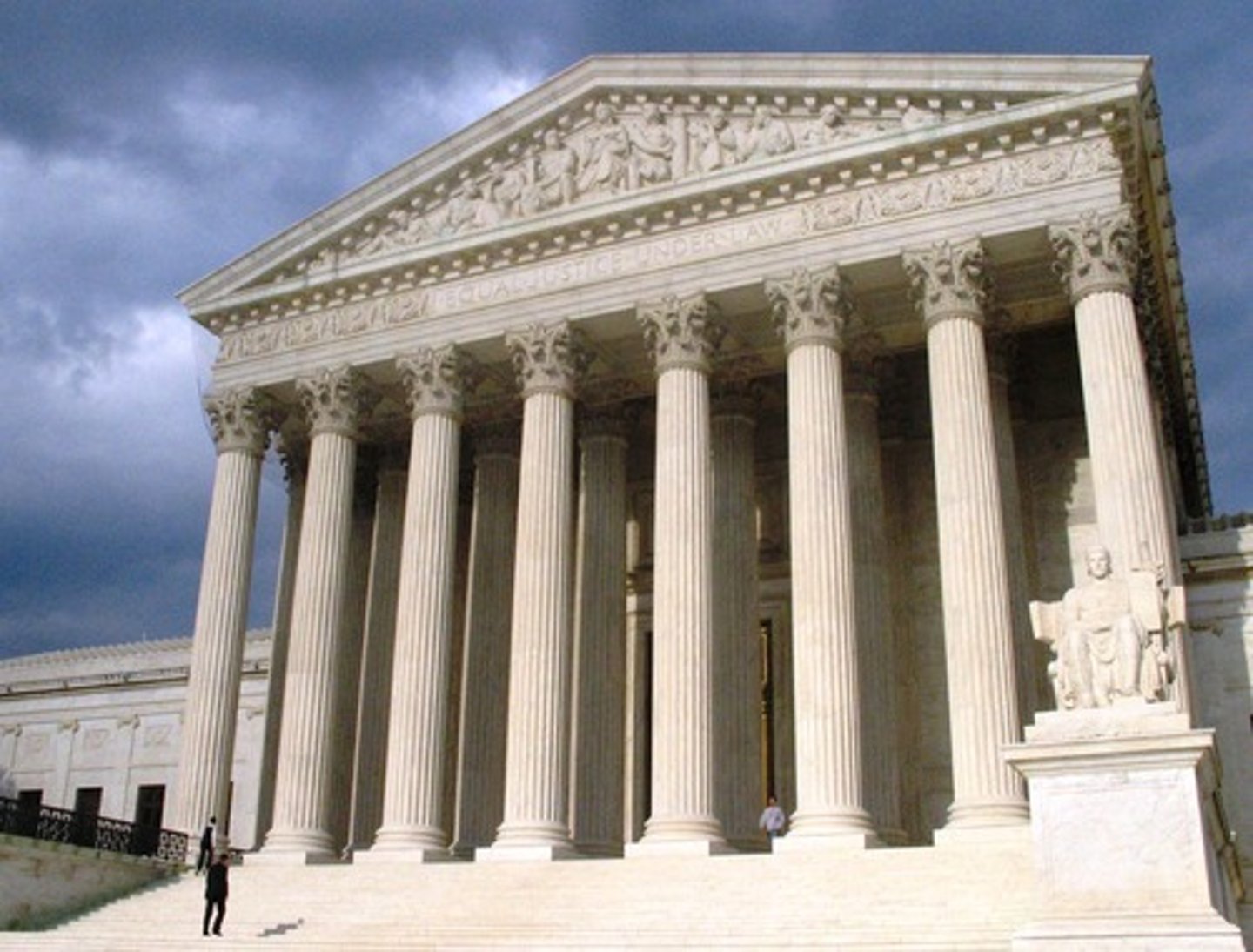
National Road/Cumberland Road
-Stretched 591 miles from Maryland to Illinois
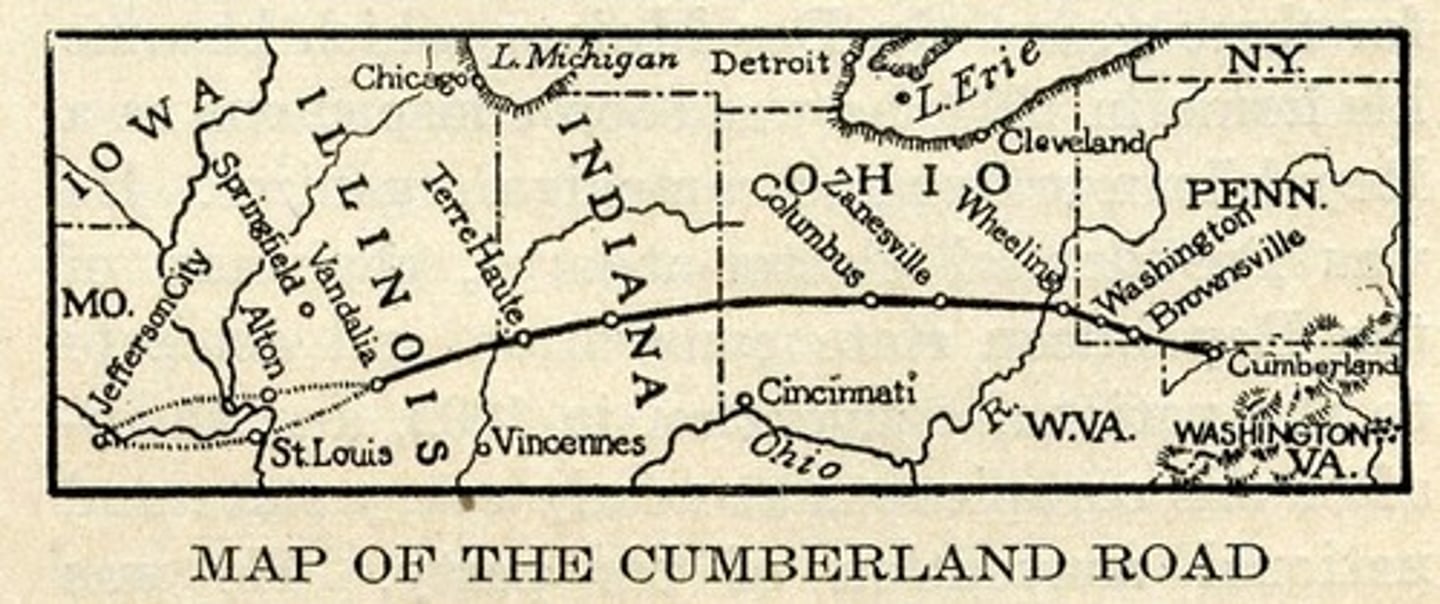
Clermont
-Robert Fulton invented the steamboat in 1807
*allowed ships to travel in any direction
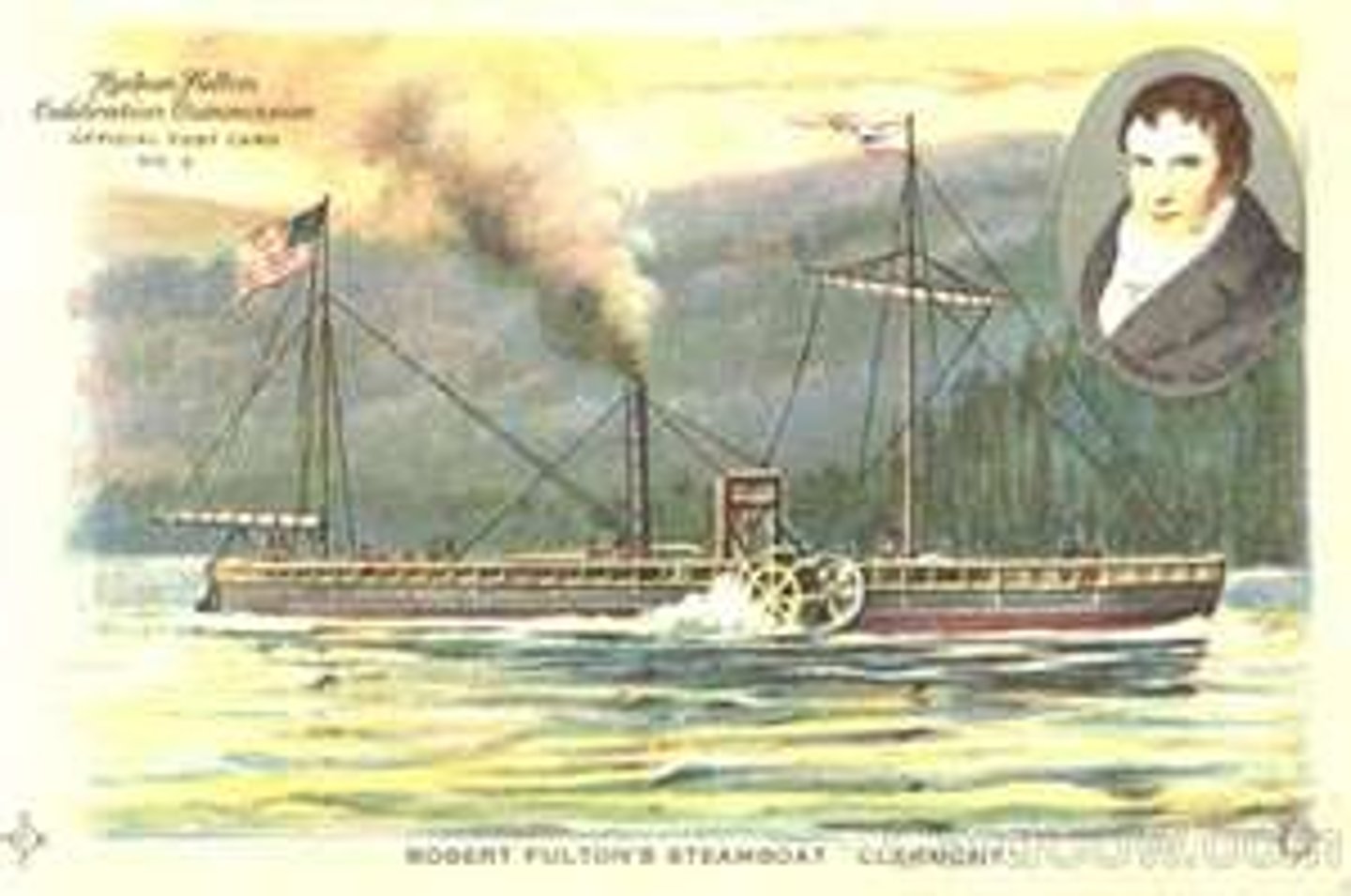
Congress of Vienna/Concert of Europe
-created to keep the peace in Europe and prevent a European leader from conquering the Continent
*Worked from 1815-1914
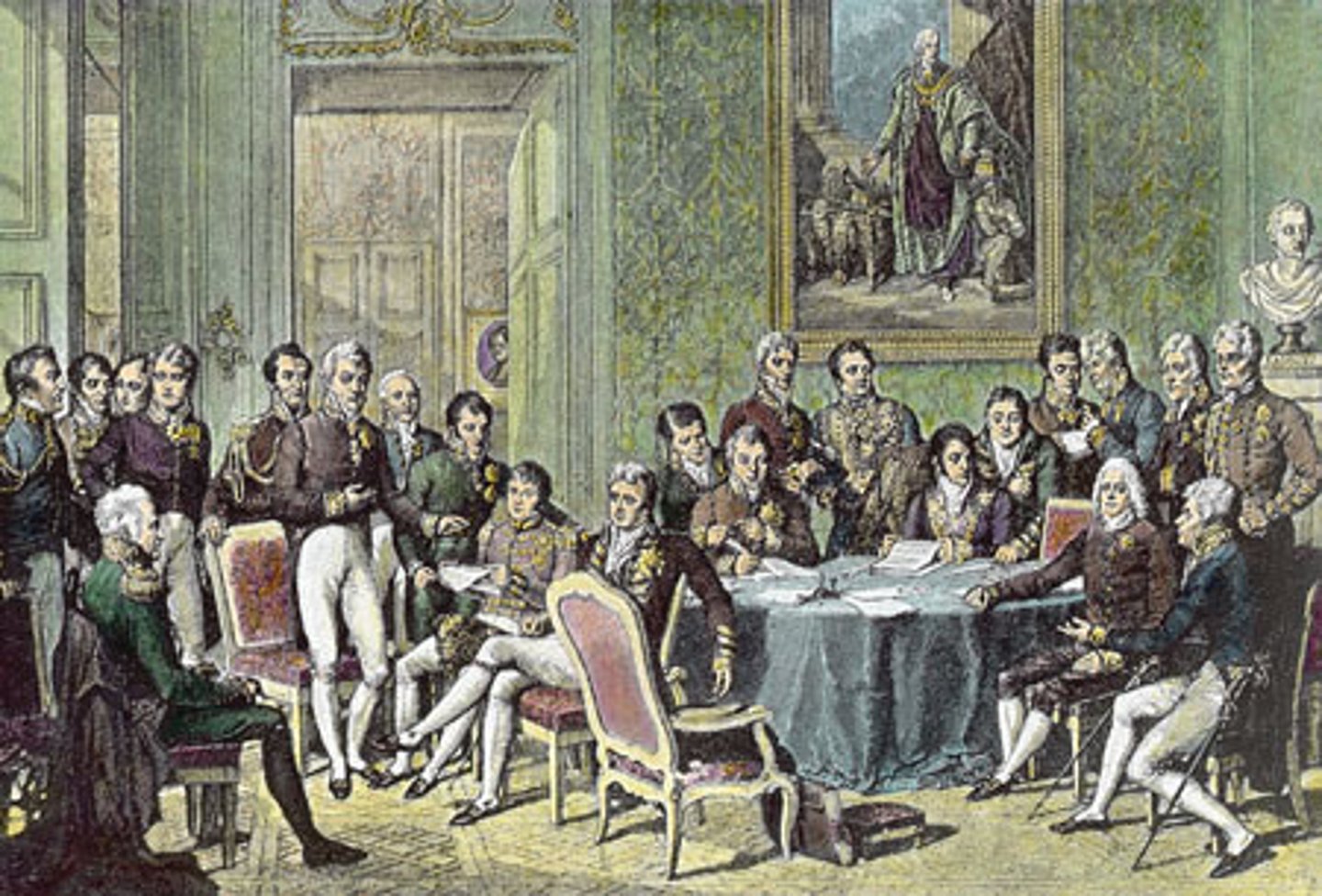
Rush-Bagot Agreement
-between the U.S. and Britain, limited naval forces on the Great Lakes
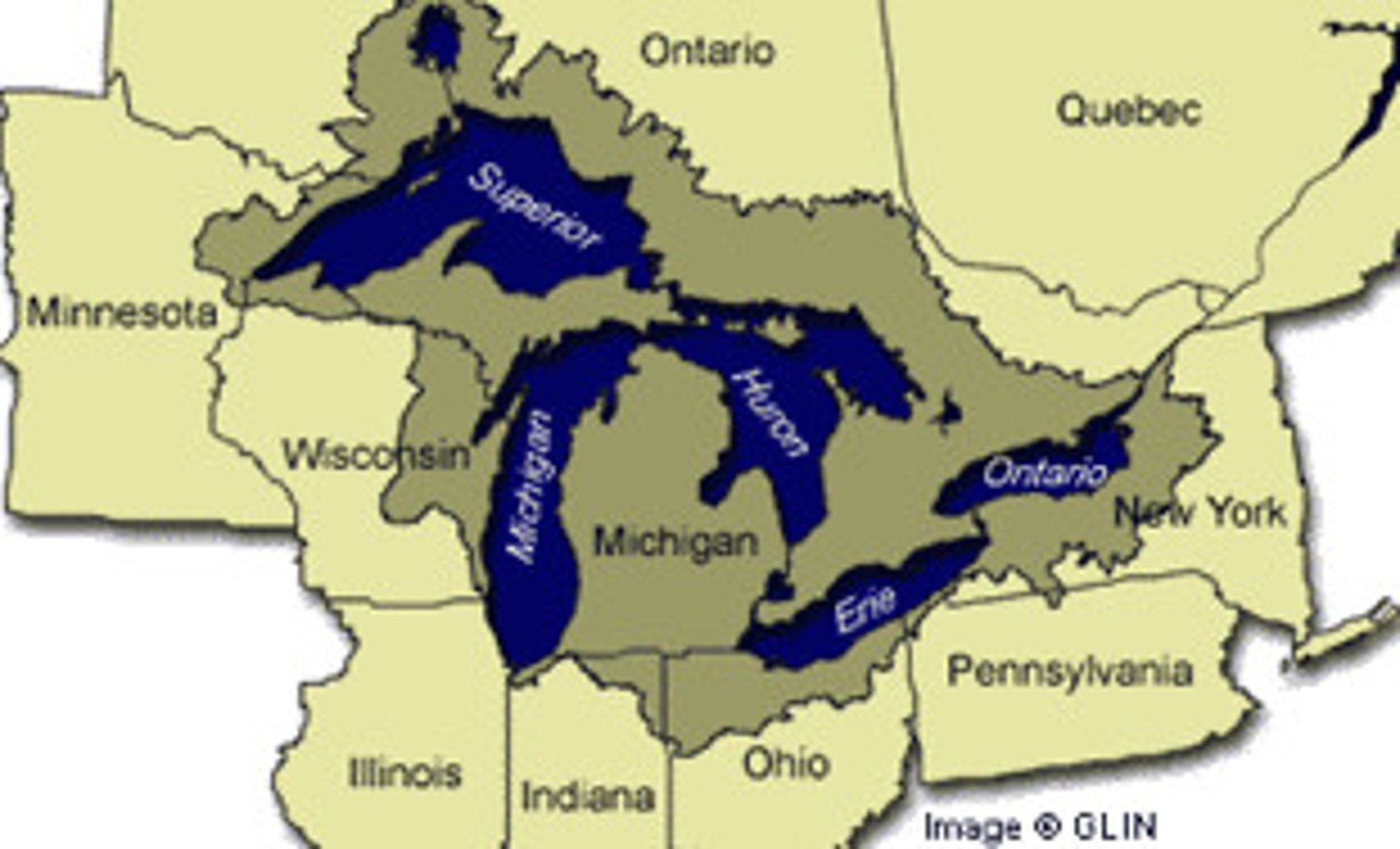
Convention of 1818
*reduced border fortifications
*leading to the largest unfortified border in the world
*Joint occupation of Oregon
*Fishing rights off the coast of Newfoundland
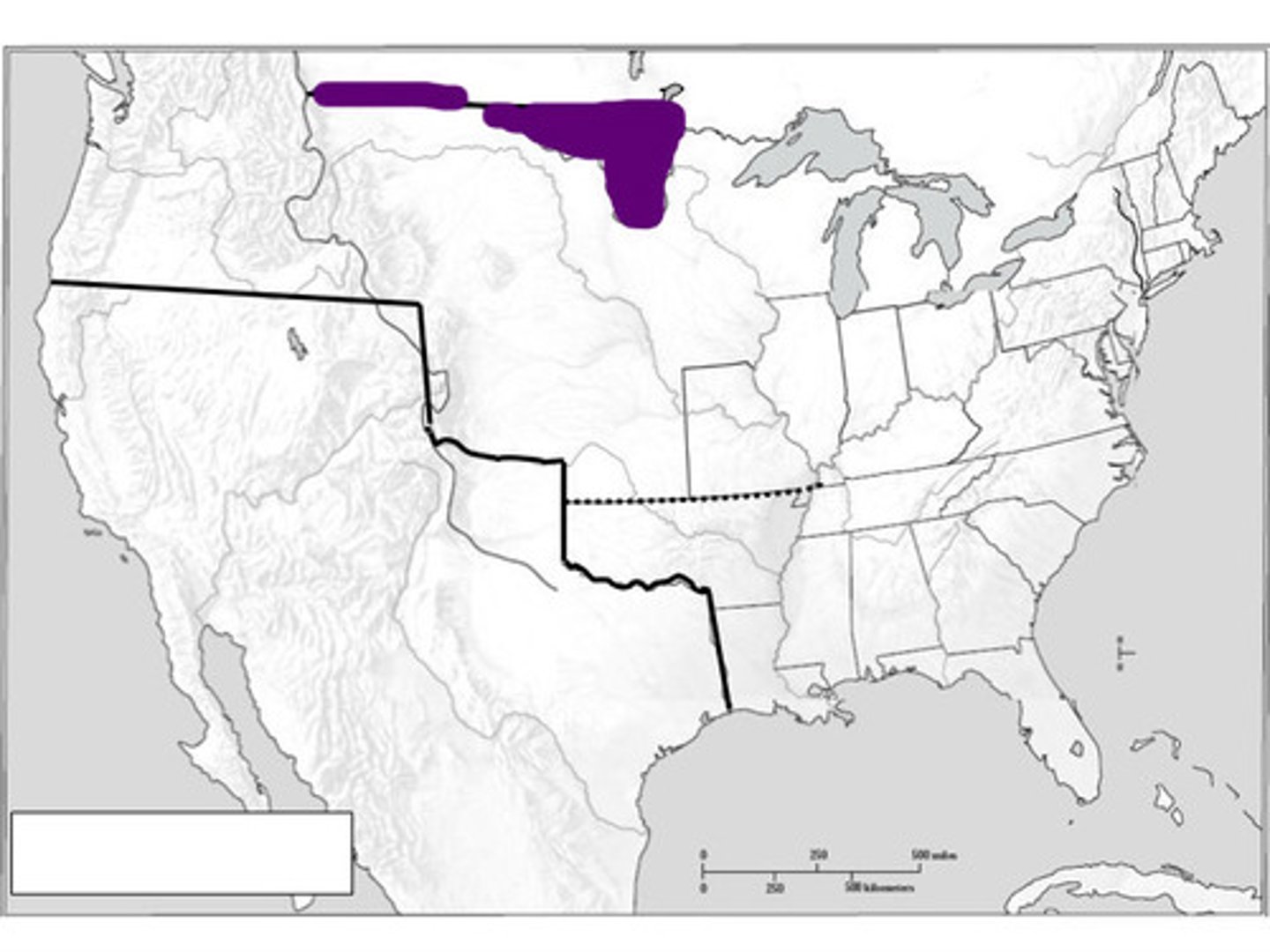
Voting Requirements
-Changed from Property requirements in 1800 to Universal White Male Suffrage in the 1830s

American System
-Henry Clay's system that allowed for a strong Banking system with easy credit, a protective tariff to establish manufacturing
*Higher prices for federal land where funds would finance internal improvement, and a system of roads and canals through Ohio
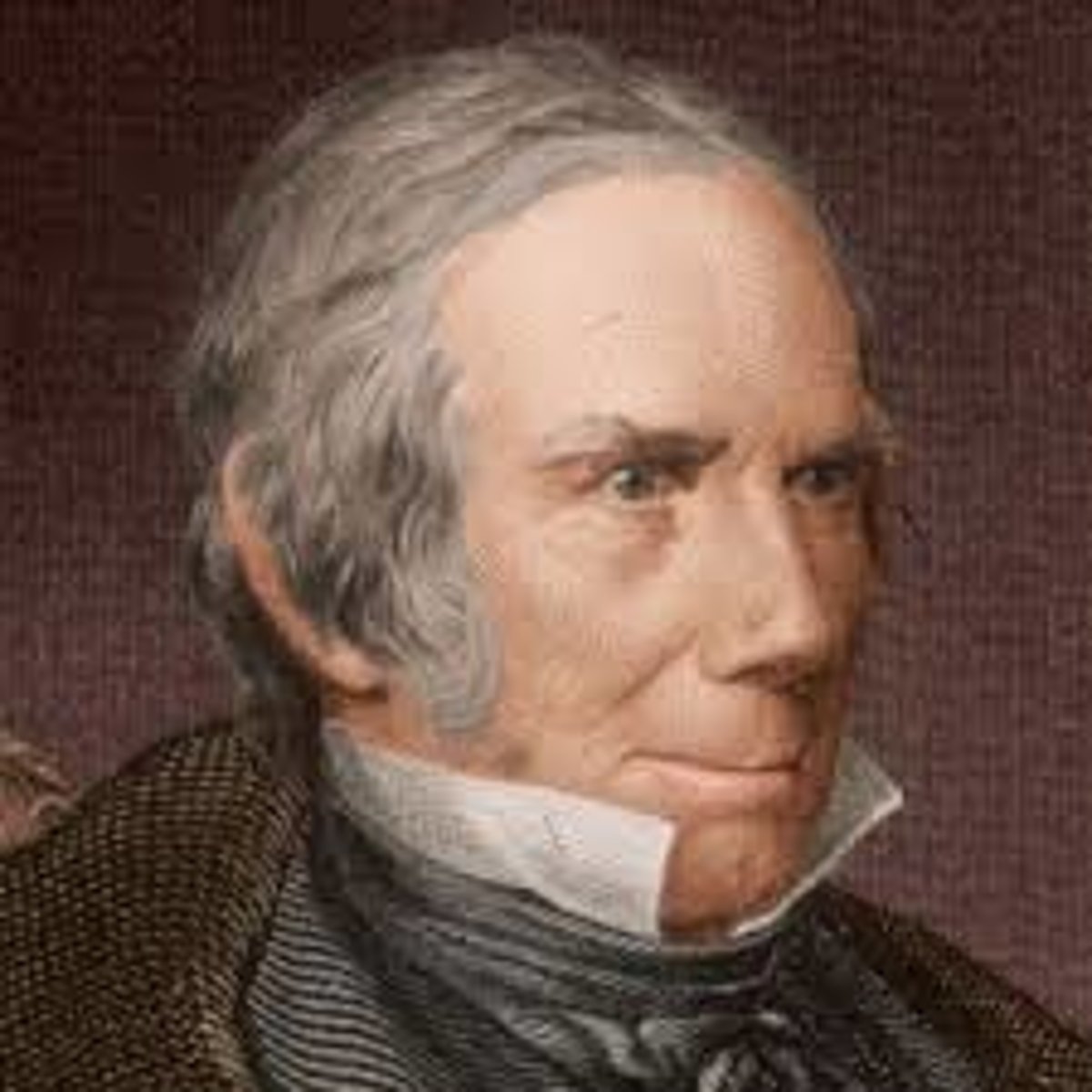
Eli Whitney
-invented the cotton gin by applying for the patent
*Reinvigorated slavery
*Interchangeable parts helped northern factories in rifle manufacturing by producing parts by machine

Industrial Revolution
*Mass production using machinery, succeeded because of available land made companies pay better
*Available Resources
*Made agriculture more successful
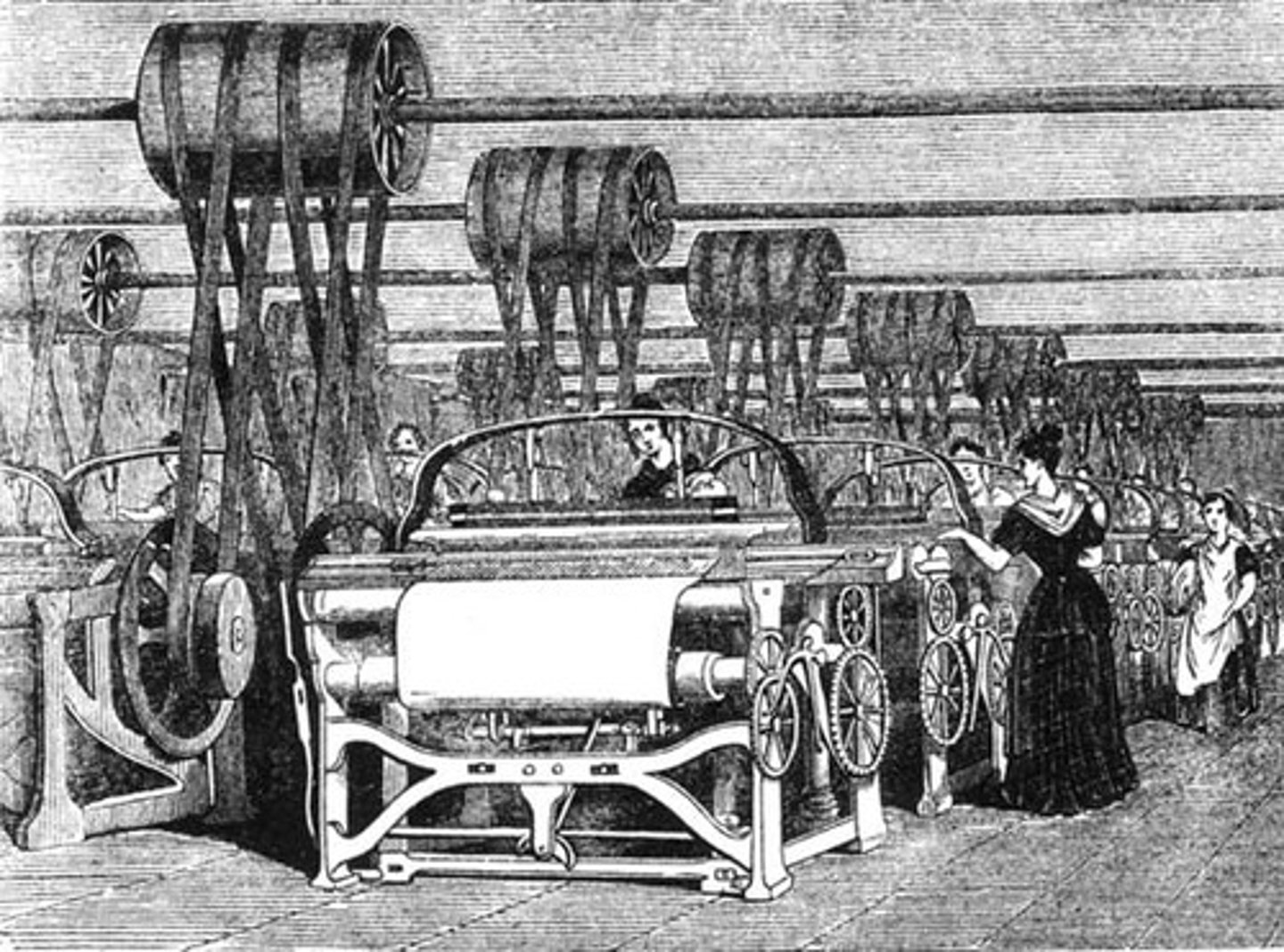
Market Revolution
-The economy shifted from small farms and workshops to industrial centers and interstate commerce
*People no longer grew their own food or made their own clothing, the home separated from business
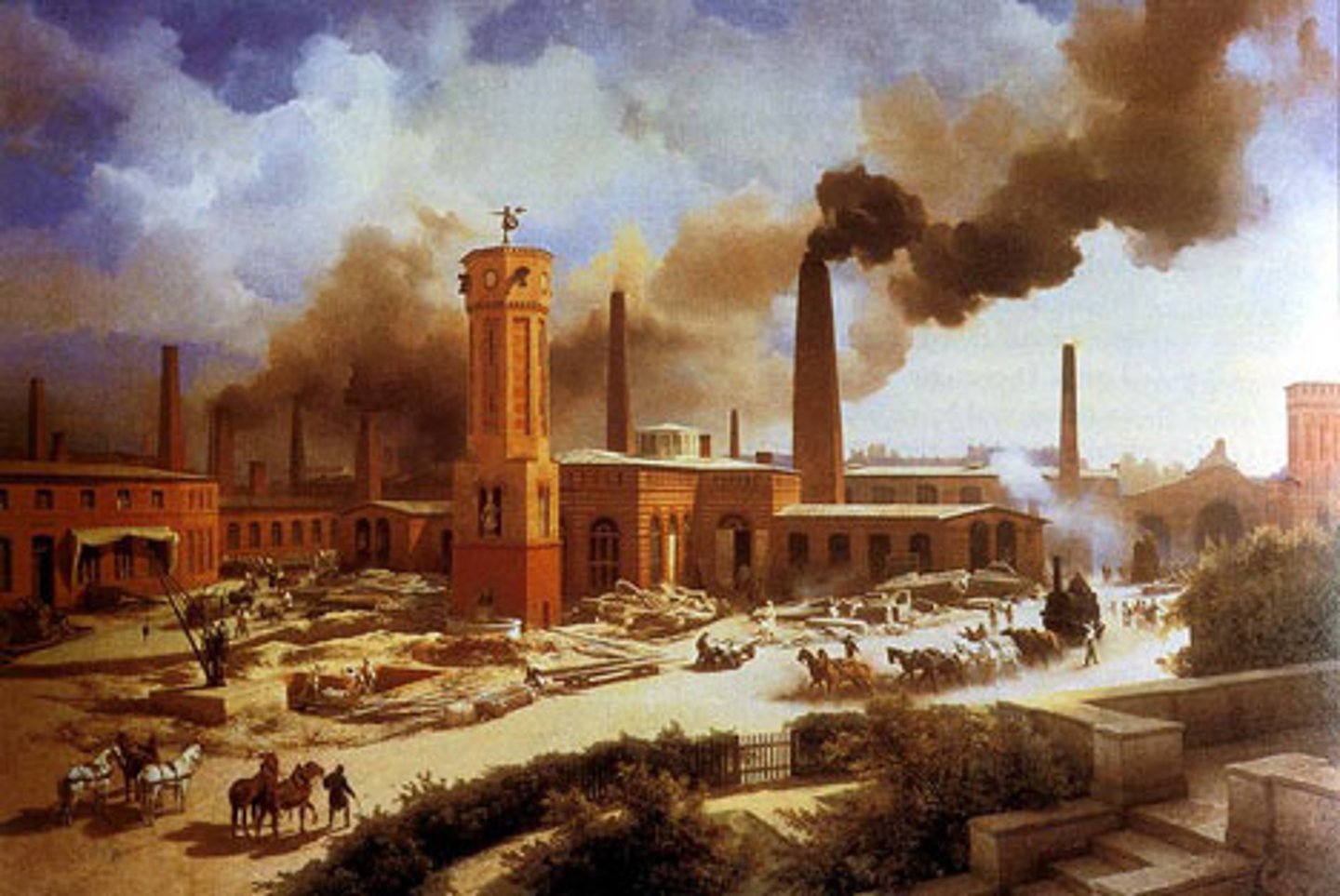
Samuel Slater
*Father of the American Factory System
-State the plans for a British textile machine and started the first U.S. textile factory
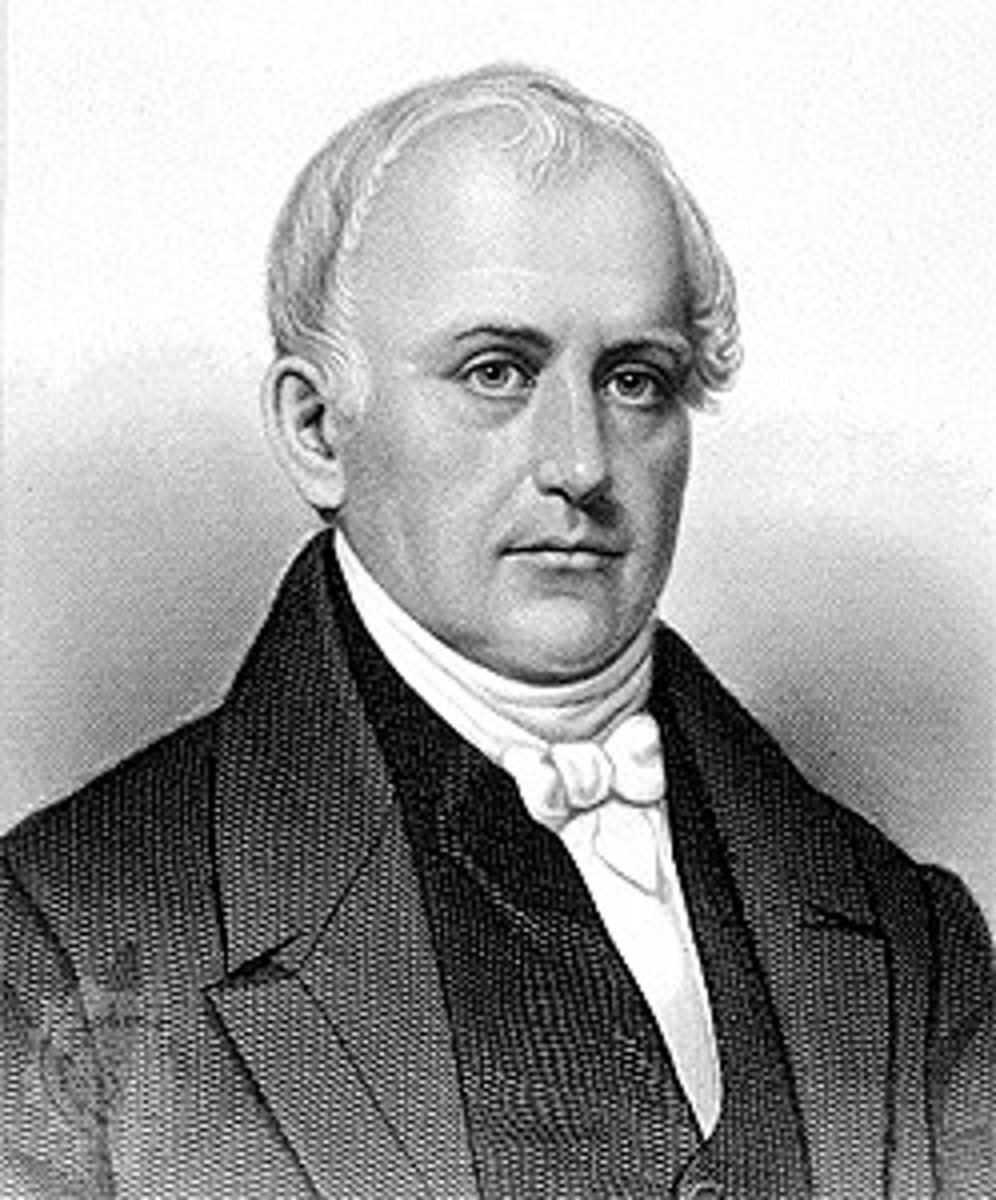
Lowell Girls
-Worked in factories & lived in dorms with curfews
*Mandatory Church, Six Day Workweeks, Were protected from men, and 10% of Women worked outside the home
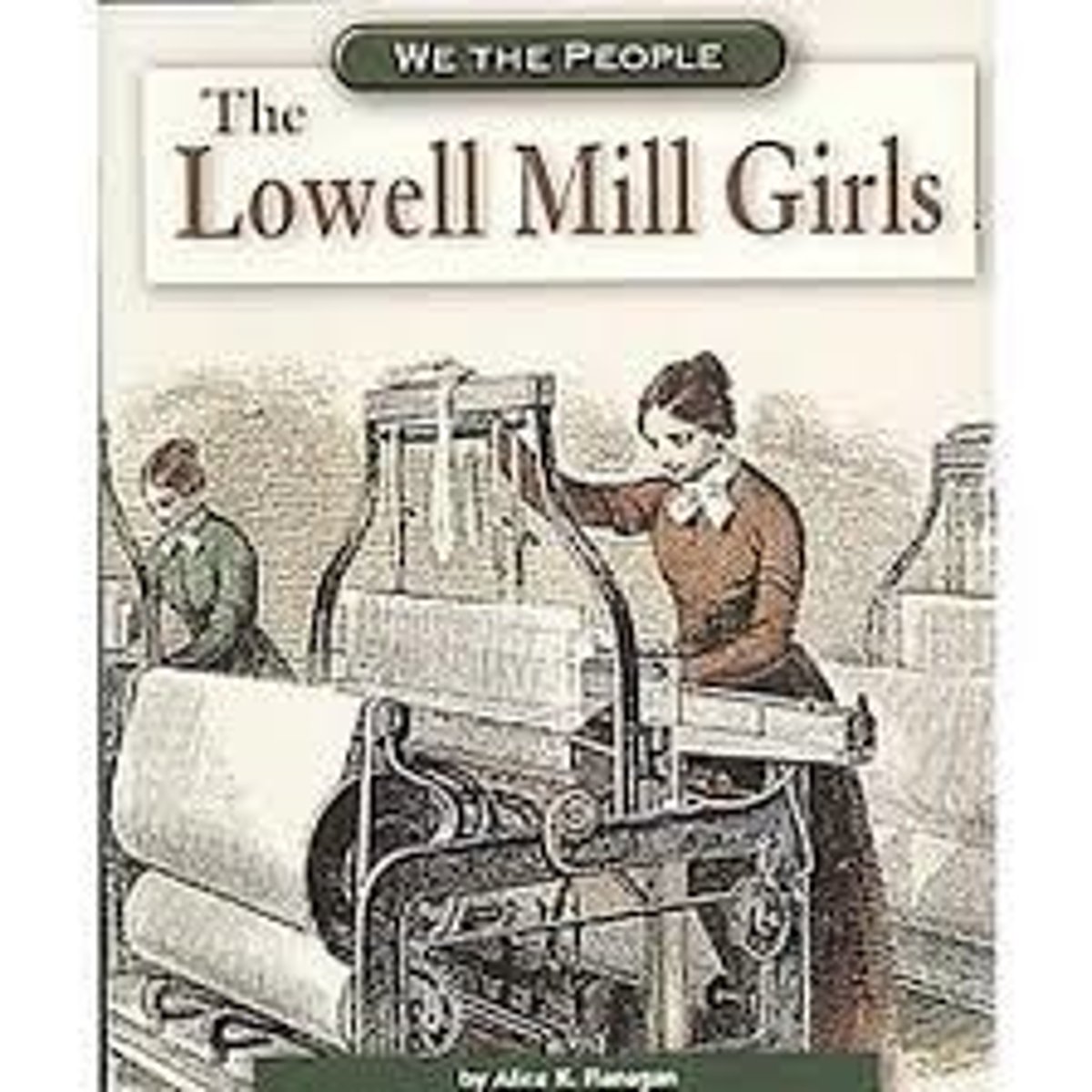
Immigration Causes
-American offered immigrants employment
*No Military Service
*Religious freedom & social mobility
*Many took the 12-14 day trip in steerage, the cheapest availability to Ellis Island
-Immigrants poured into the U.S for factory jobs & higher wages
*1000's of immigrants become farmers
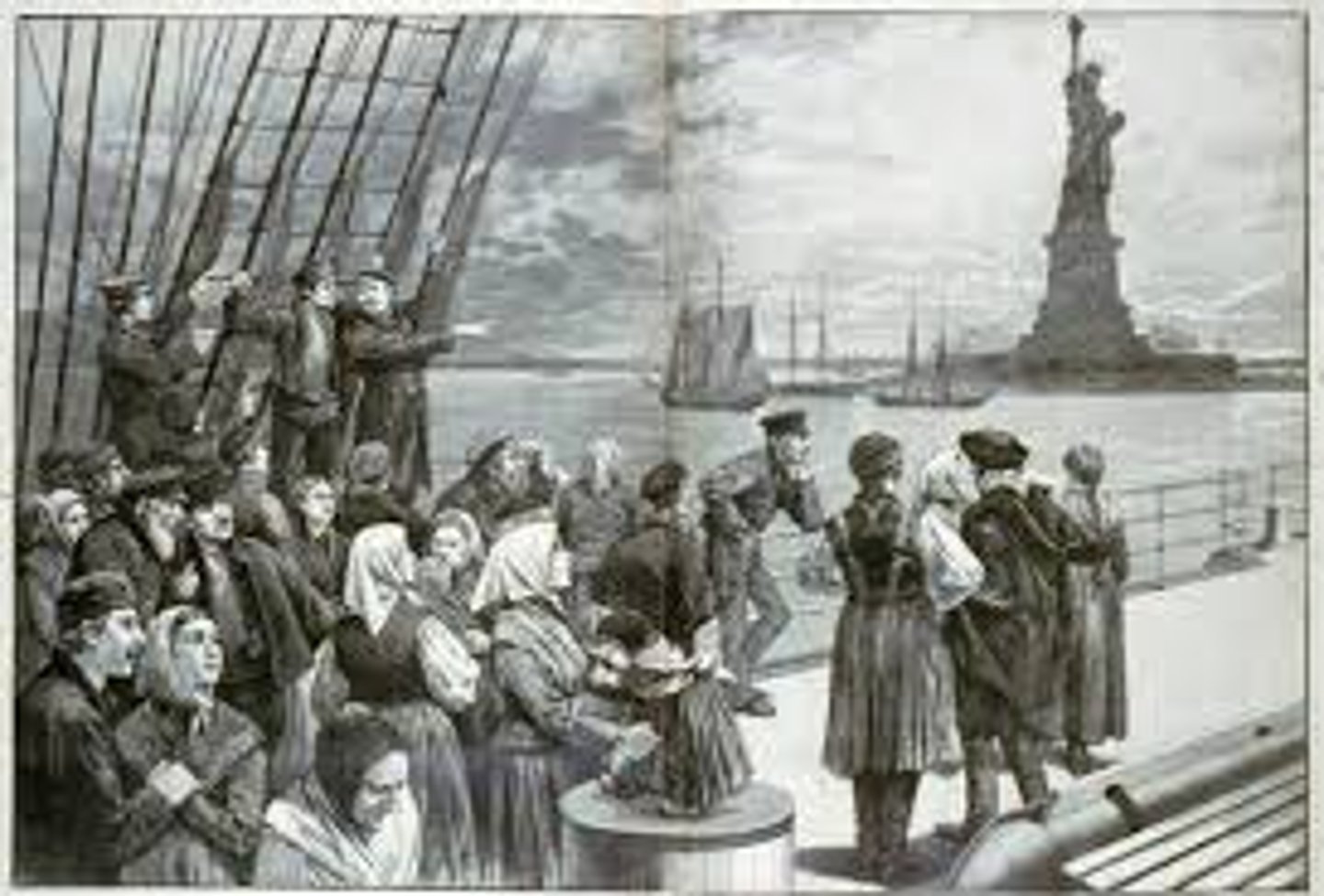
German Immigration
*Overpopulation of Europe
-1848, failed revolutions and crop failures, bought western lands, kept to themselves, wealthier than Irish, kindergarten, 5 million Germans between 1830 & 1900, large numbers also immigrated to South America
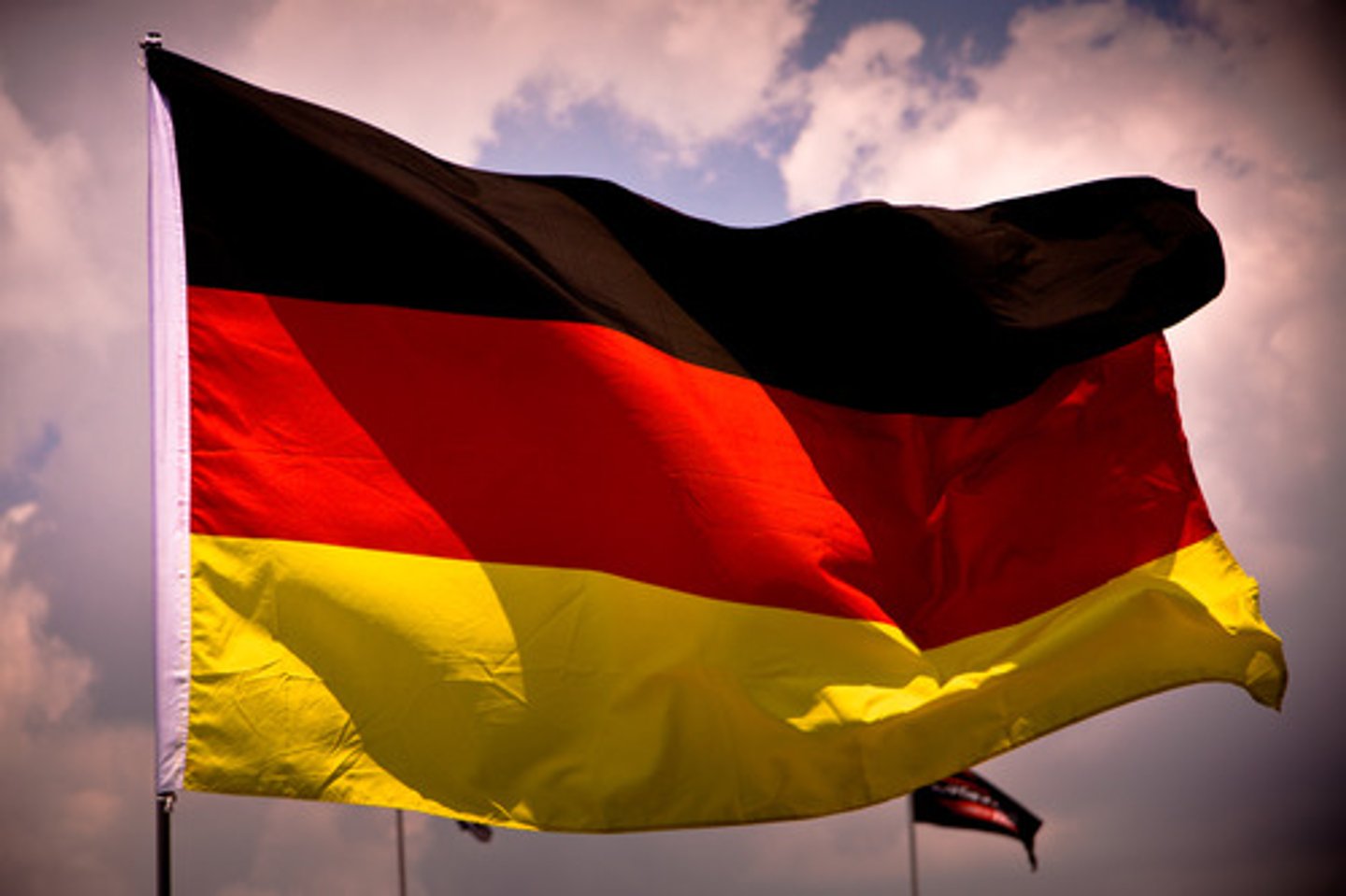
Irish Immigration
*Potato famine resulting in 2 million dead due to starvation
*People flocked to cities
*NINA - No Irish Need Apply
*3.8 million Irish between 1830 & 1900
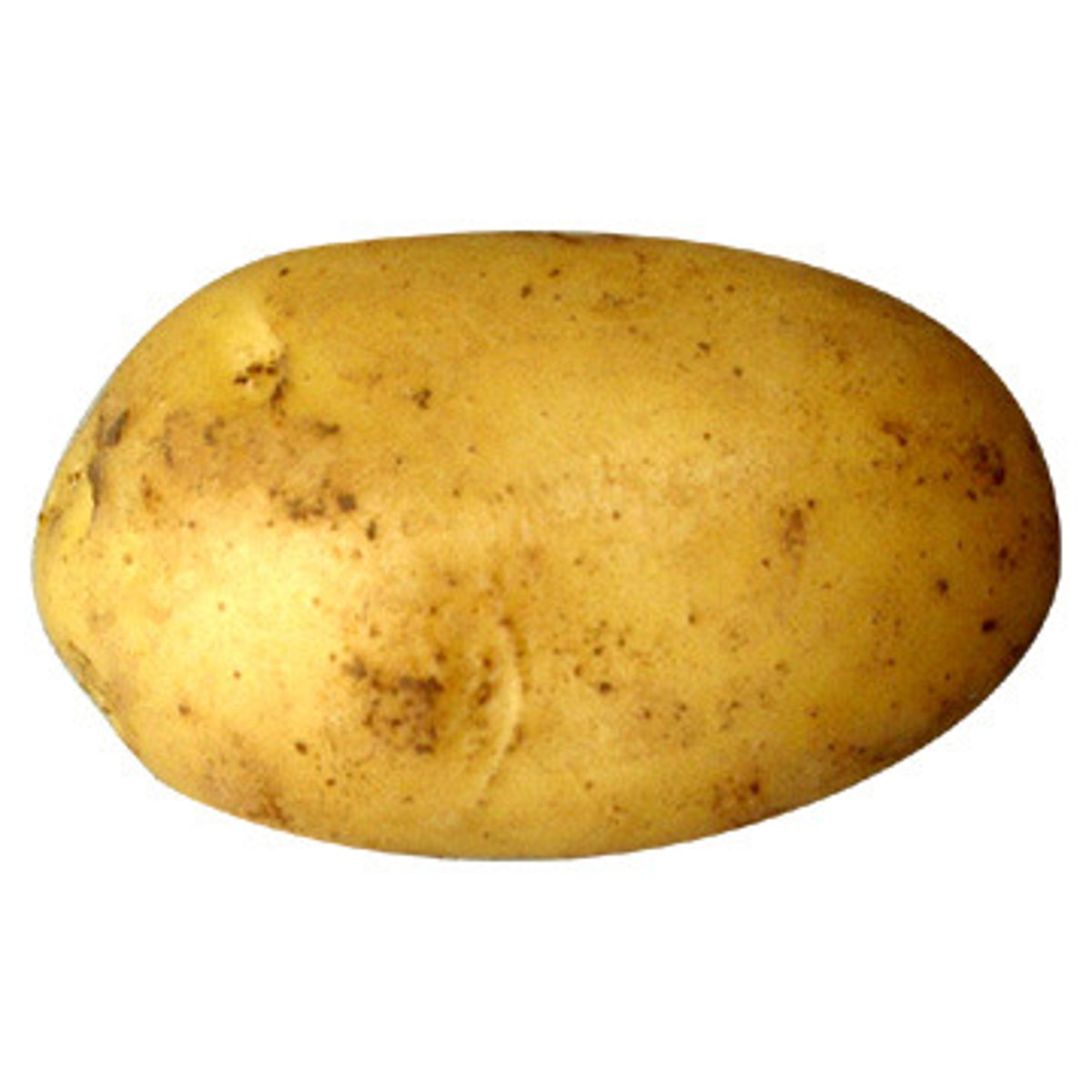
Nativism
-Hostility towards foreigners & Catholics
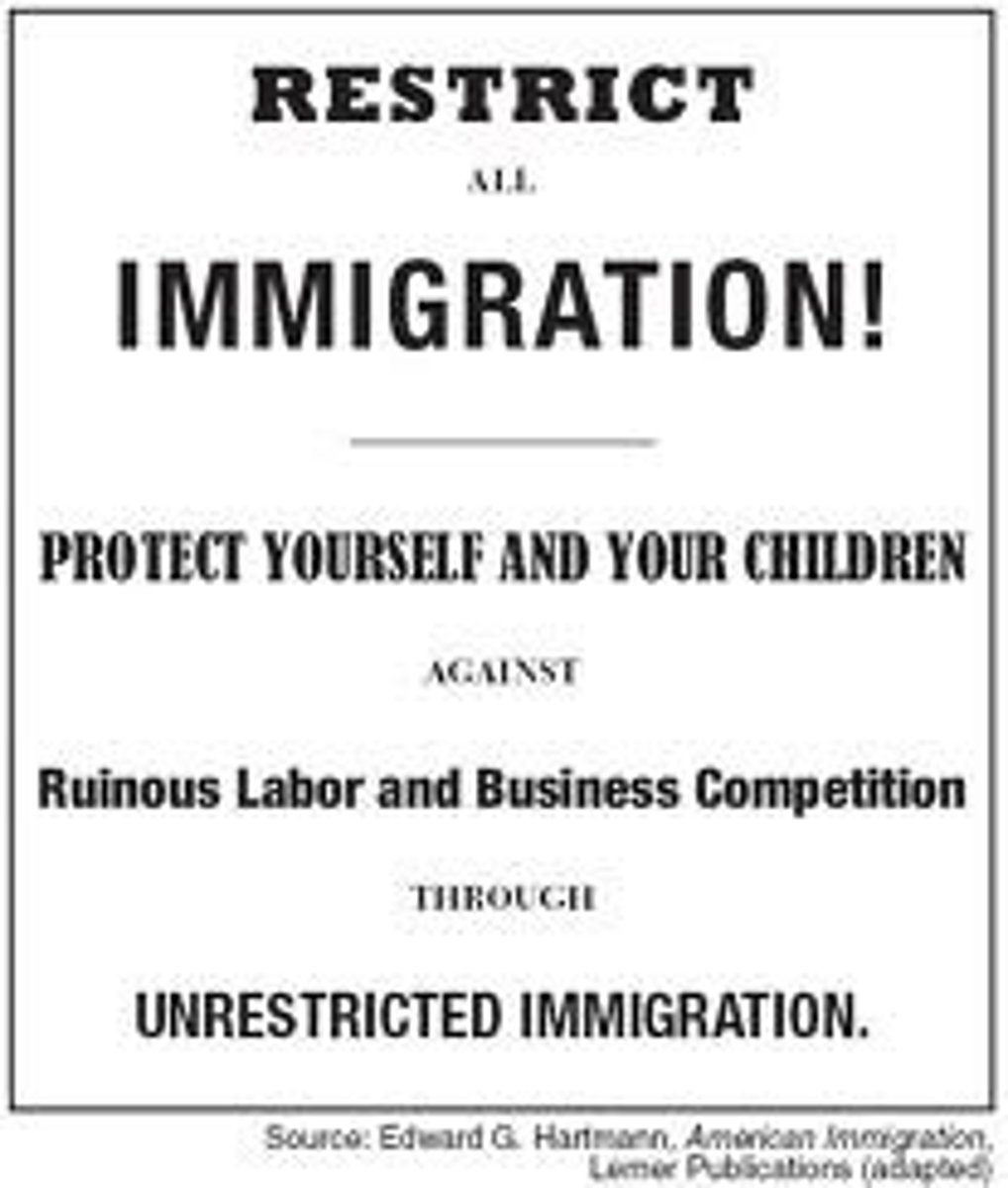
Know Nothing or American Party
-Anti Catholic/Anti Foreigner-Nativists, pushed for laws banning foreigners from public office
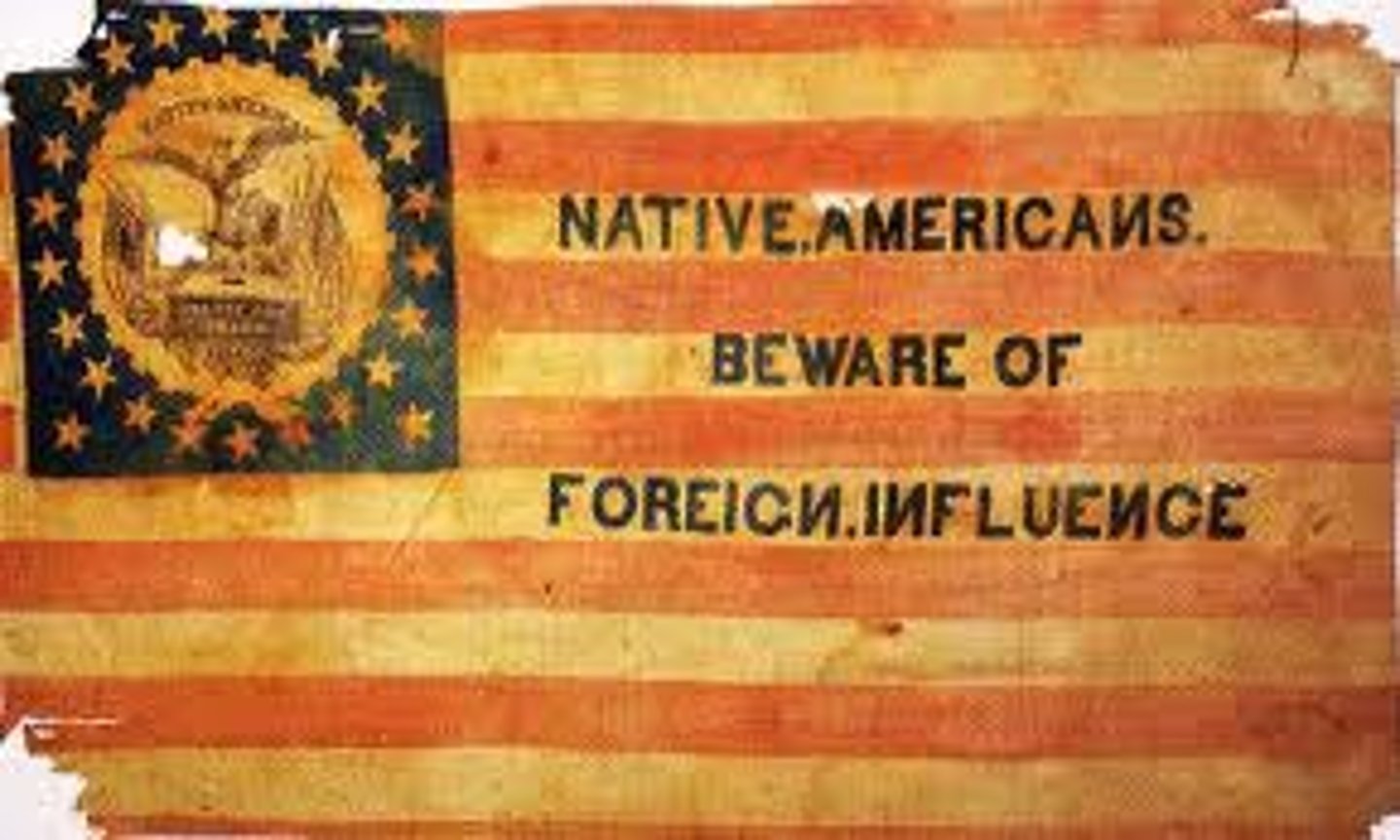
George Catlin
-national protection nature, starting with Yellowstone Park in 1872
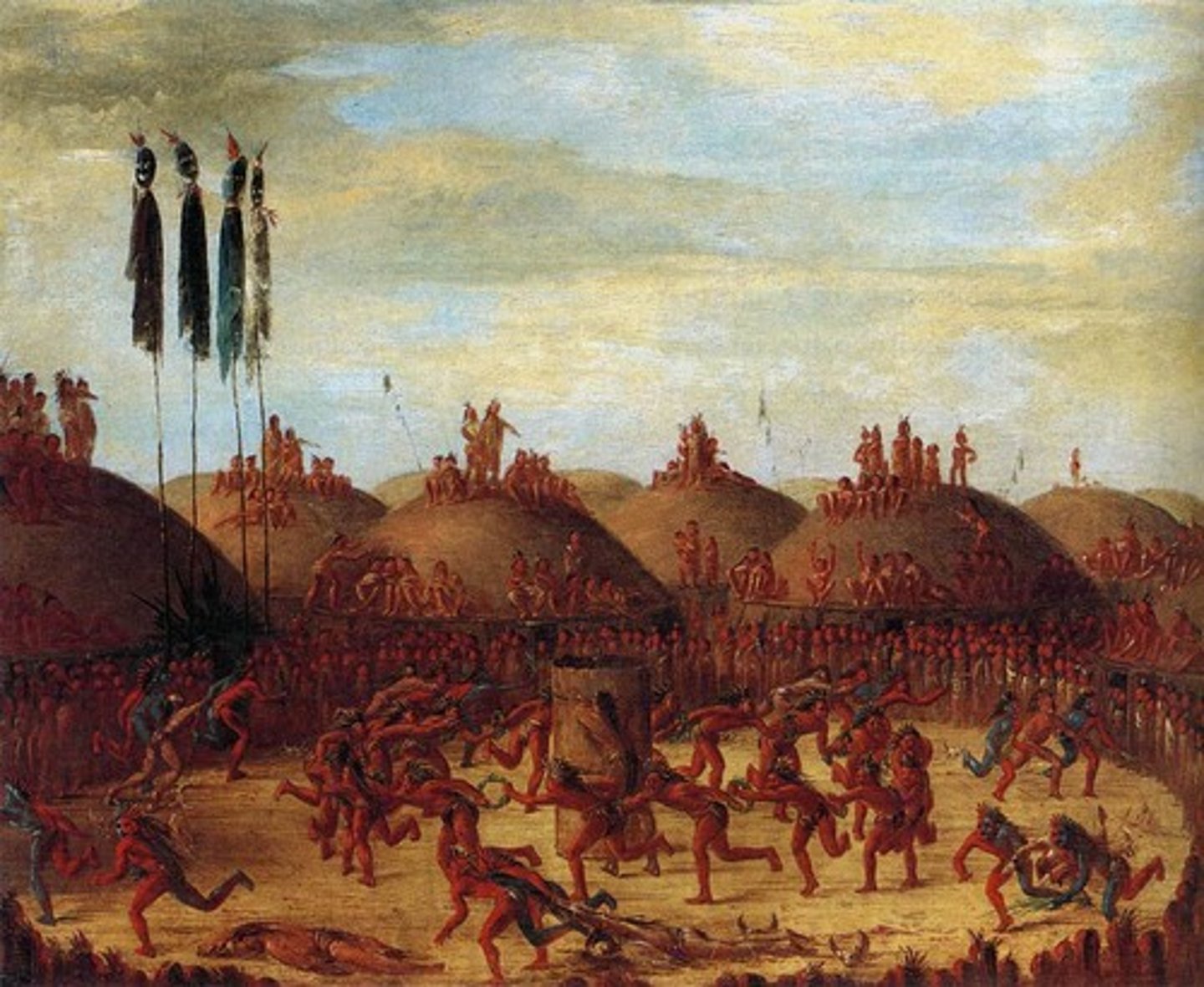
Boston Associates
-first corporation
Commonwealth v. Hunt- made unions legal, many businesses called in scabs or strikebreakers
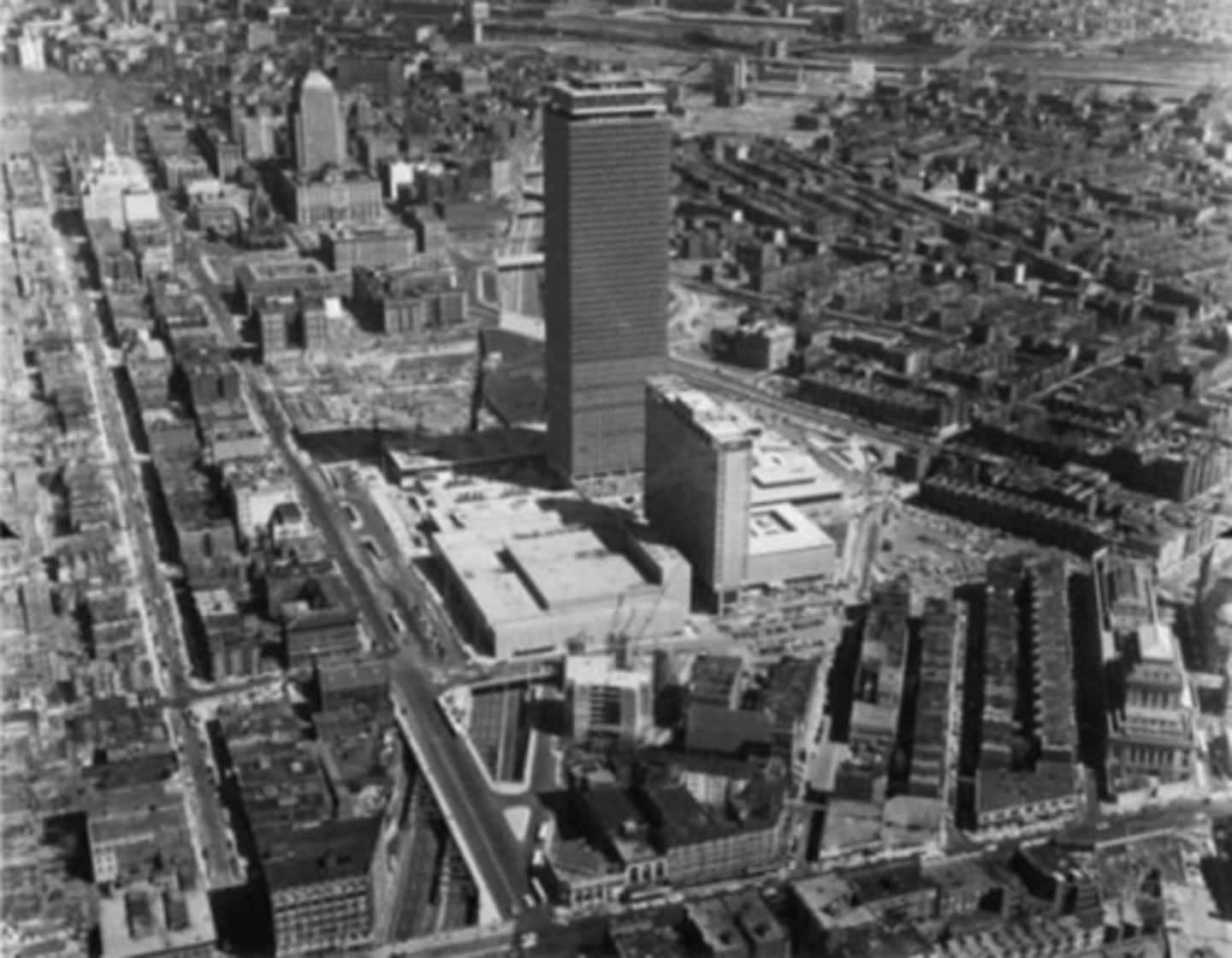
Second Bank of the U.S
-Created by John C. Calhoun under Madison to manage debt and the national currency and modeled after Hamilton's Bank, on a 20 year charter
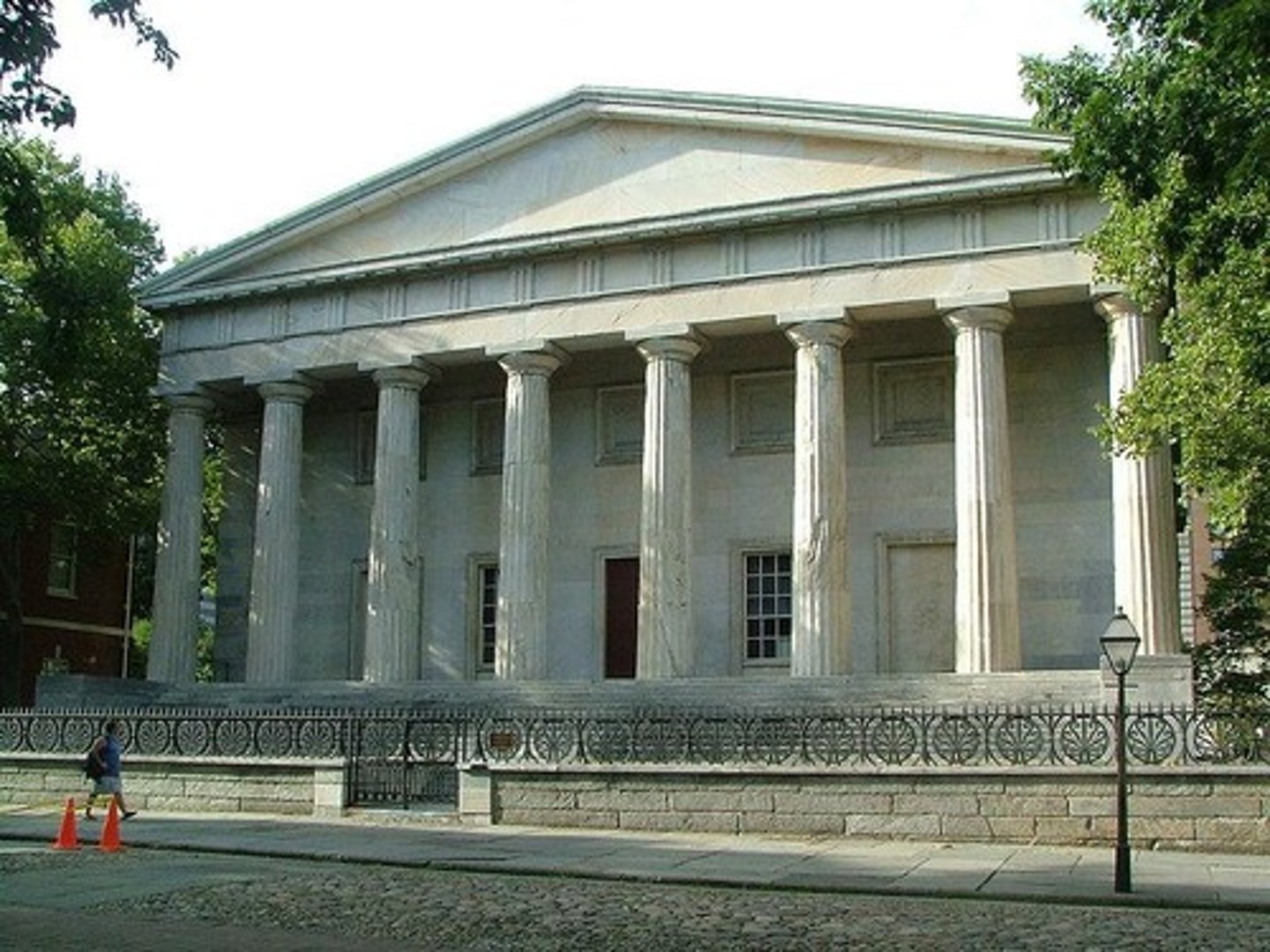
Tariff of 1816
-protective tariff that helped U.S. manufacturers by taxing imports to drive up their prices
*The British sold under cost to prevent U.S industrial development
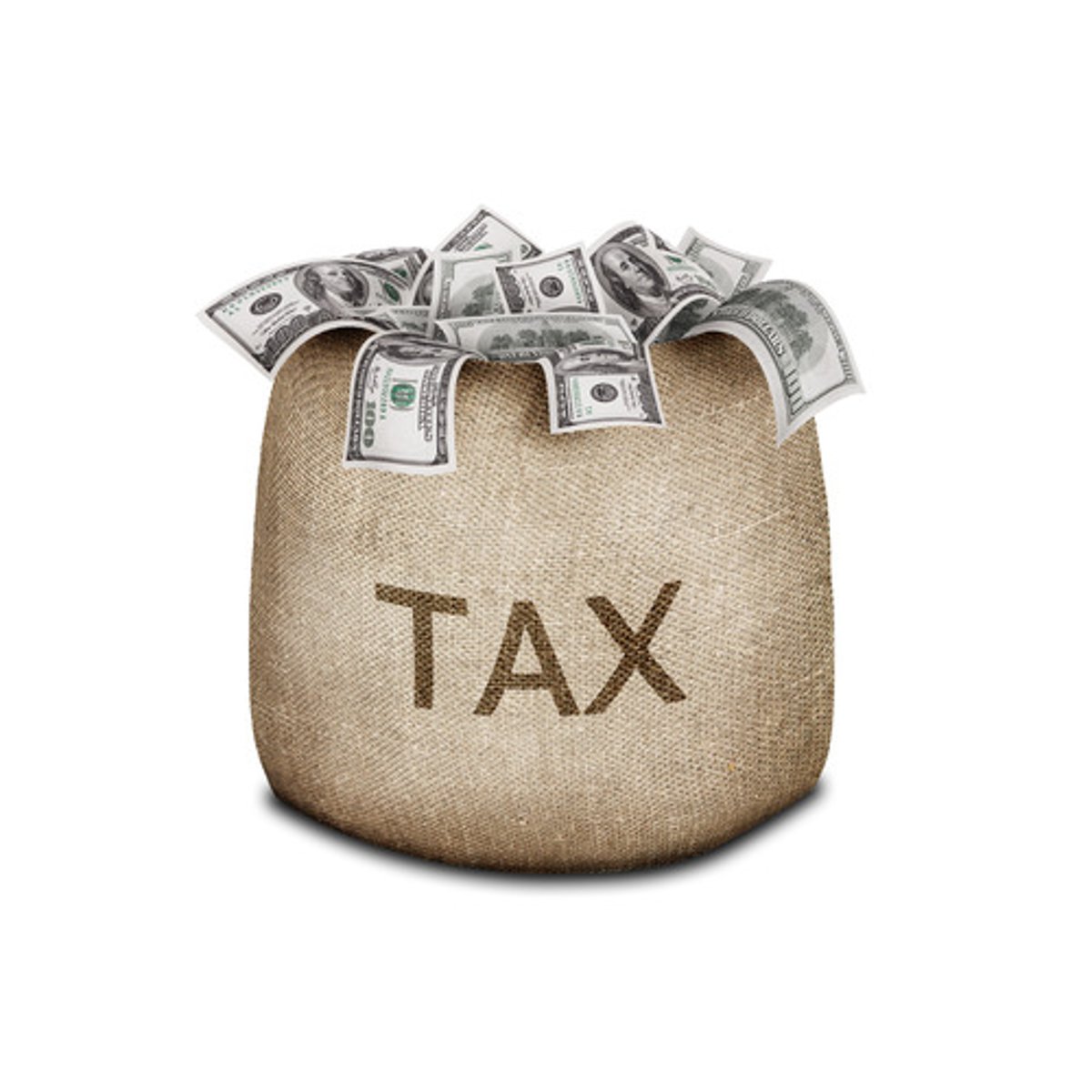
James Monroe
-5th President of the United States
*Winning the elections of 1816 & 1820 by large margins
*His presidency titled "Era of Good Feelings" by a newspaper
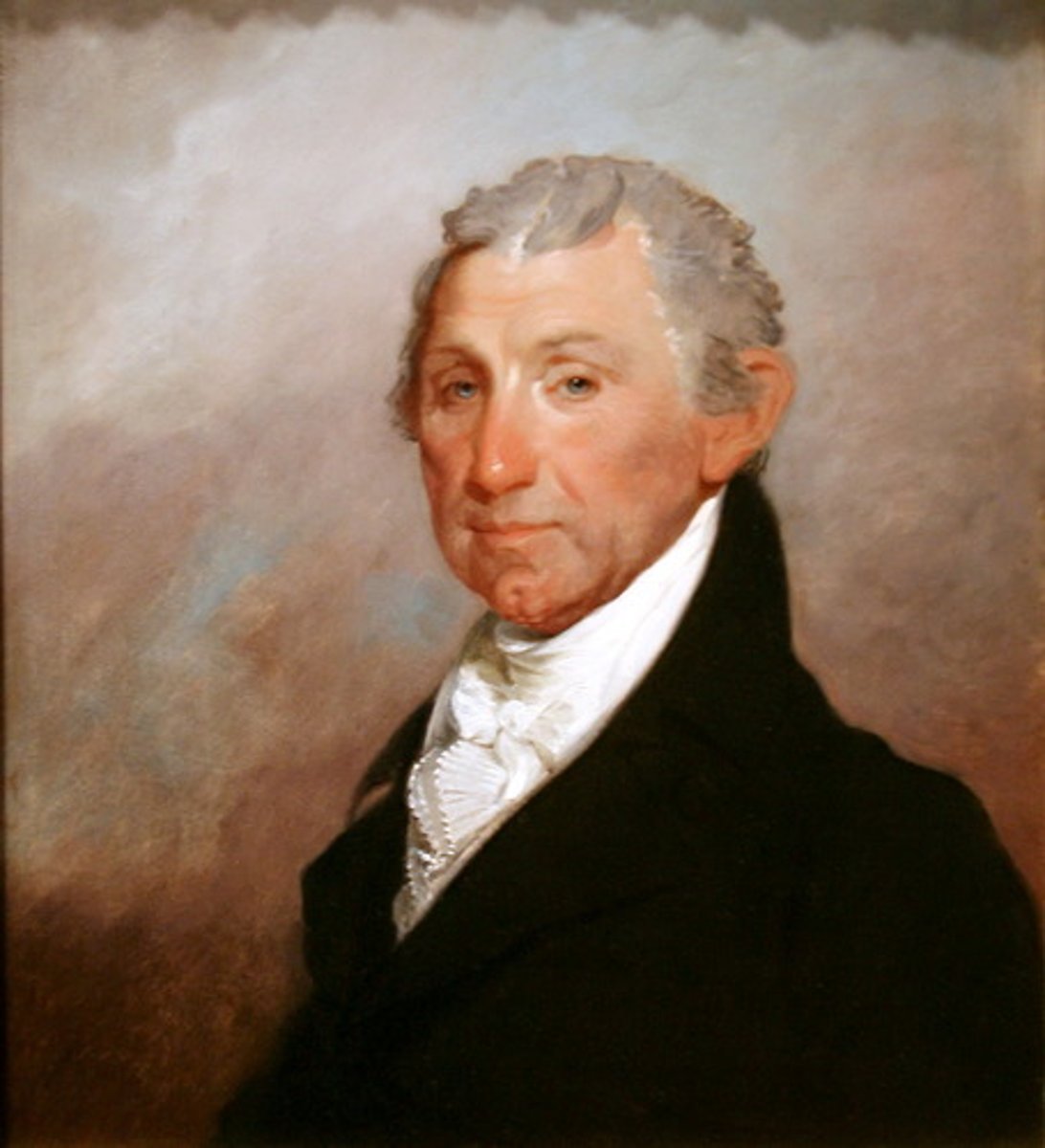
Florida
*During revolutions against Spain in 1818, Seminoles invaded Georgia
*Jackson was sent to not engage the Spanish but nearly started a war with Spain
*Hung 2 British officers
*Adams supported Jackson
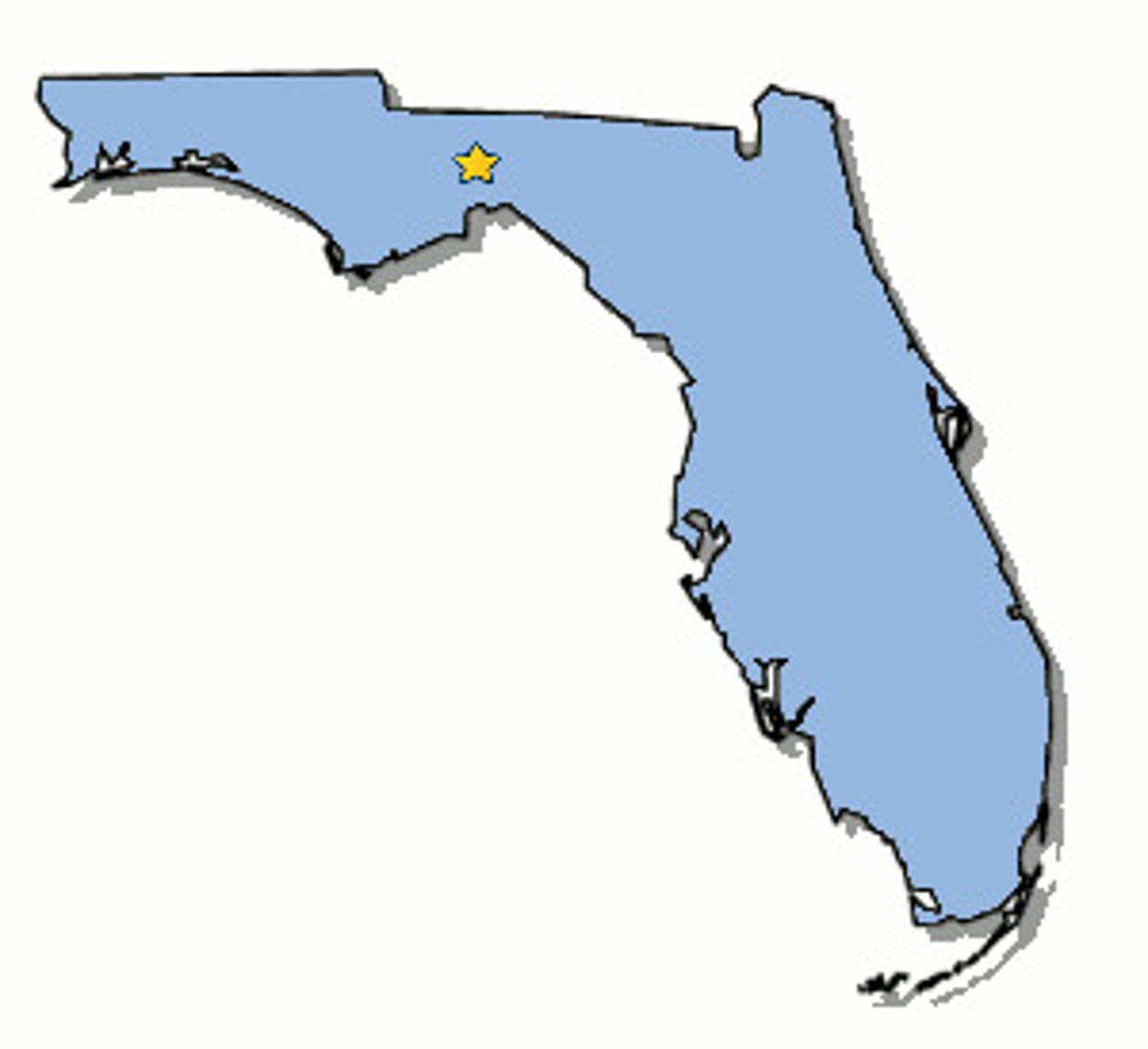
Adams-Onis Treaty
*Spain ceded all of Florida to the U.S for 5 million
*Set boundaries for the Louisiana Territory
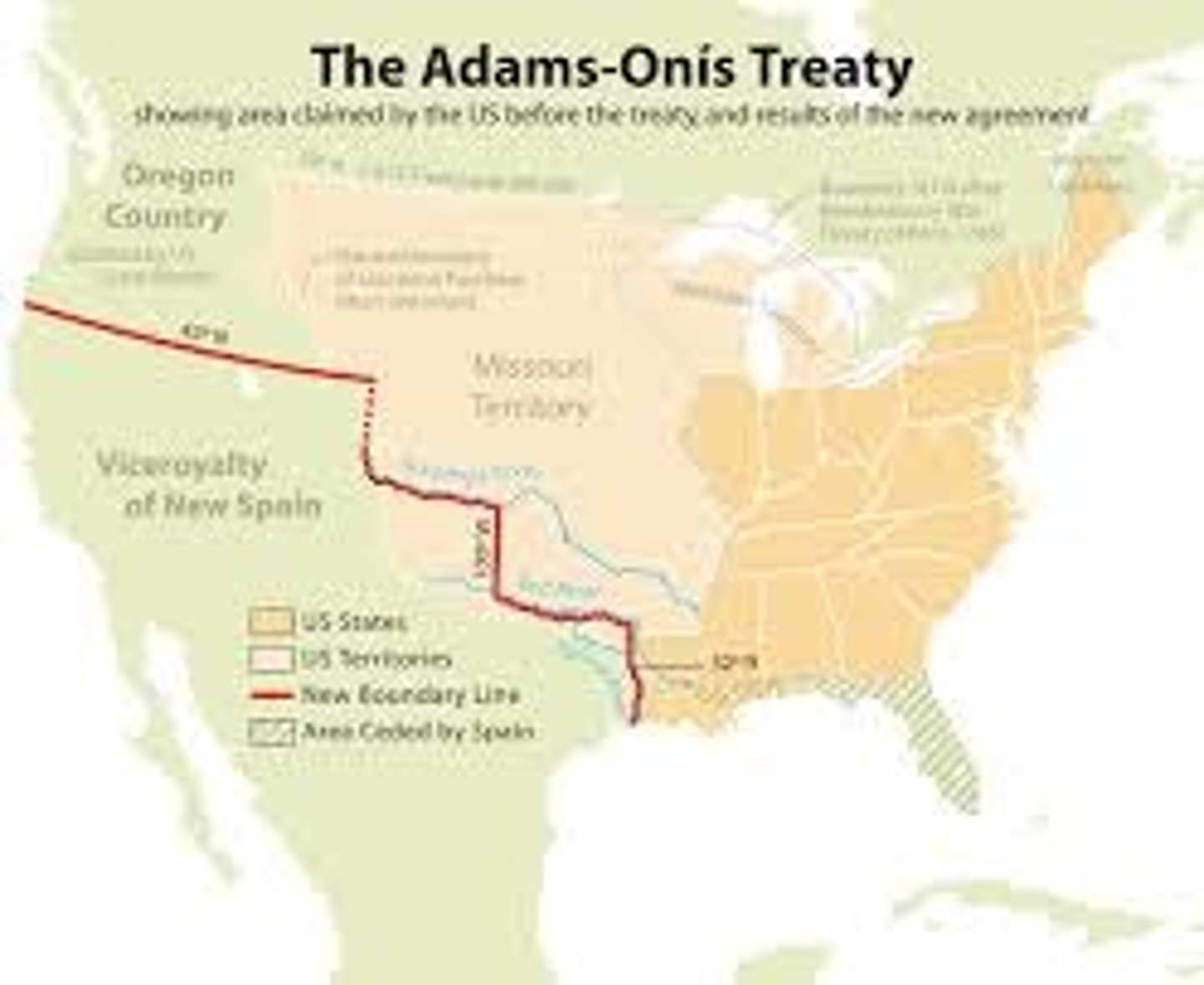
Panic of 1819
*Cotton dropped from 32.5 to 14.3 and reduced needs for US goods
*Loans were foreclosed
*Main cause speculation and State Banks printing too much money
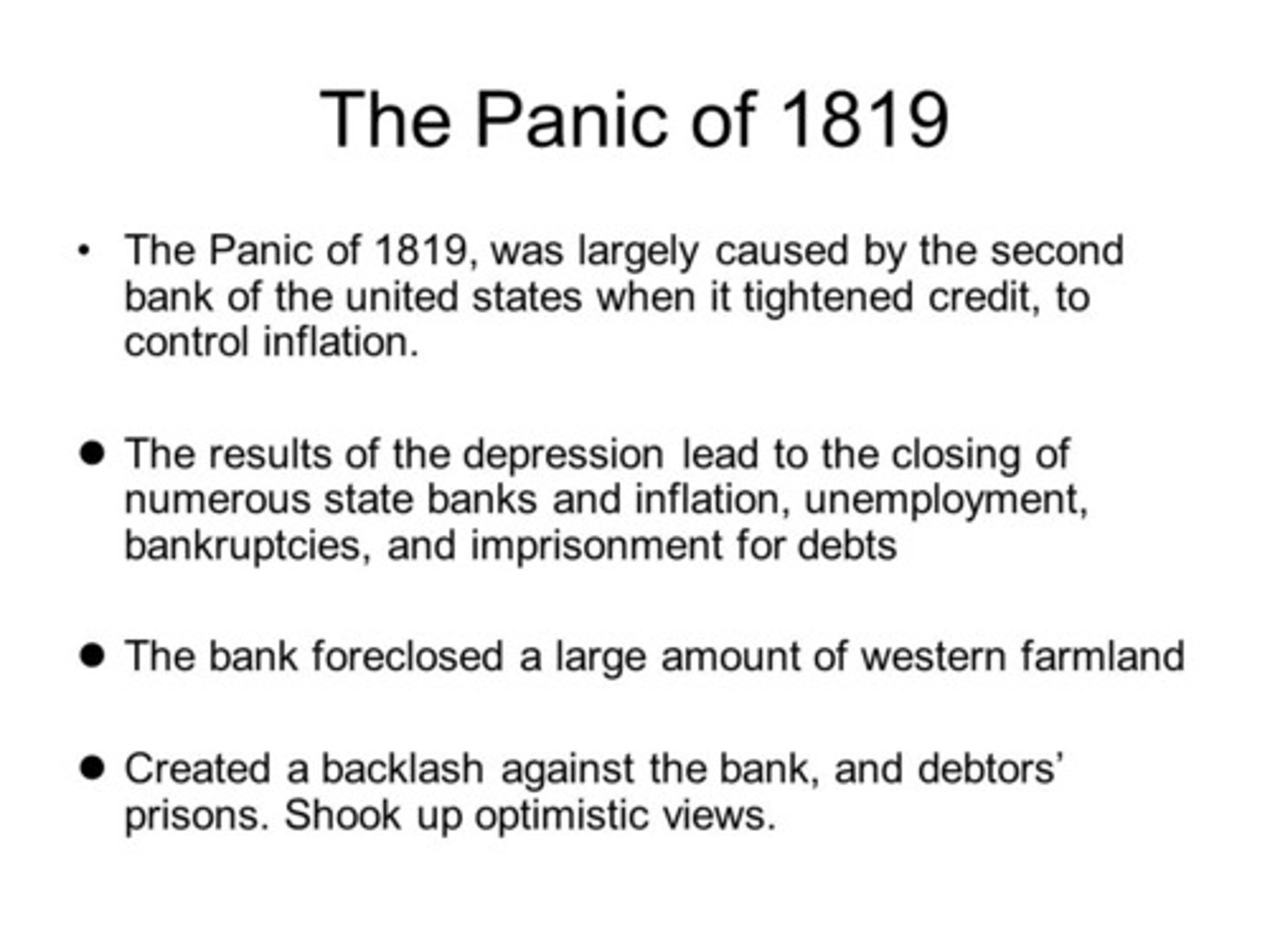
Tallmadge Amendment
*Prevented slaves from entering the US after 1819, worked for the gradual emaciation of slaves
*Defeated in the senate
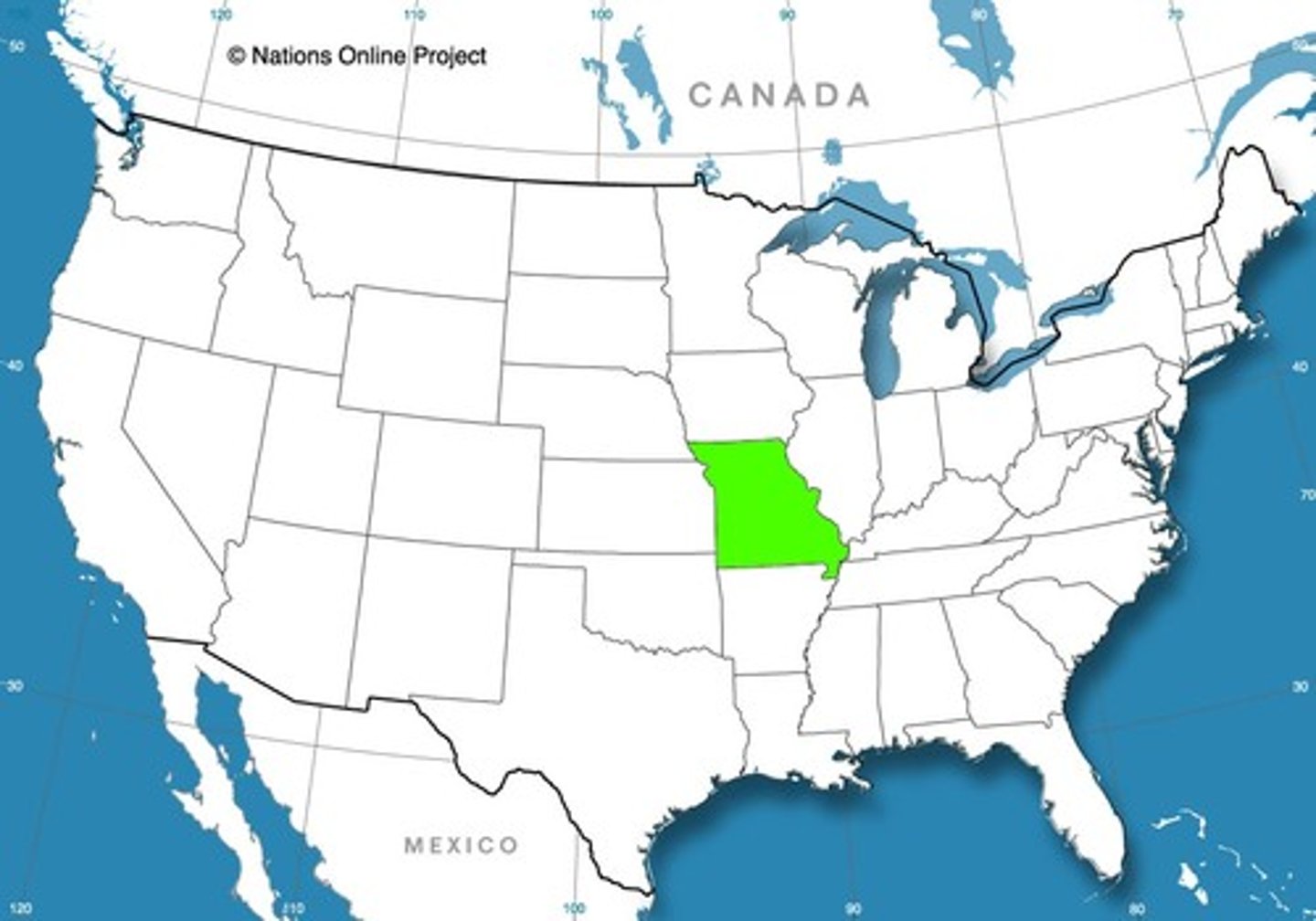
Missouri Compromise
-admitted Missouri salve state and Maine as a free state
*No slavery north of Missouri's southern border
(36*30'N) LASTED 34 YEARS
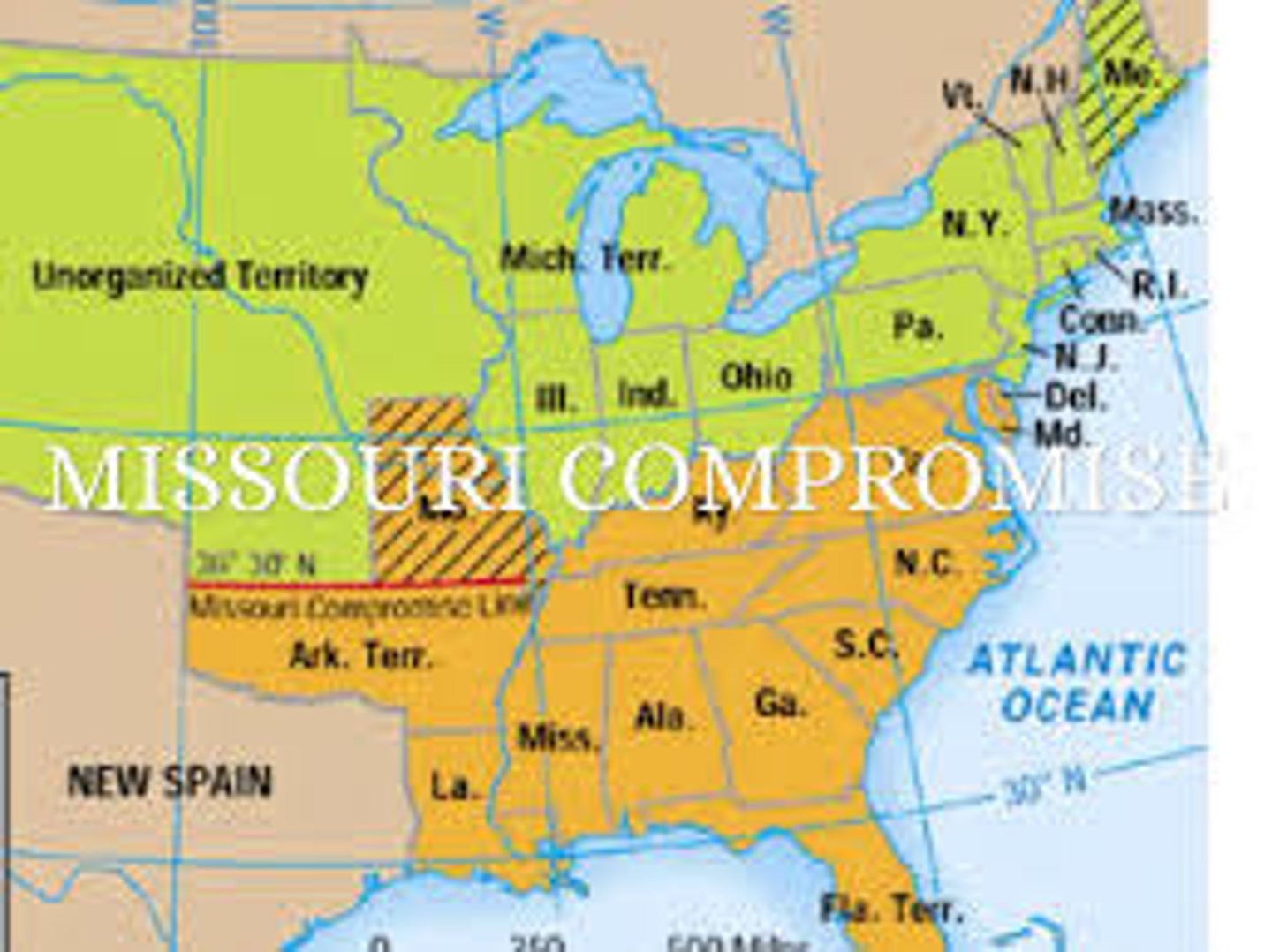
Erie Canal
-designed by Dewitt Clinton
*Connected the Great Lakes to the Hudson river
*Completed by Irish immigration with findings by New York
*363 miles long, finished in 1825
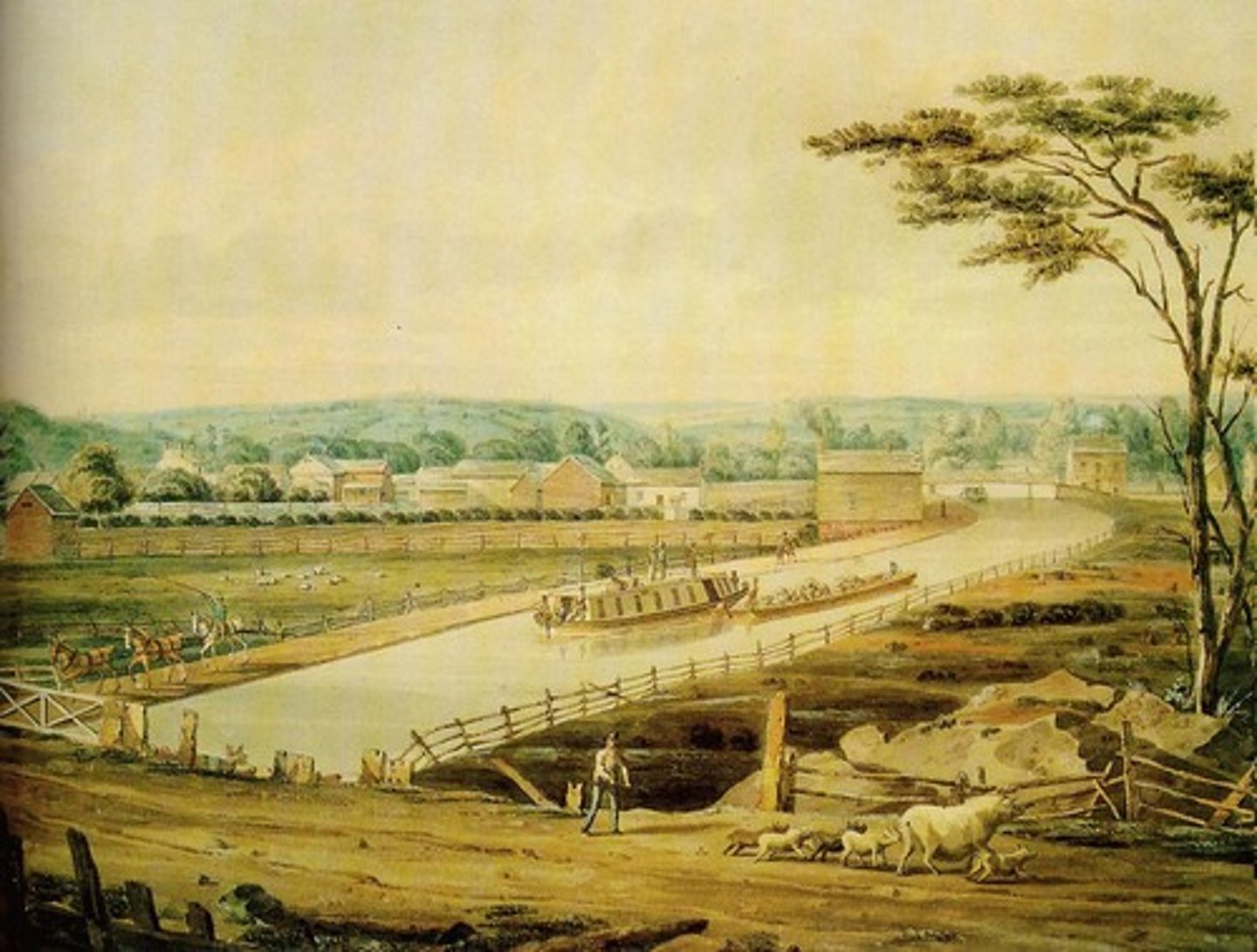
American Colonization Society
-moved African American to African
*Started the country of Liberia
*Monrovia for President Monroe
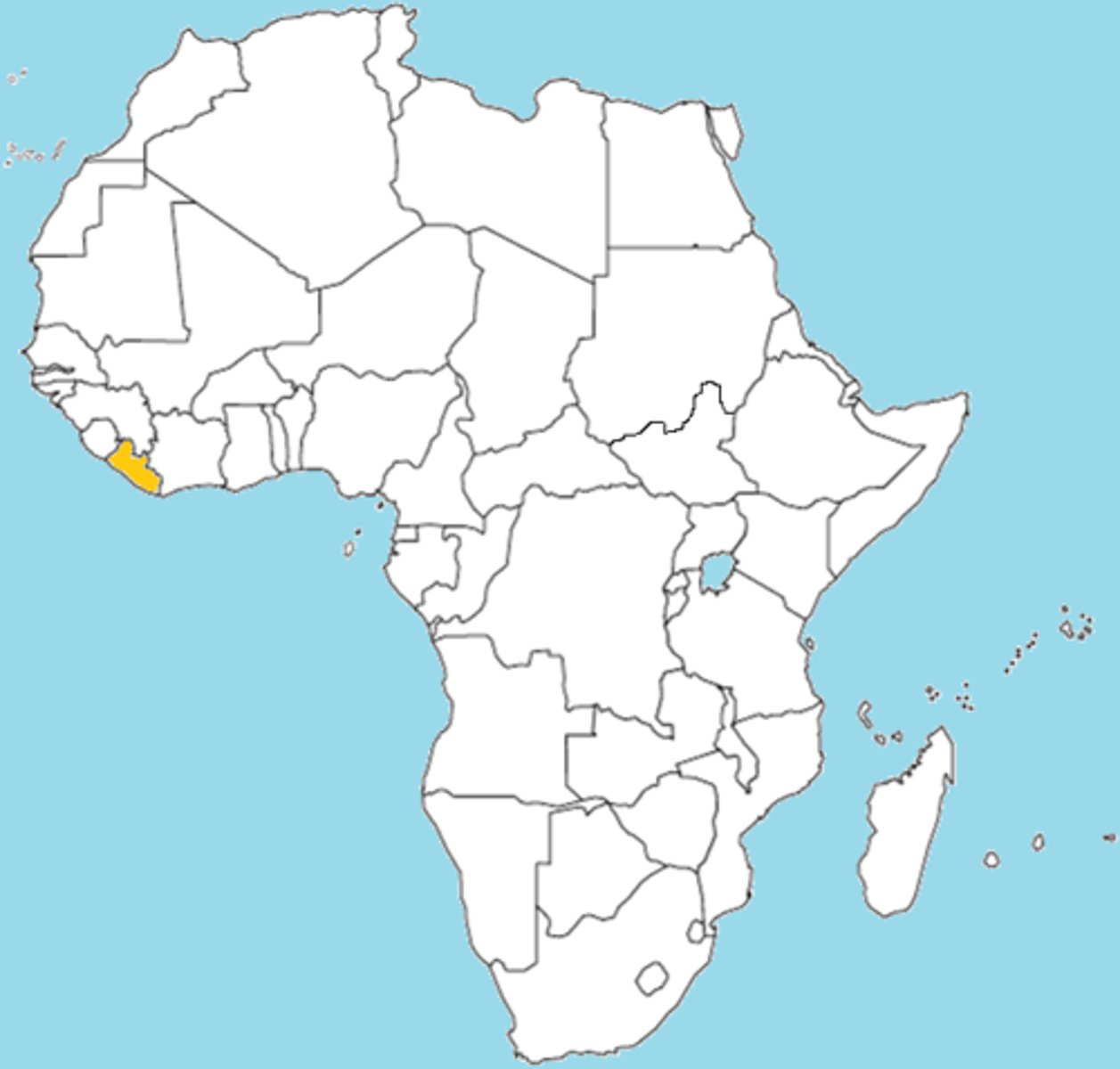
Russo-American Treaty of 1824
accepted a southern boundary of Alaska at 54 40N
*A joint US-British occupation of the territory
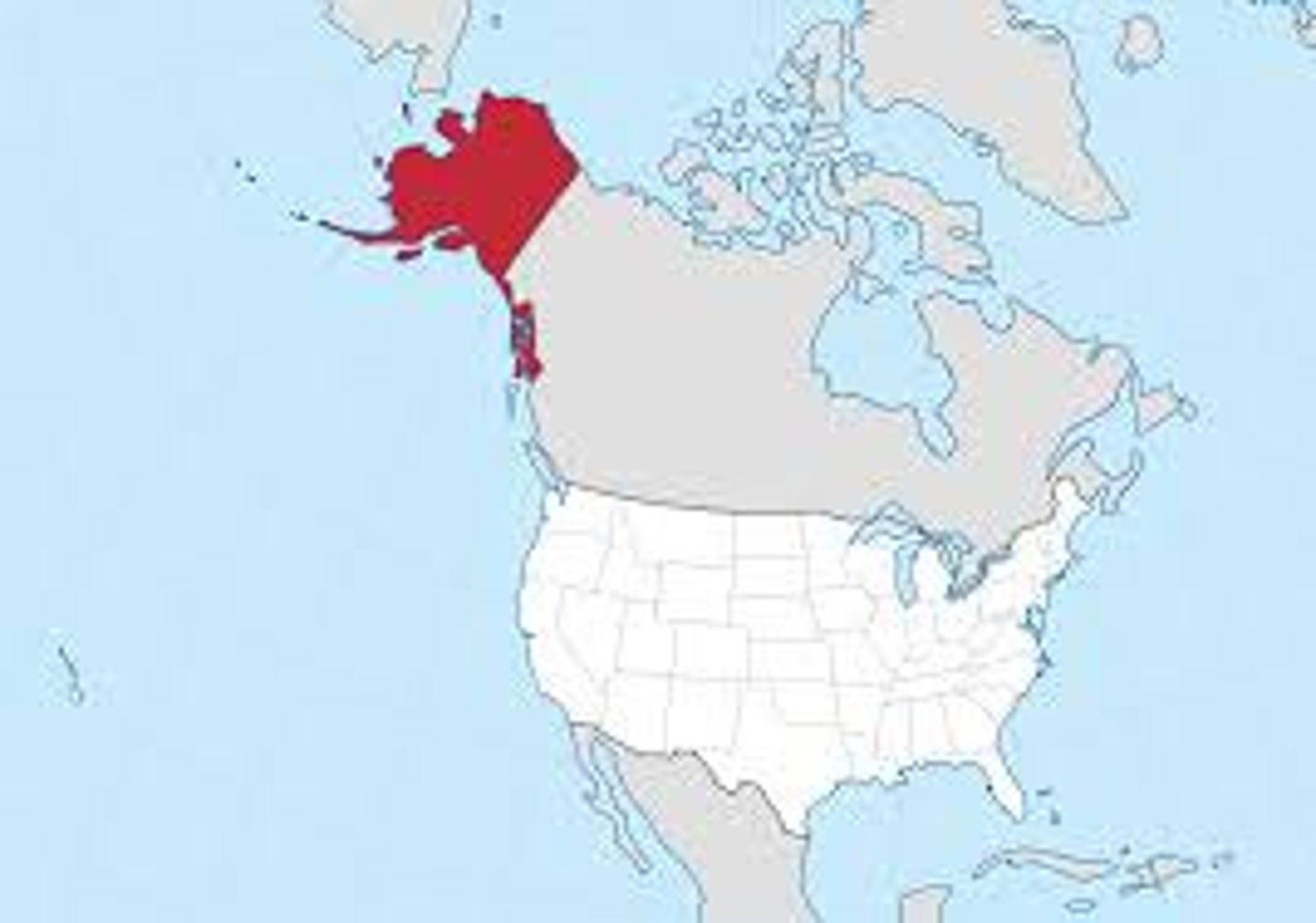
Monroe Doctrine
-John Quincy Adams Wrote it
*U.S would prevent European countries from interfering, intervening and colonization Latin America
*By 1824 Spain's colonies had declared independence
-Some European Monarch wanted to help Spain regain control
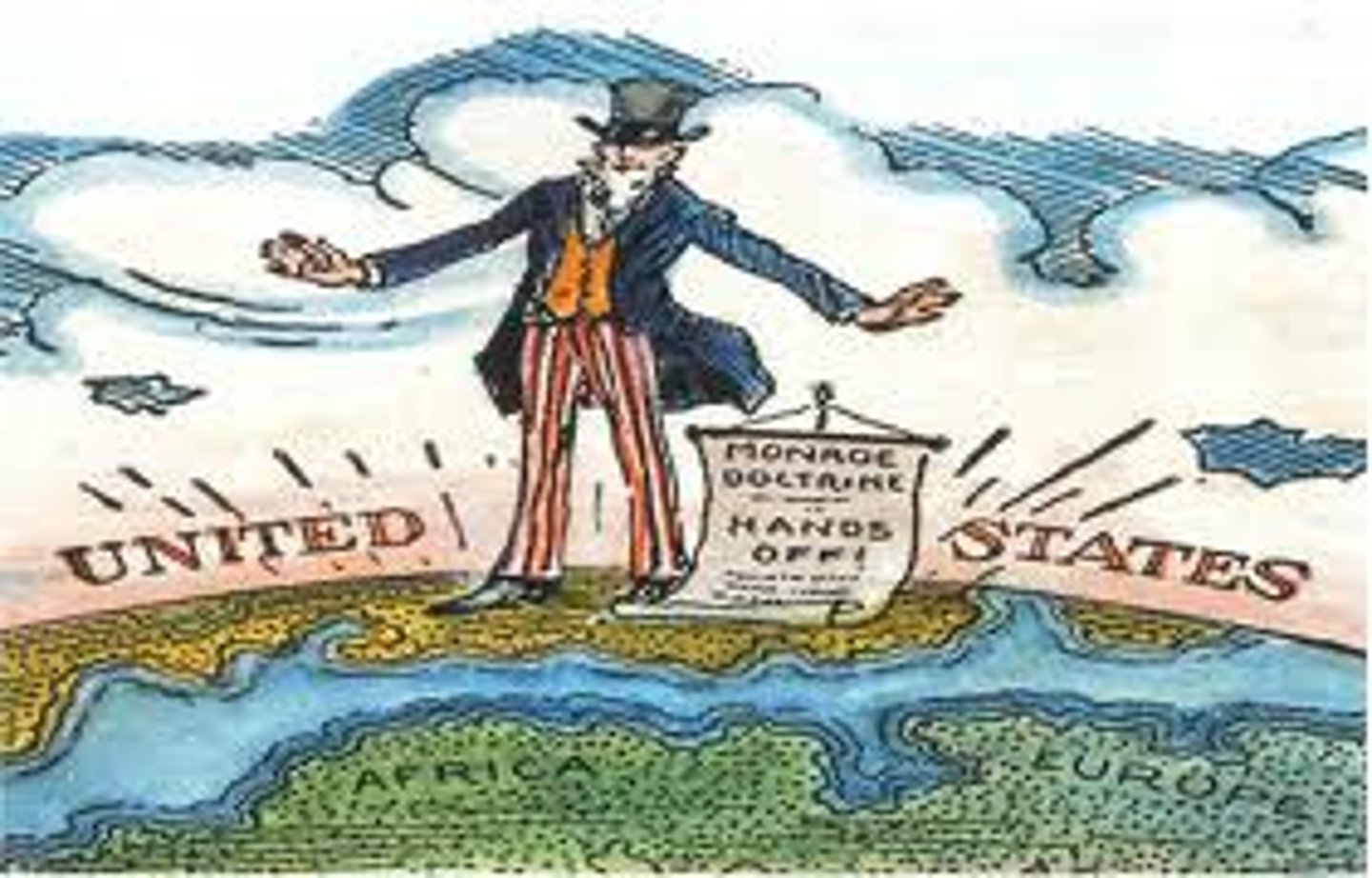
Elizabeth Blackwell
*first American Female Doctor
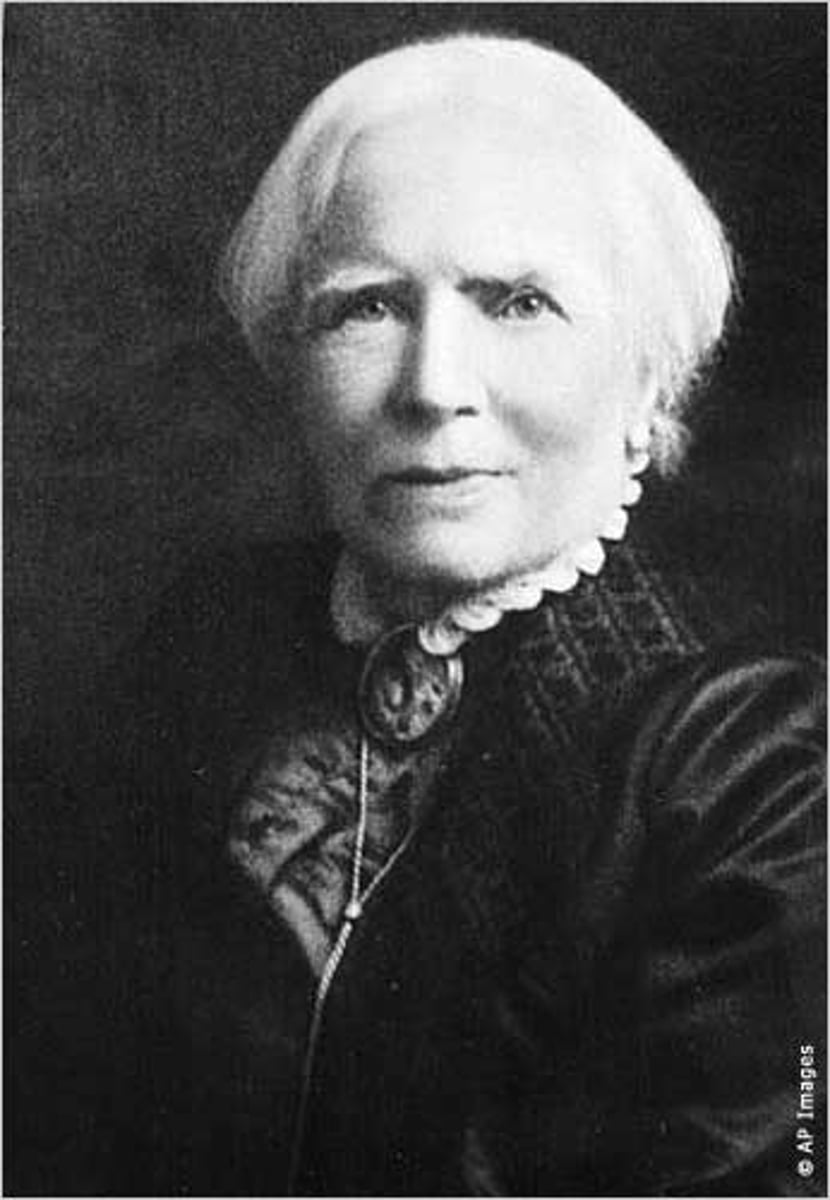
Samuel F.B. Morse
*invented the telegraph & Morse code in 1844
"What hath God Wrought"
*First transatlantic cable in 1858 by Cyprus Field
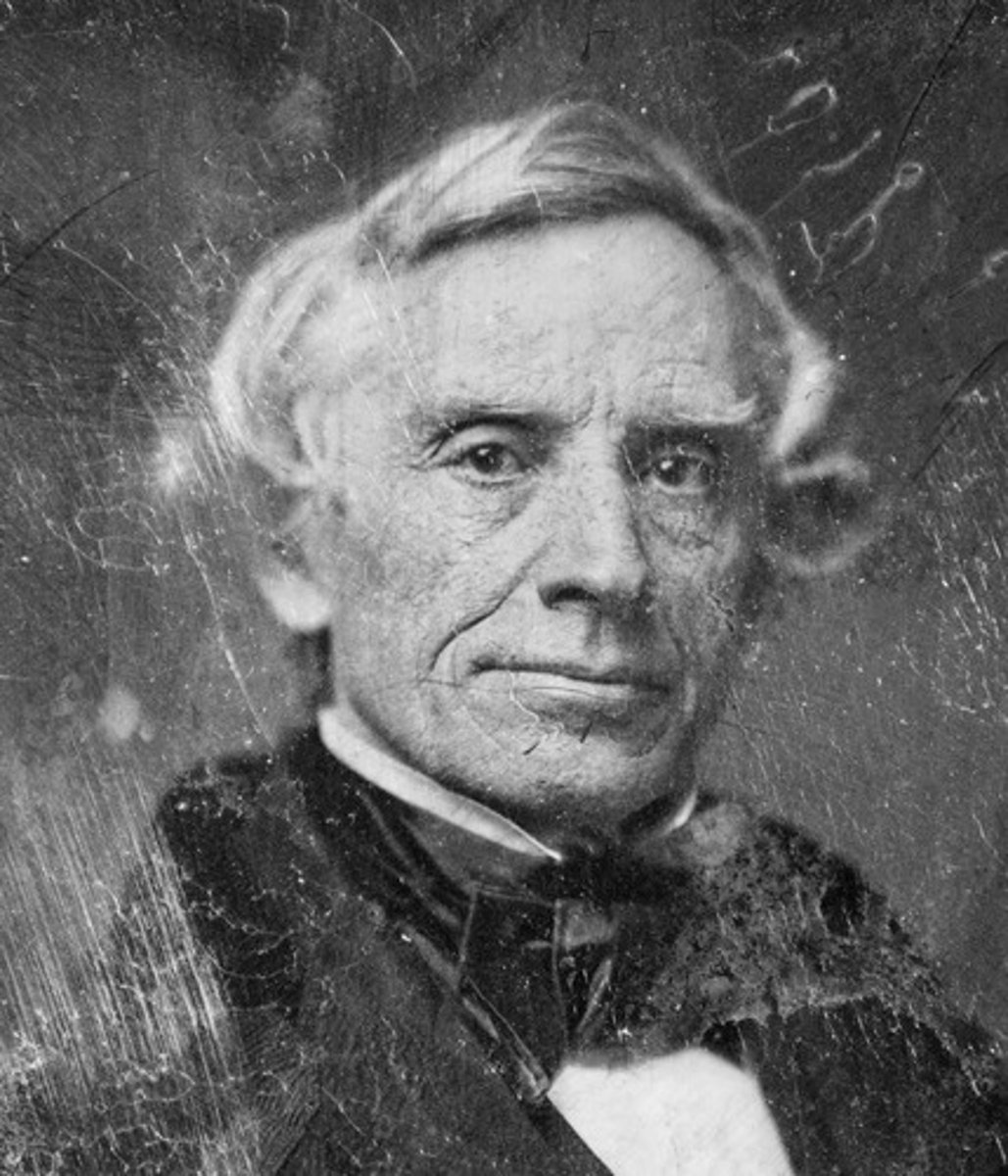
Cyprus McCormick
*Mechanical mower-reaper
*Did the work of twelve men
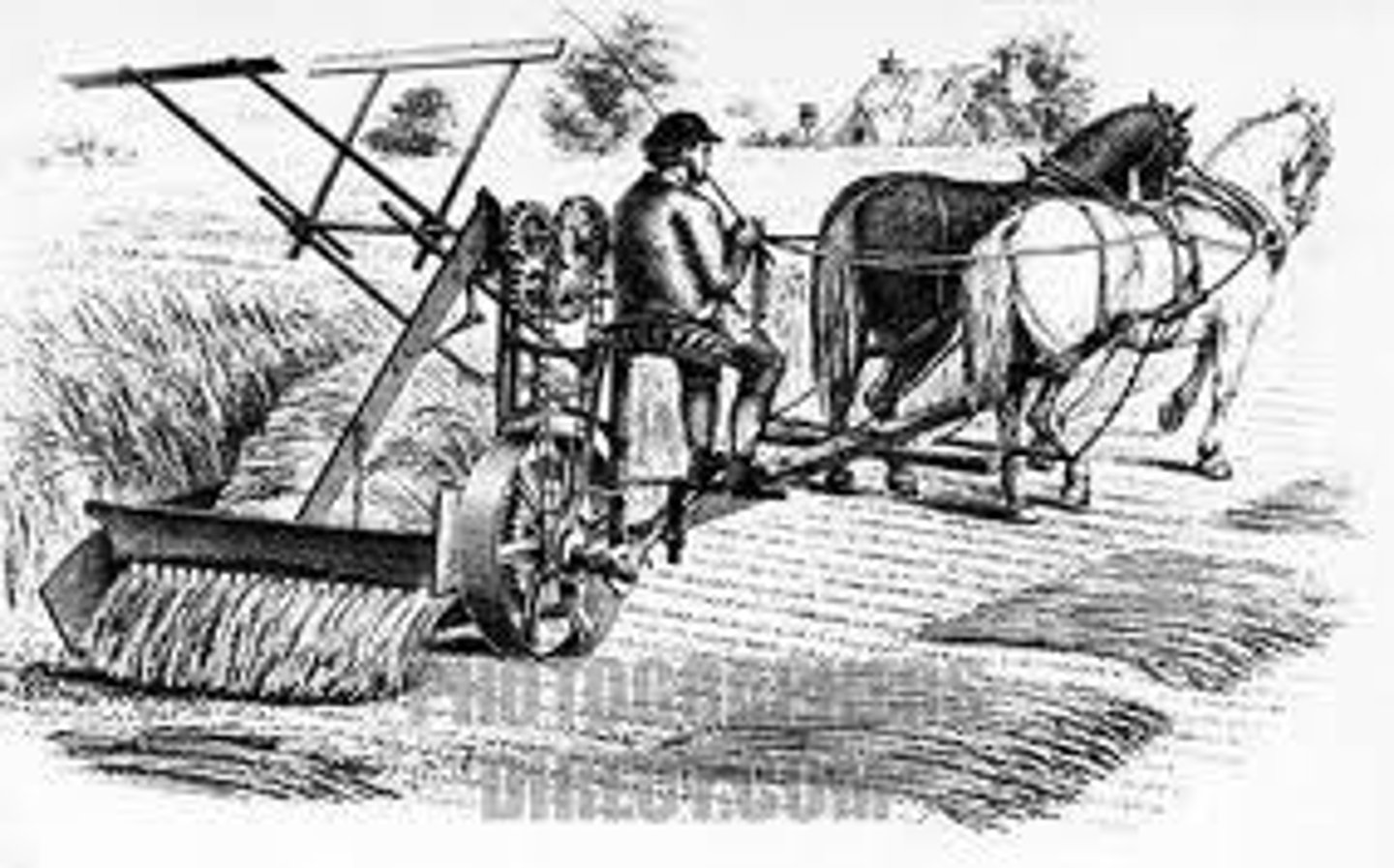
Second Great Awakening
-led by Charles G. Finney
*encourage women to participate, massive revivals of Methodist and Baptist
*Started movements for temperance
*Asylum & Prison reform, abolition women's rights & education.
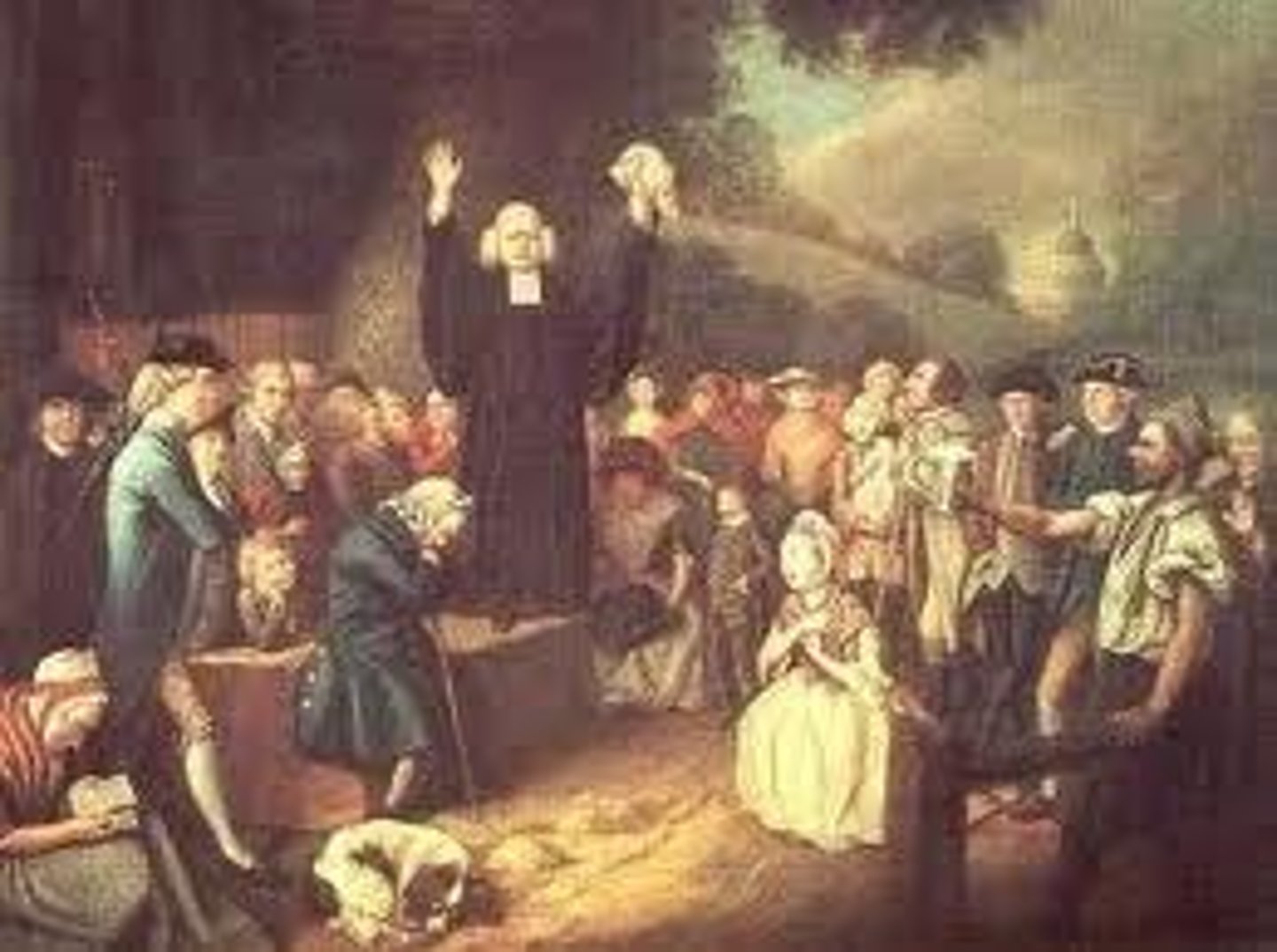
Election of 1824
-Henry Clay, Andrew Jackson, and John Quincy Adams ran for president.
*Jackson won the popular vote, but din't have a majority in the Electoral College
*The house of representatives elected Adams
*Jackson called it a "corrupt bargain", believing Clay became secretary of state to let Adams wins
*Jackson started democrats and Adams started the national republicans
Democratic Party
*Started by Jackson to oppose the corrupt bargain
*The Democratic-Republicans particularly against Adams and Clay
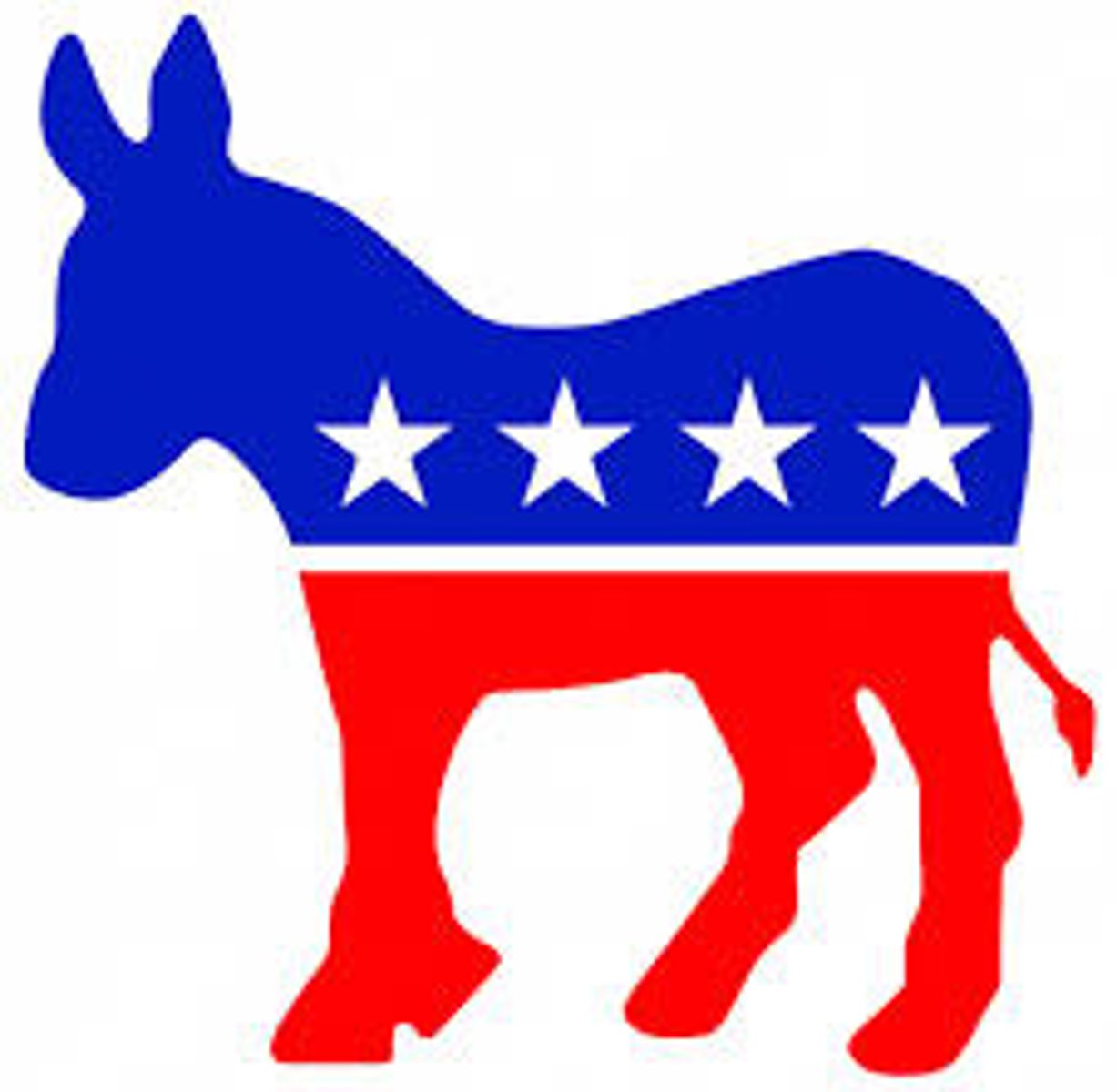
John Quincy Adams
-accomplished diplomat & secretary of state
*Struggled in office because of the corrupt bargain, he left the appointees in office even though they didn't support him
*Made little policy in office
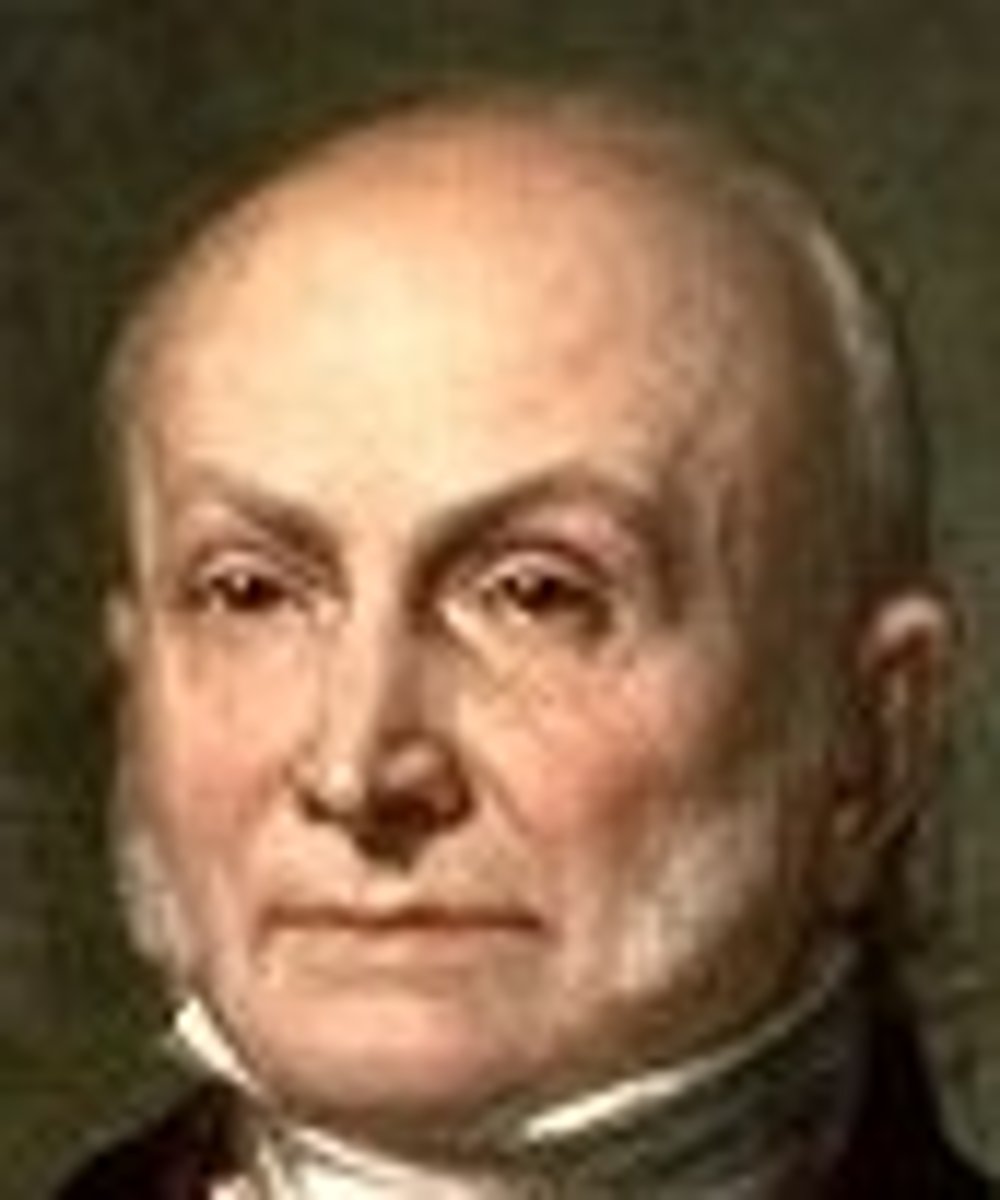
Election of 1828
John Quincy Adams- accused of bring gambling into the White House because he bought a billiard table and chess board.
Andrew Jackson- man of the people, actually was a wealthy planter, Rachael Jackson was accused of being a bigmast because her divorce wasn't official.
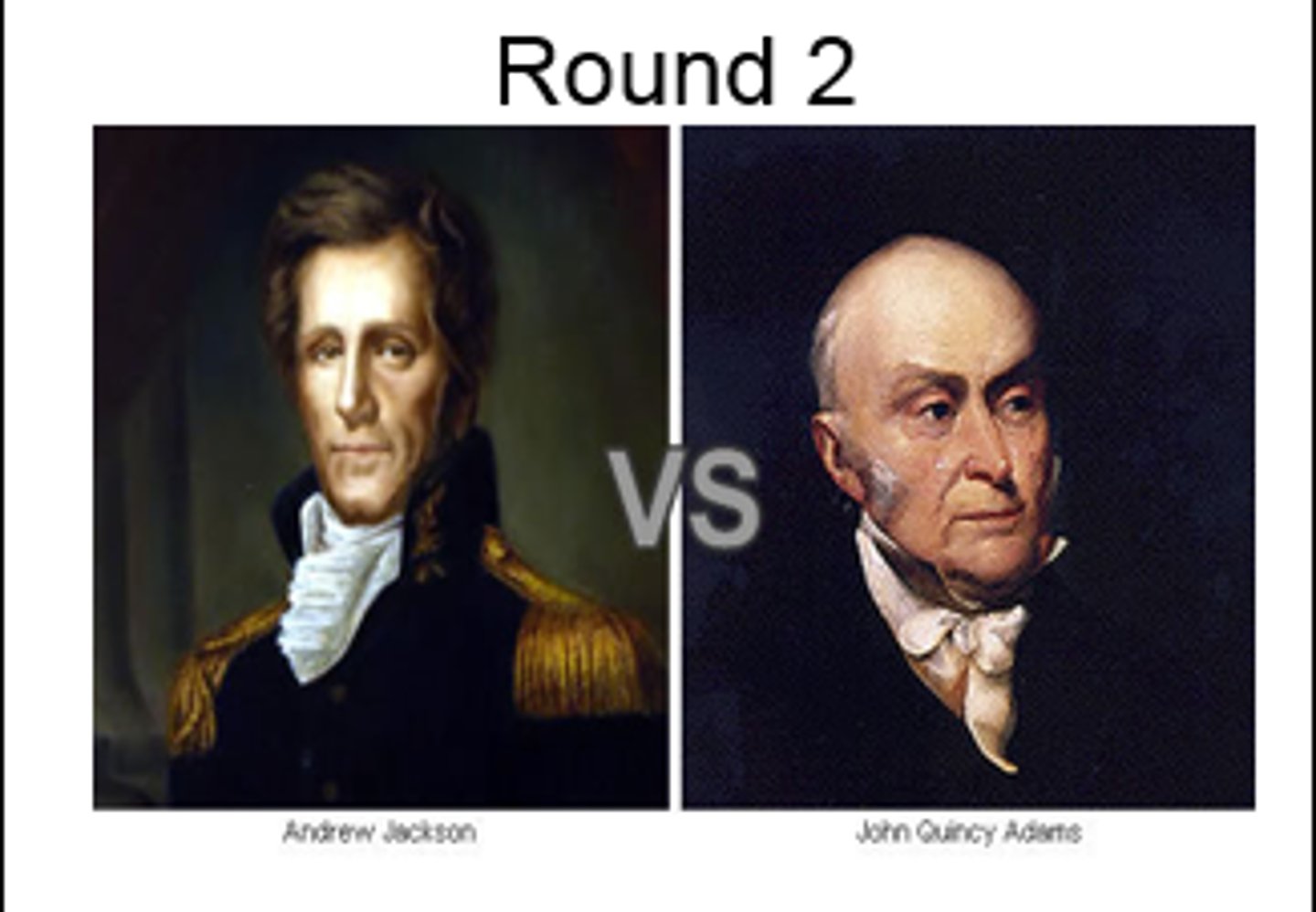
Inauguration of 1828
-Common people attended Jackson
*Man of the people nicknamed "Old History" because of his toughness
*Saw the federal government as a rich only benefit
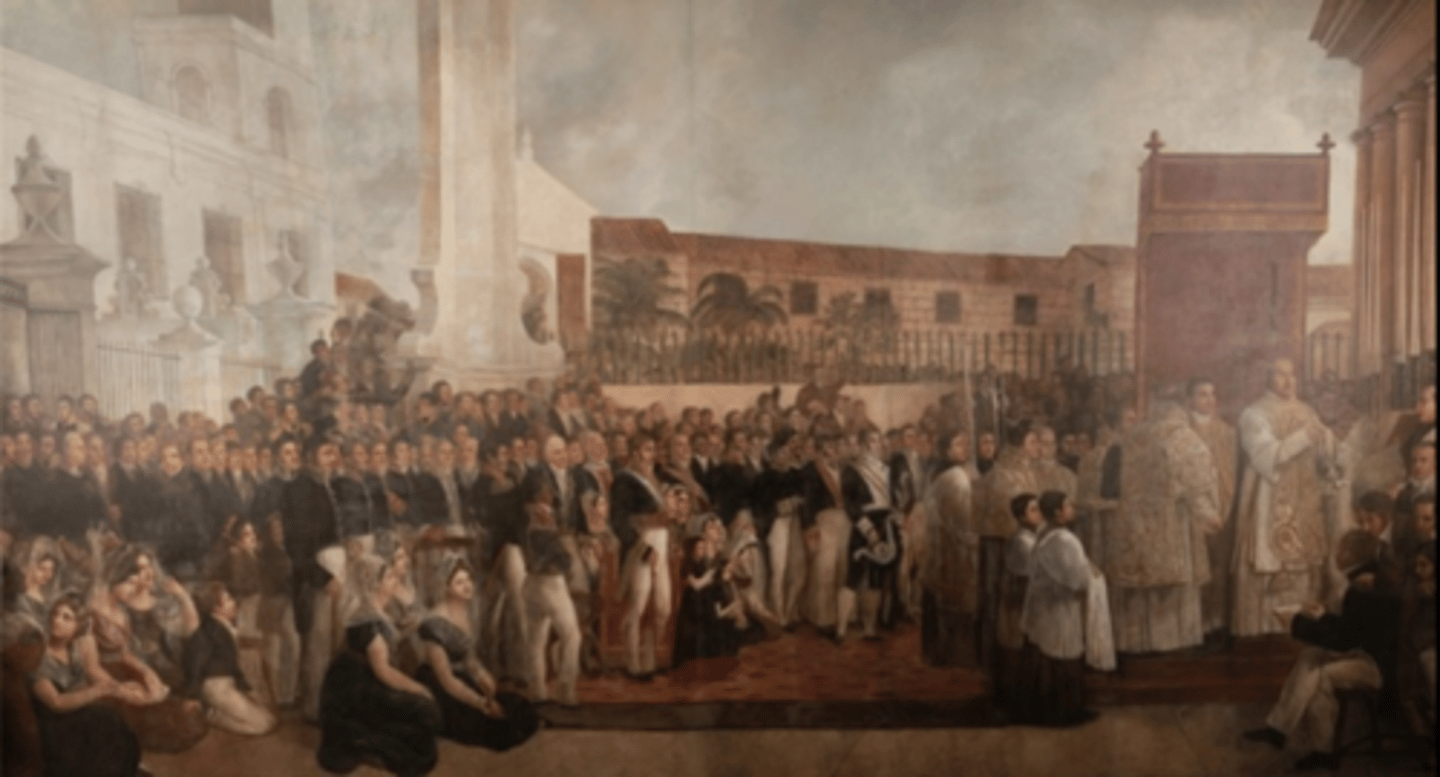
Spoils System/ Patronage
*appointing government jobs/civil service for supporters of the winning party
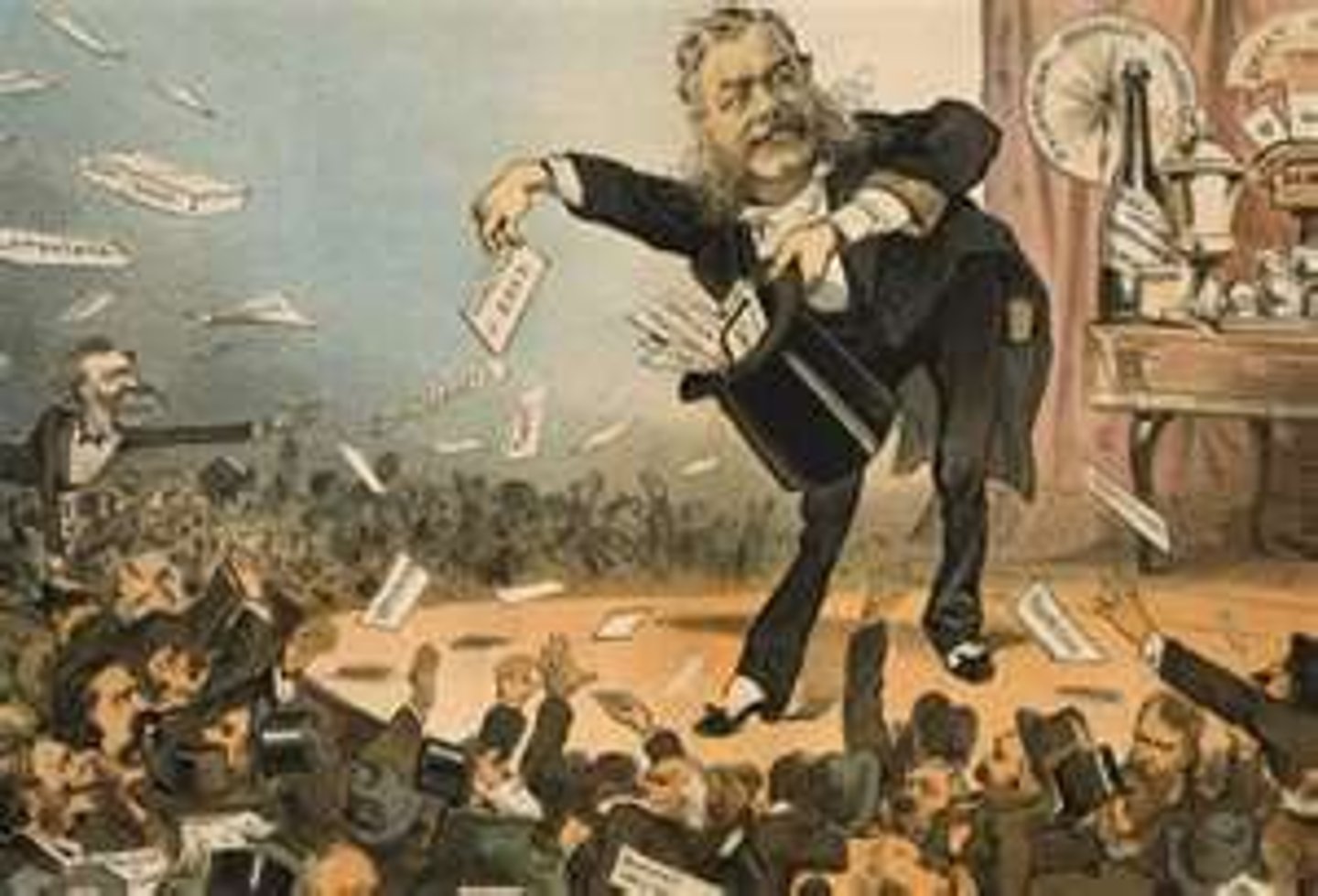
Battle of the Petticoats or Peggy Eaton Affair
*Calhoun's and the Cabinets' wives would not socialize with Peggy because it was believed her first husband killed himself because she had an affair, Jackson forced the cabinet to resign.
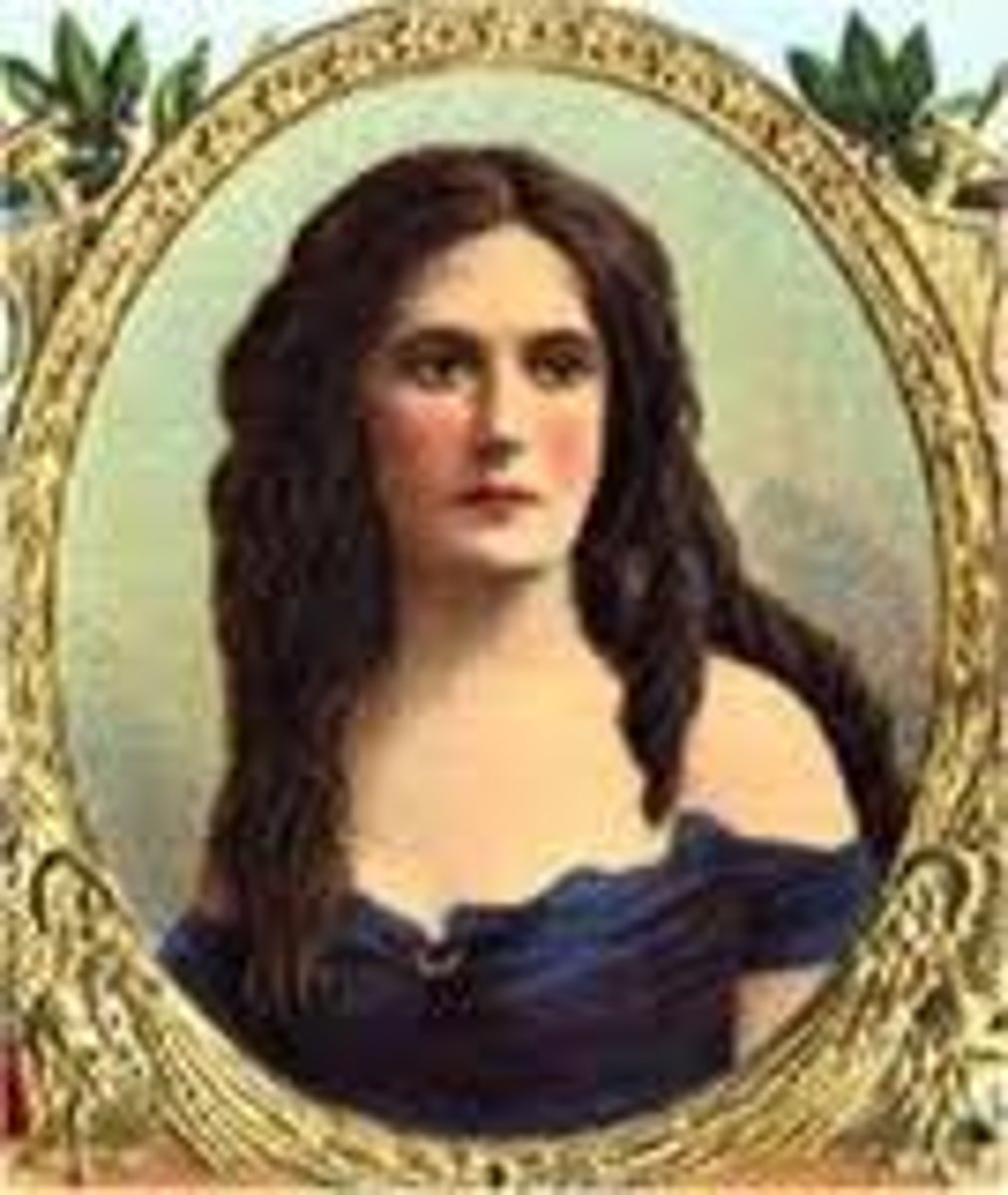
Tariff of Abominations
*increased the tariffs on good like clothing, favored the North
*Proposed by Jackson's supporters to hurt Adams
*Southerners bought taxed products but received no help with their products
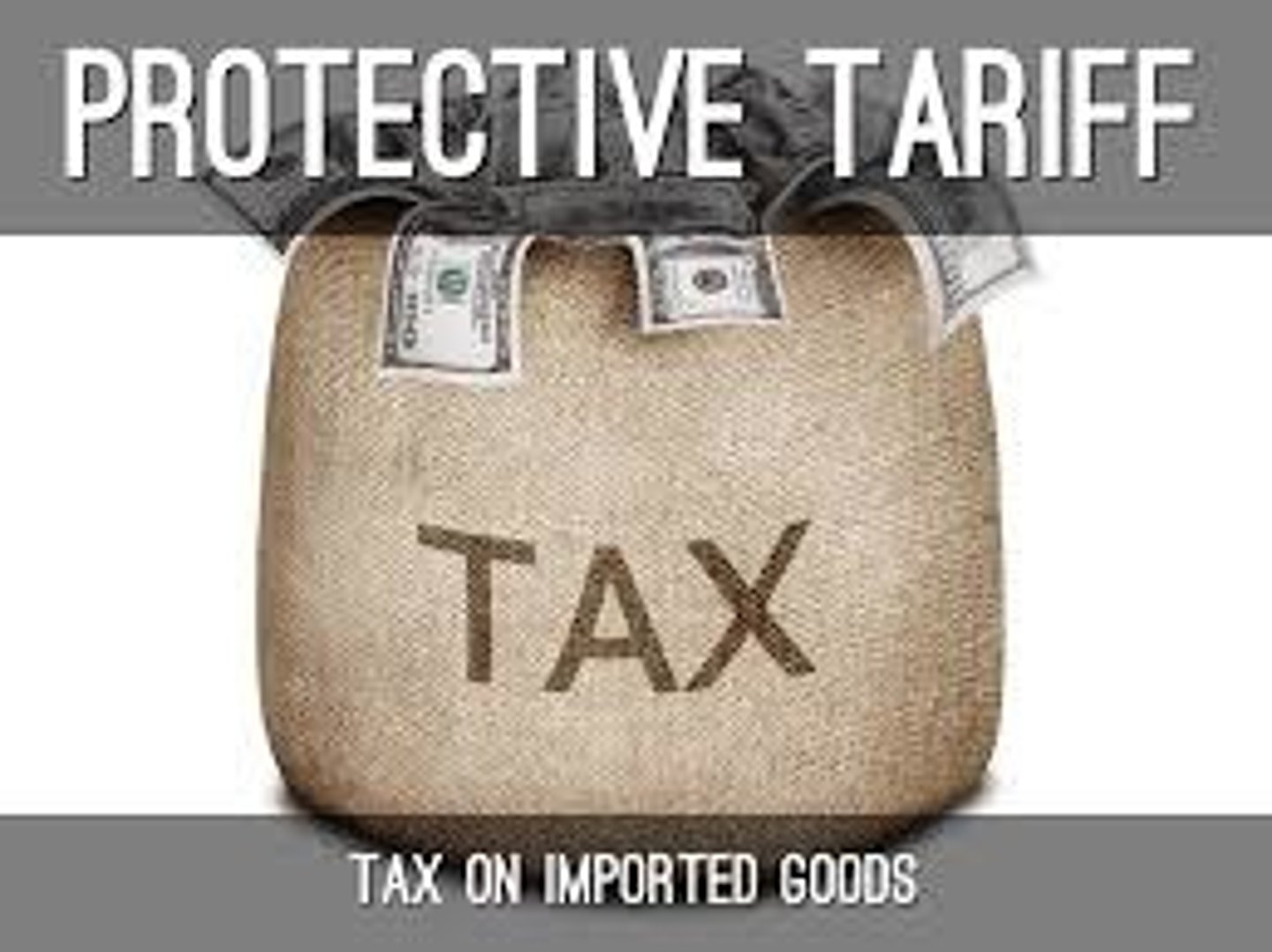
South Carolina Exposition
-Written by VP John C. Calhoun against the tariff, states could nullify or void laws by elected State Officials
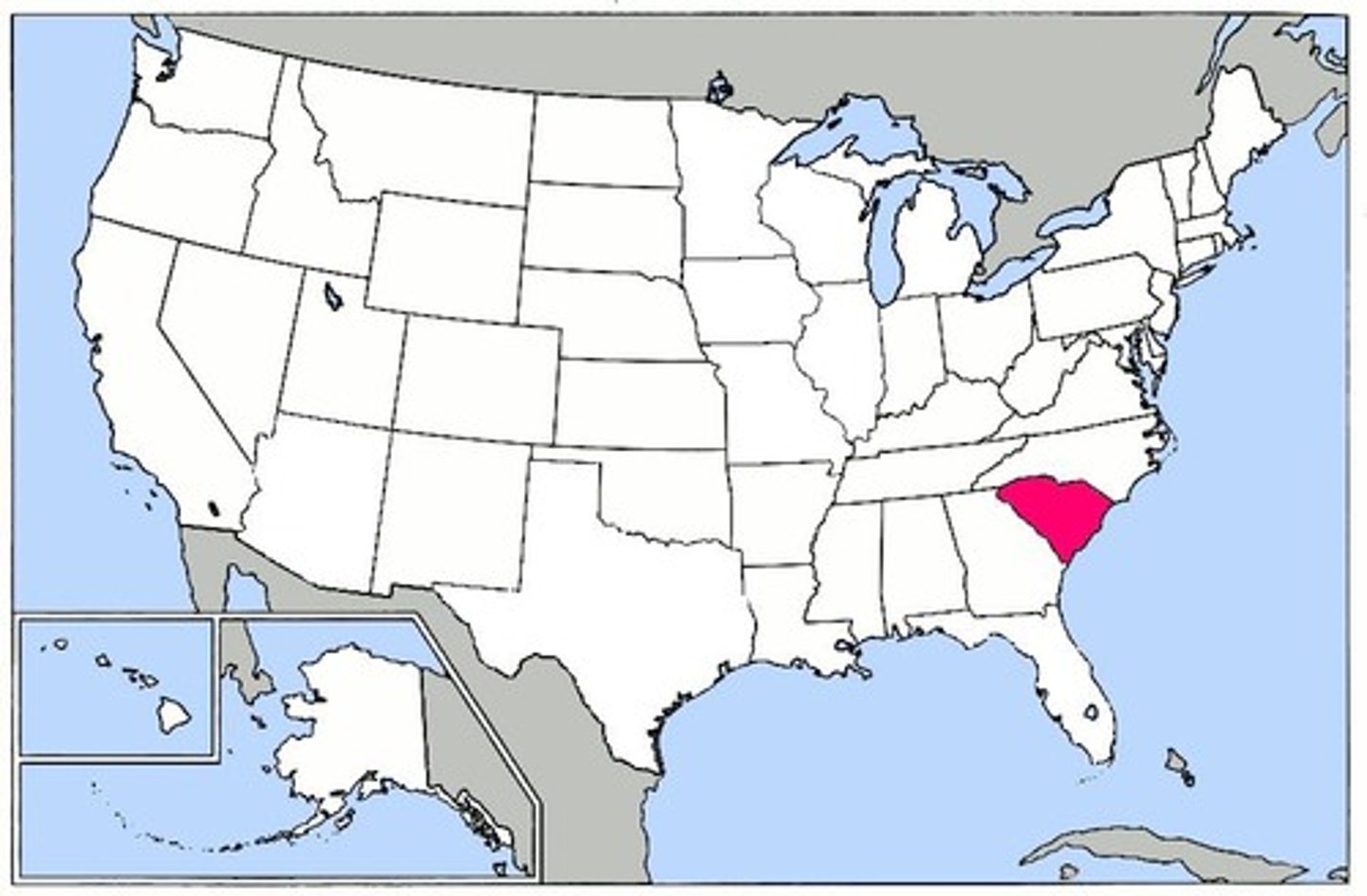
Nullification Crisis
South Carolina threatened secession if the federal government tried to collect taxes
*Jackson proposed hanging his opponents
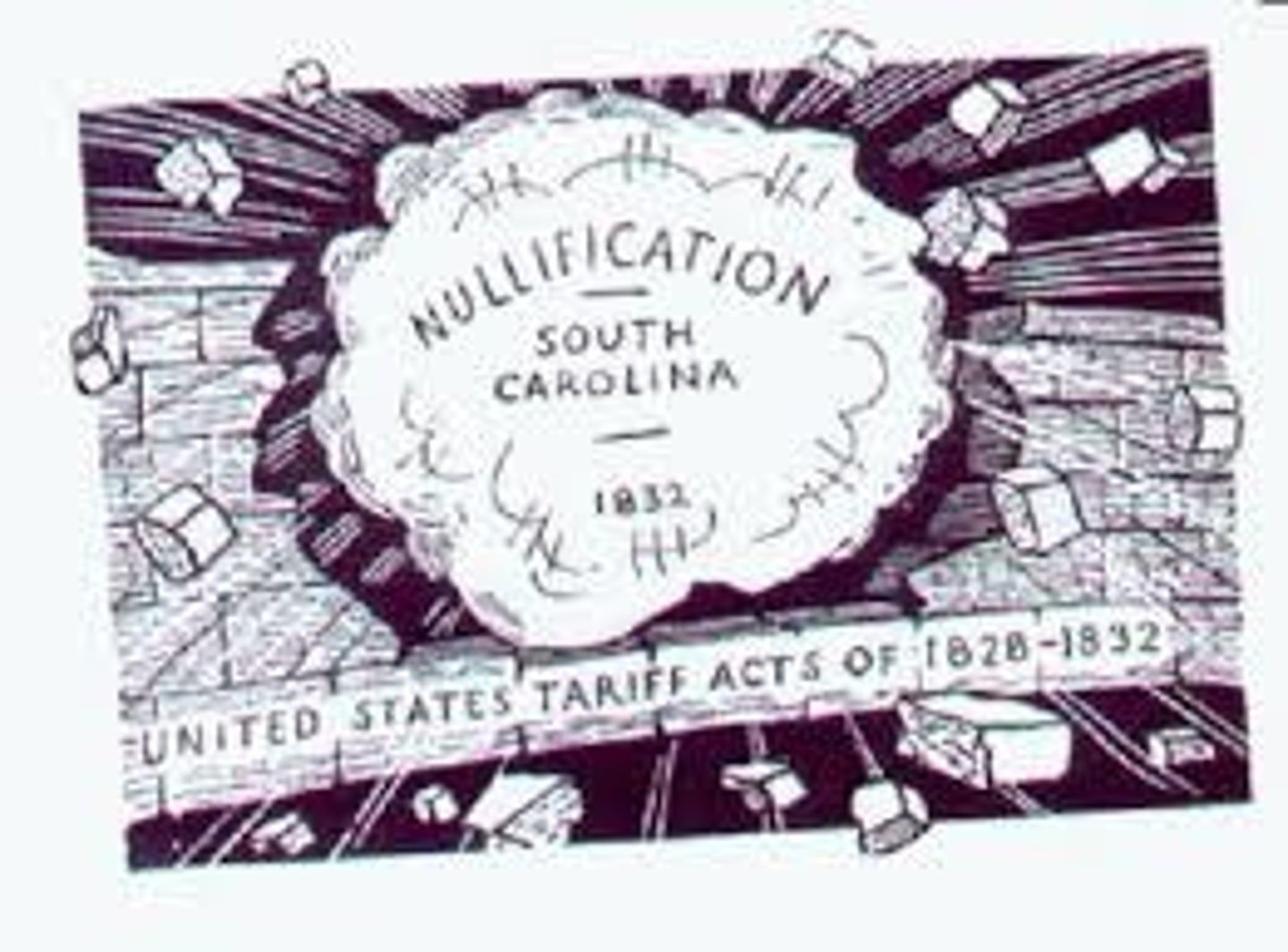
Force Bill
-authorized the president to use the army and navy to collect tariffs
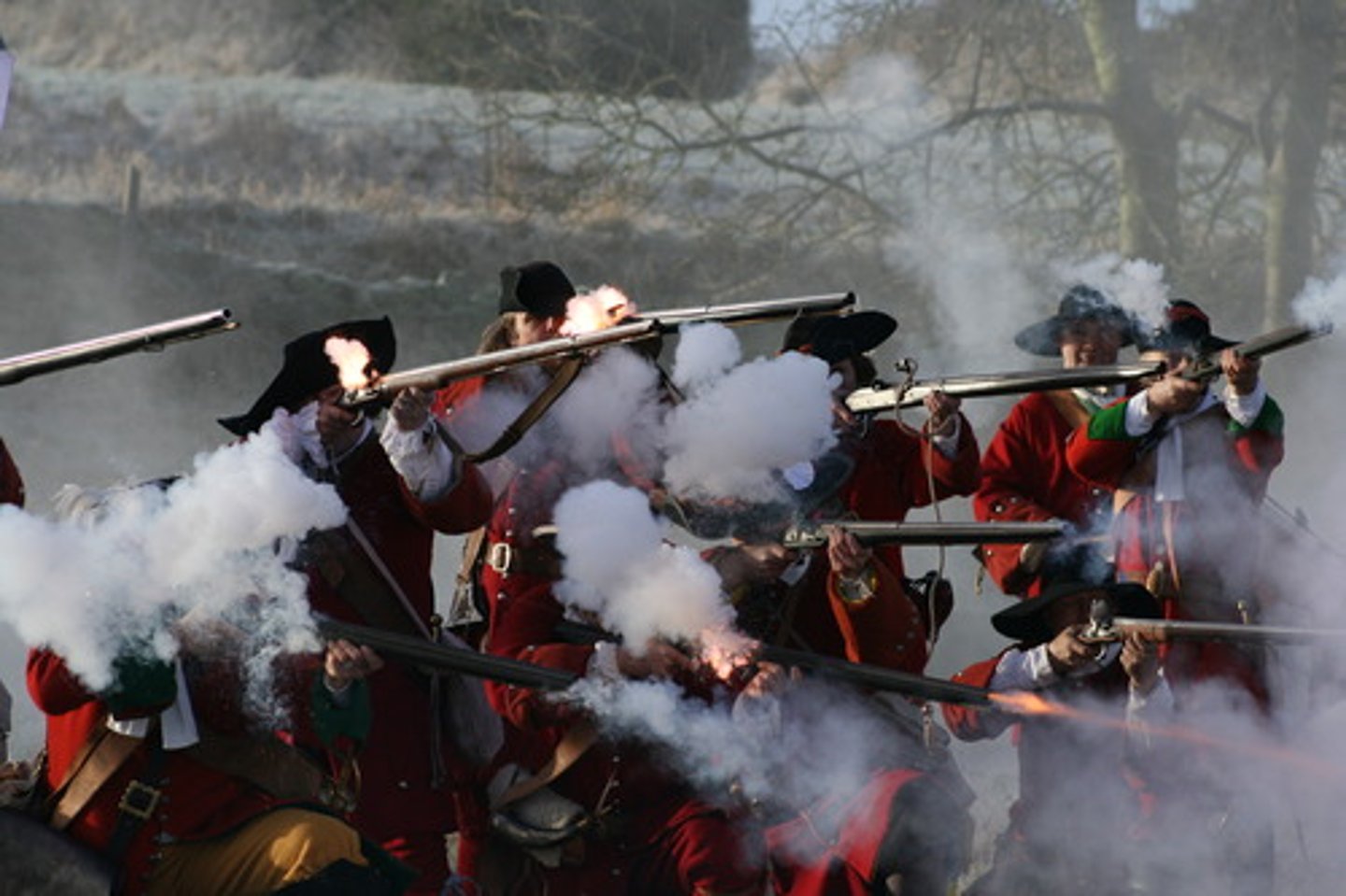
Indian Remove Act 1830
*required major Indian tribes to move west of the Mississippi River to the Oklahoma area.
Black Hawk- his rebellion was crushed by a unit led by Jefferson Davis & Abraham Lincoln
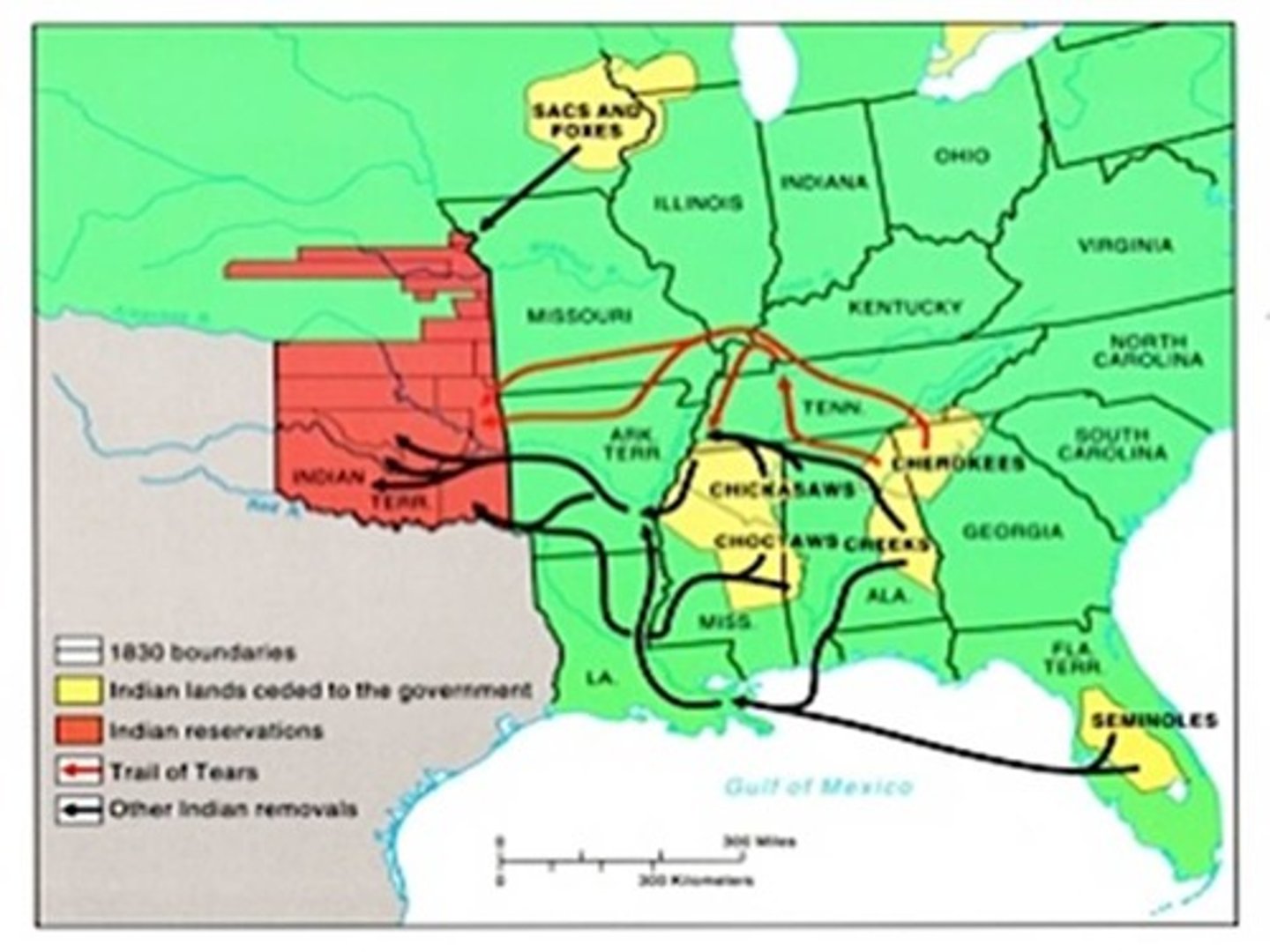
Worcester v.s. Georgia
The Cherokee sued the government stating their land was protected by treaties & won.
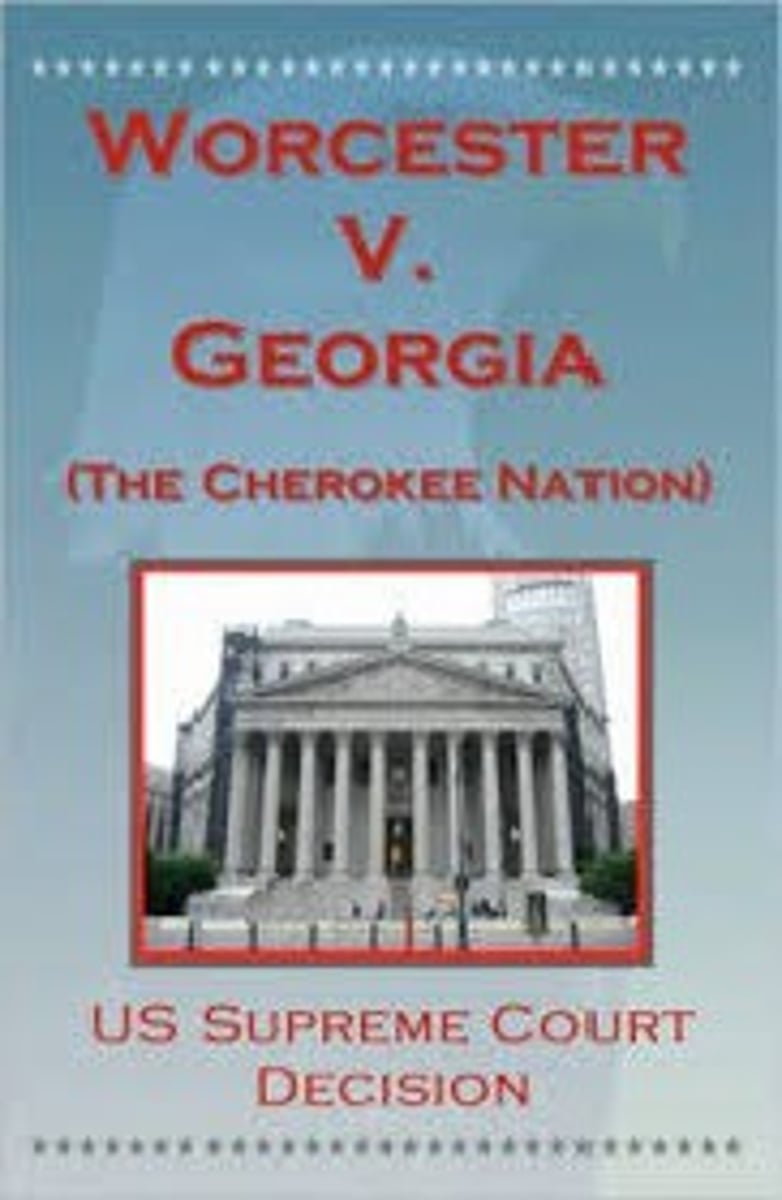
Trail of Tears
15,000 forcibly marched & 4,000 died on the 116 day trip
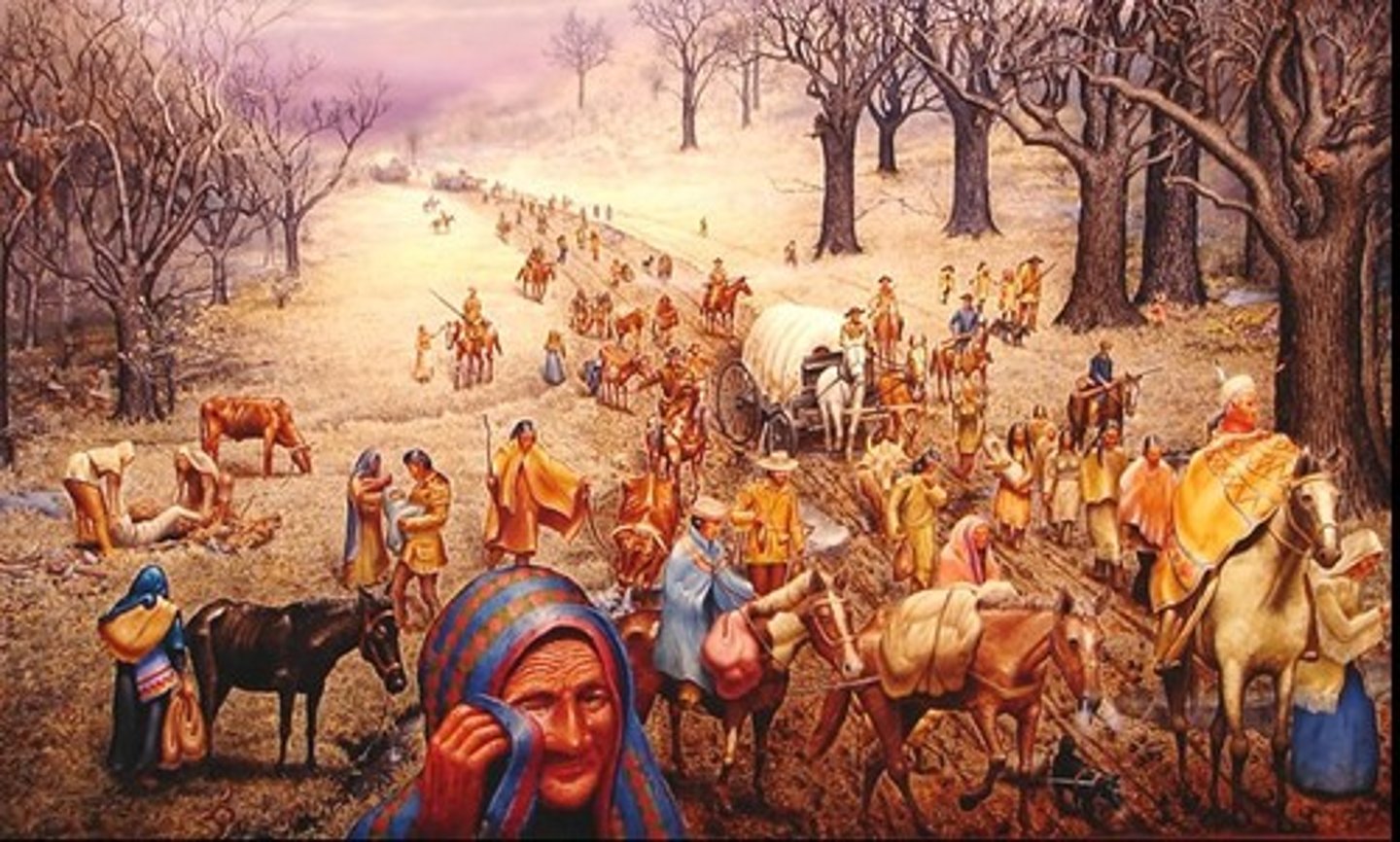
Election of 1832
*1st national nomination convention or caucus system
*had congressional party members choose presidential nominees first time in US history
*National Republicans published their political platform
*Newspapers worked against Jackson
*Jackson replaced Calhoun with Van Buren as vice-president when he found out Calhoun wanted to have Jackson disciplined for his action in Florida
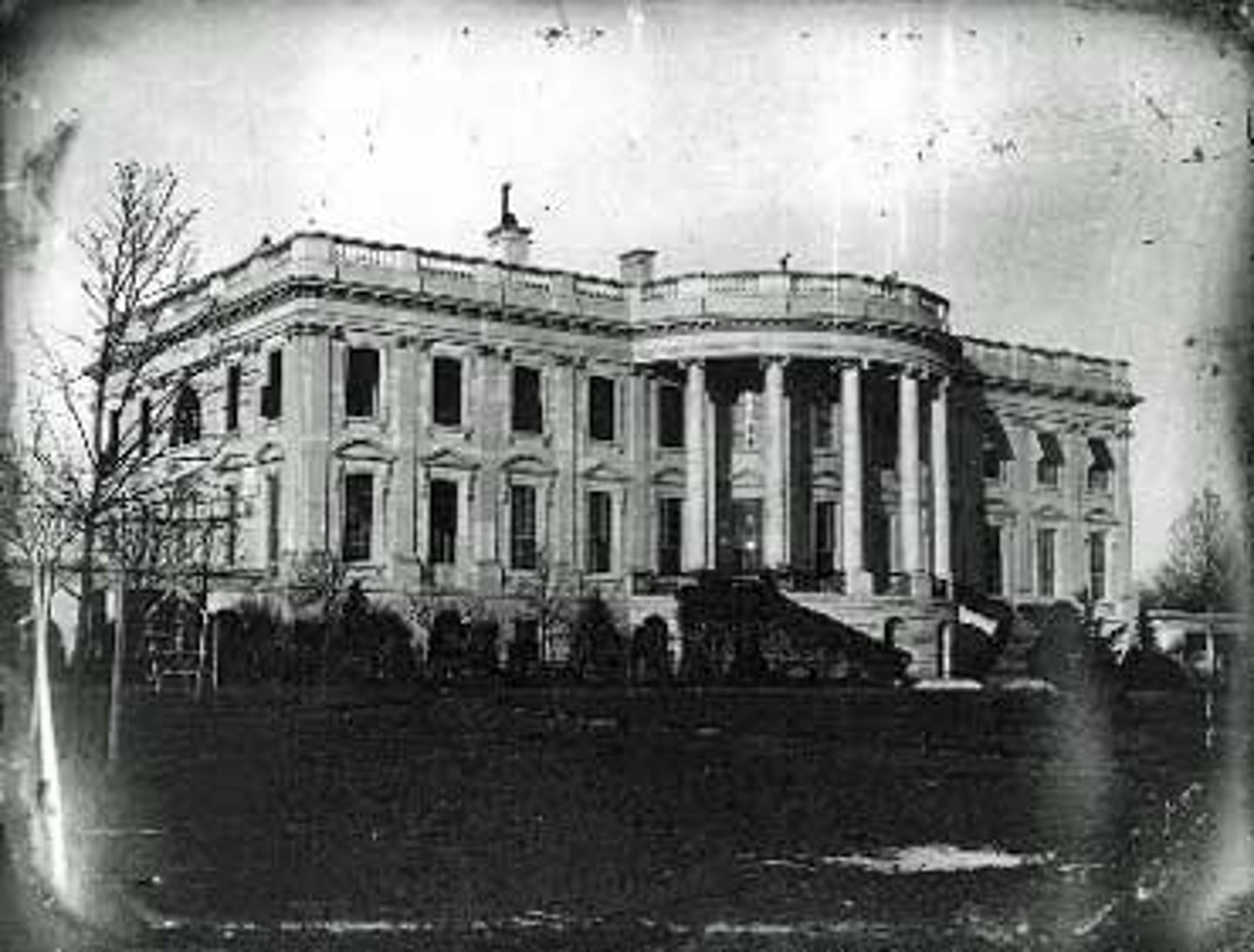
Anti Masonic party
first third party-started when William Morgan planned to expose the masons & disappeared, anti secret societies
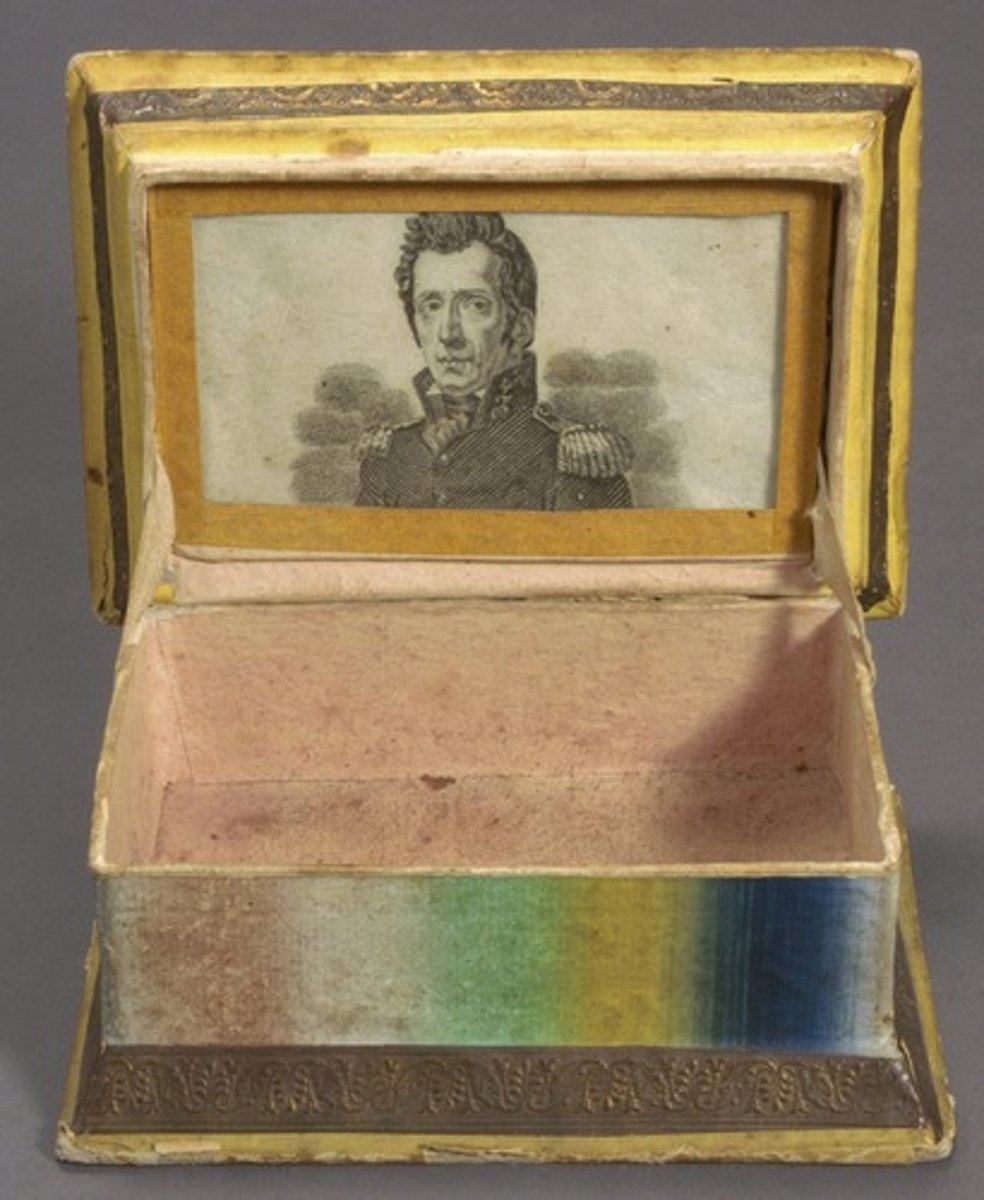
Bank Wars
Jackson believed the Second Bank of the U.S. made the rich richer and disliked Nicholas Biddle, a friend of Henry Clay.
*Jackson vetoed a bill that would extend the Bank and removed the government's deposits, forcing it to close
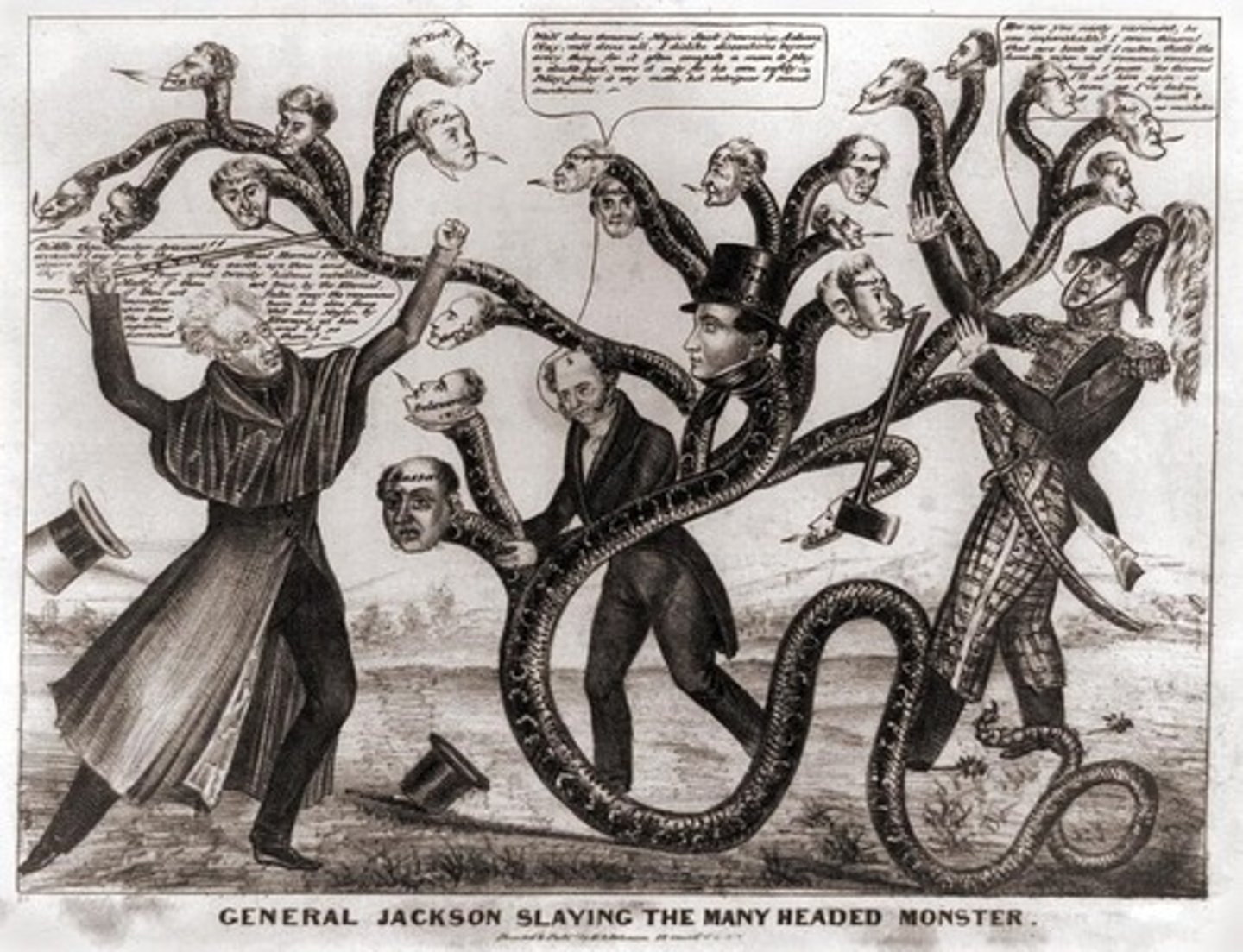
Pet Banks
-received all of the national funds upon the closing of the Bank of Us, owned by Jackson's supportes
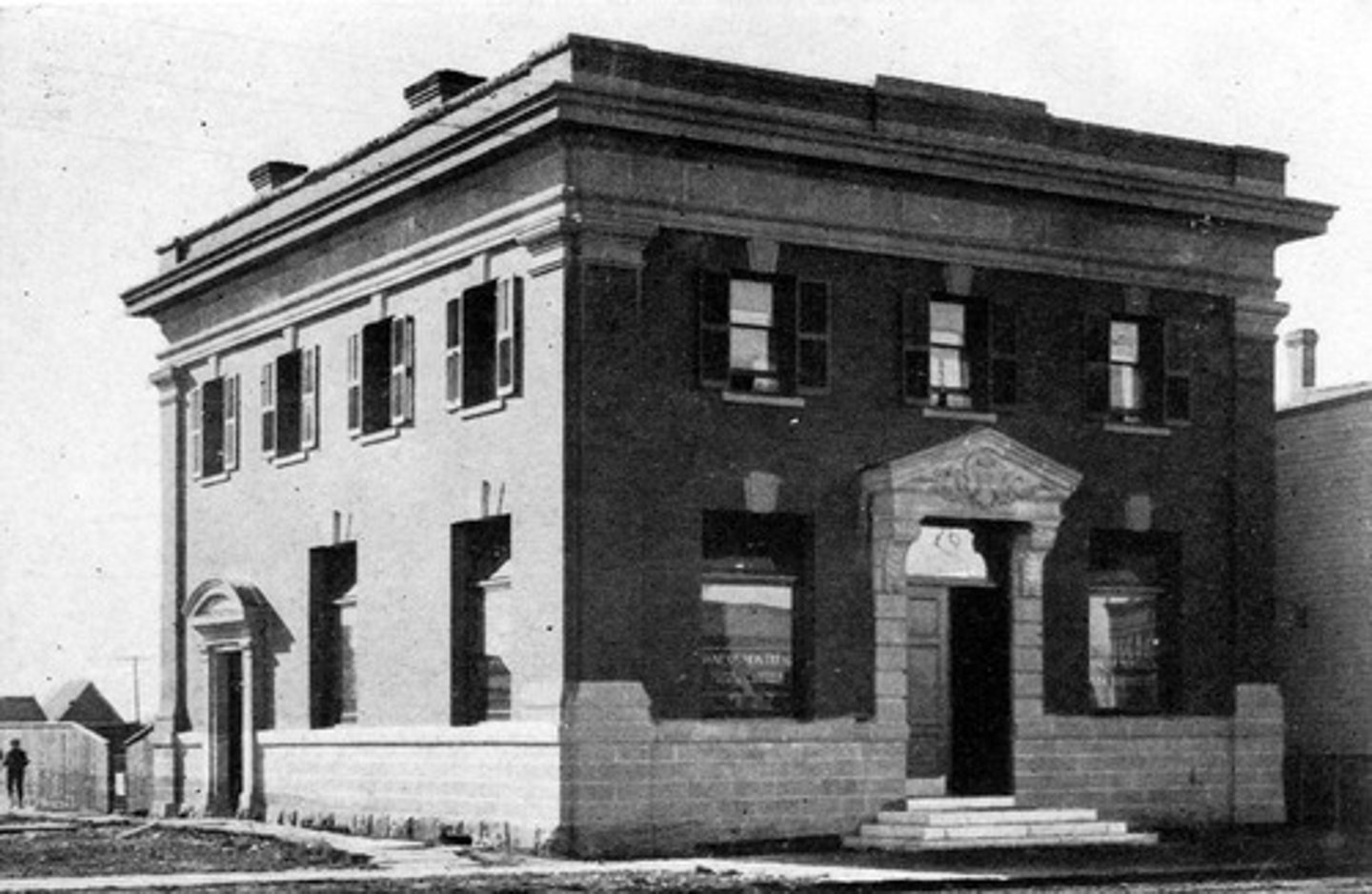
Whig Party
-formed to oppose Jackson and his financial policy, reactions to Jackson's nullification
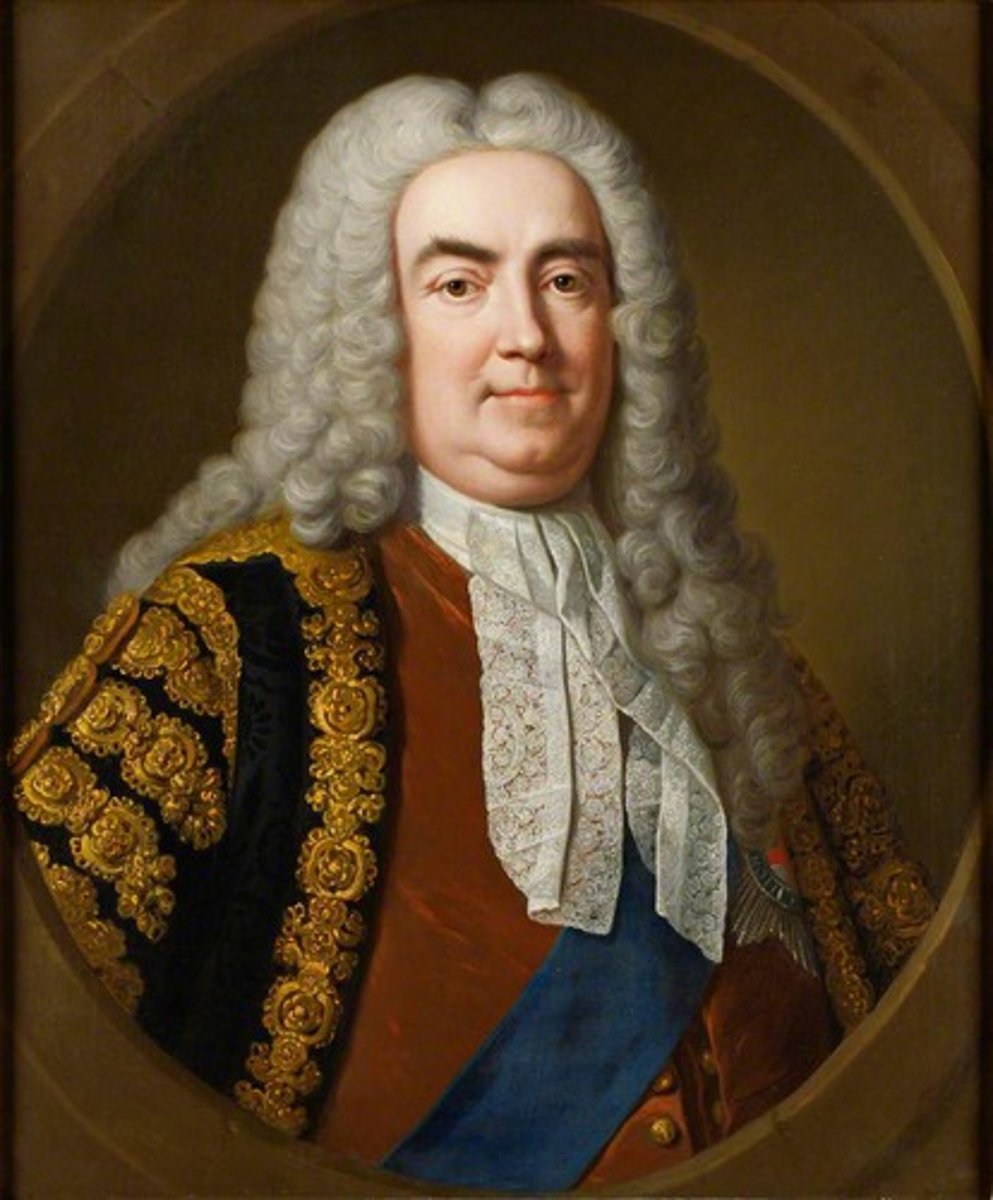
Election of 1836
26 states Jackson's popularity and economic prosperty helped Van Buren win
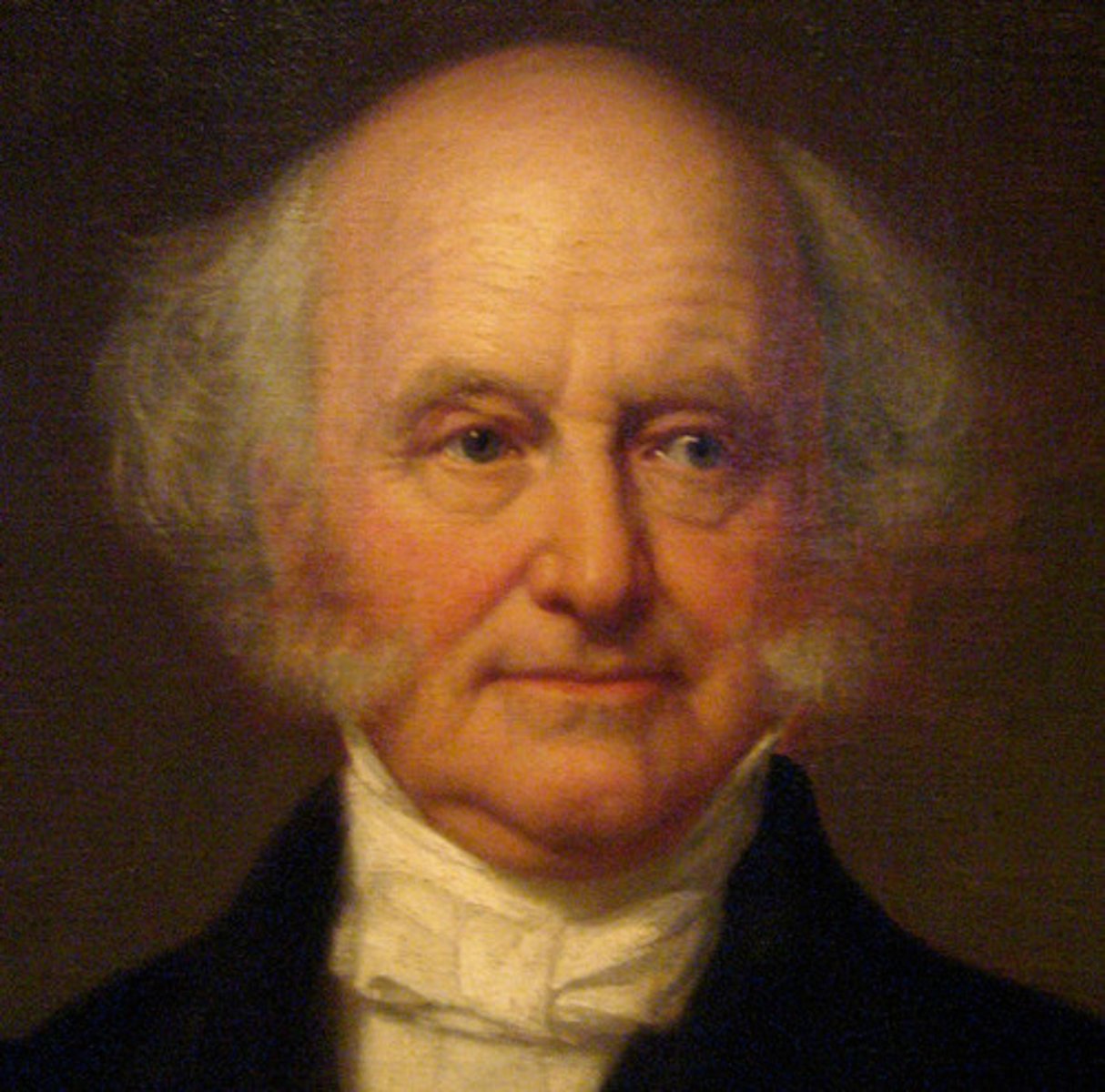
Panic of 1837
*close of the Bank of the United States
*two major British banks closing led to US Bank Runs
*debt 1000s of farmers lost their lands, unemployment soard, caused by speculation
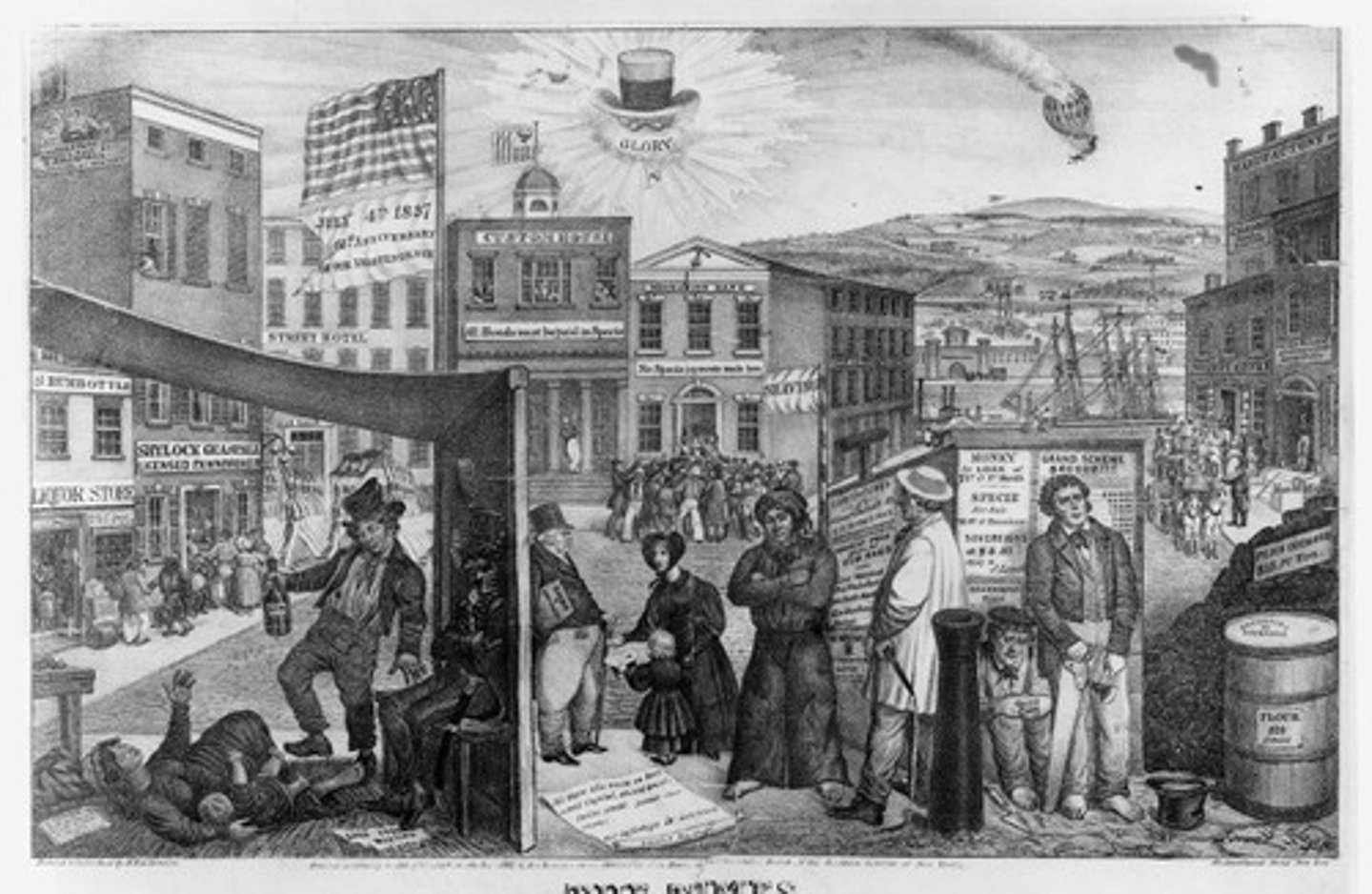
Divorce
US out of banking business

Independent Treasury System
-the government paid its debts in gold and silver
*Stored in regional vaults
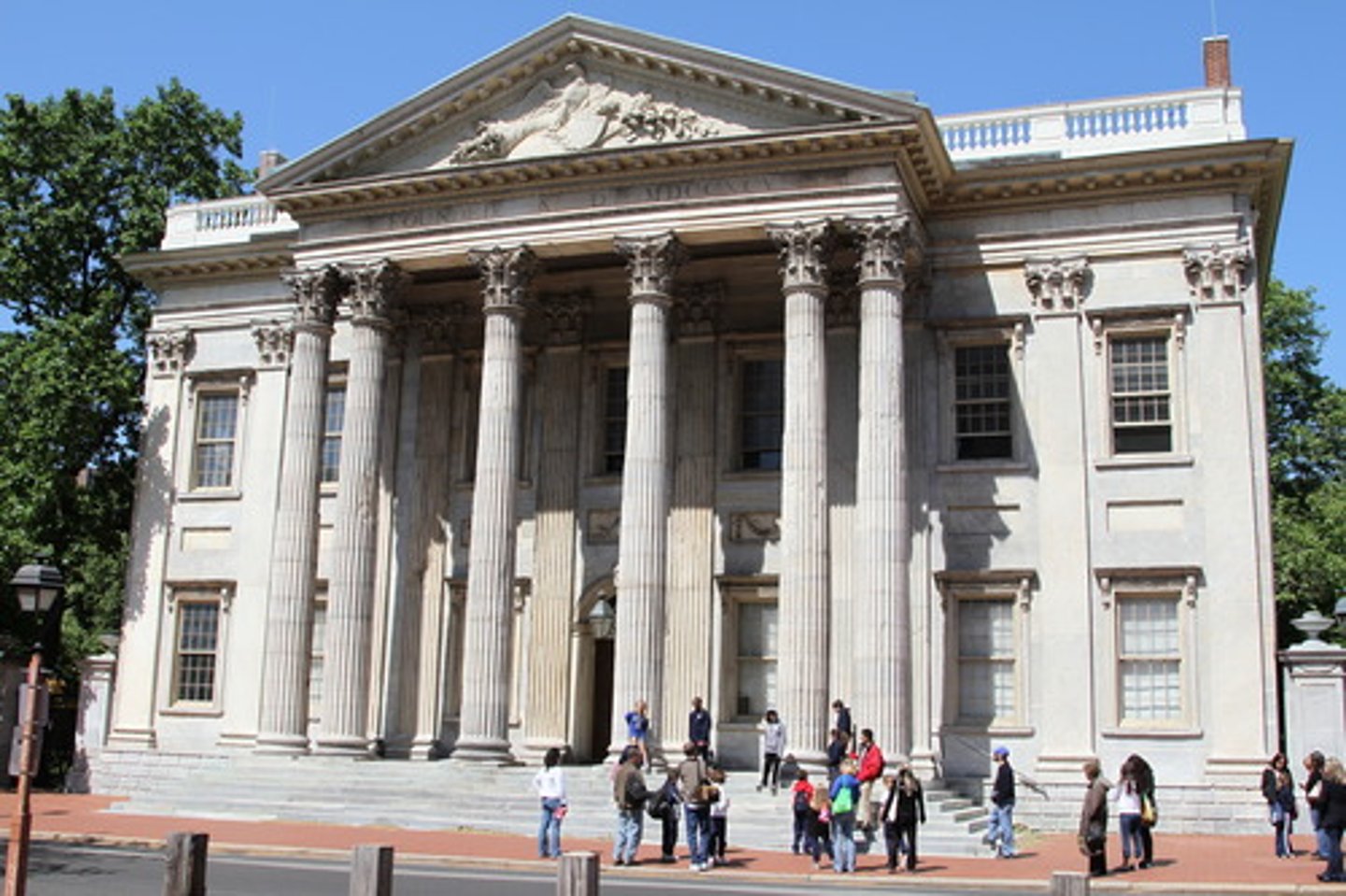
Cult of Domesticity
-glorified middle class women's role in the home, serving as religious and moral leaders in the home, many women saw it as slavery, the Grimke sister were anti-slavery advocates
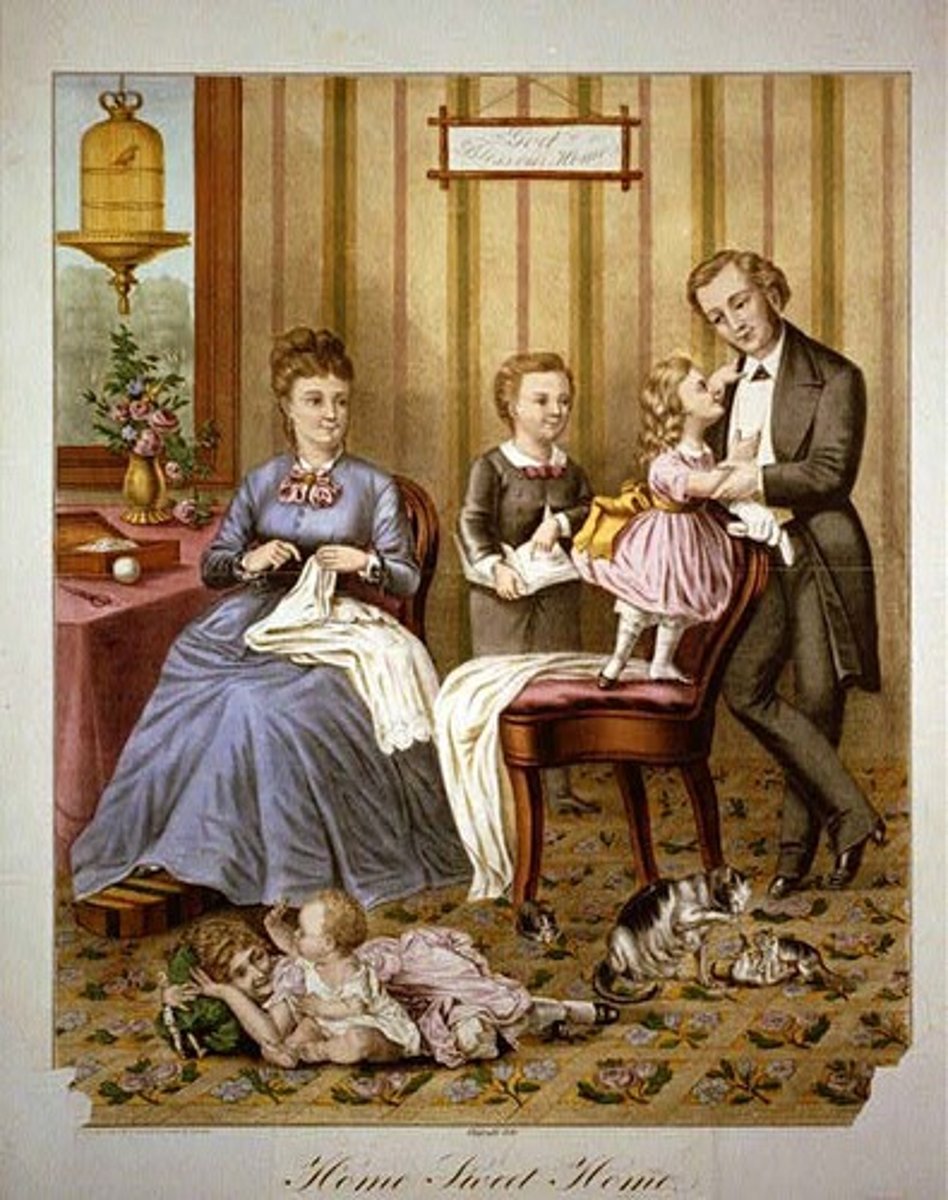
Election of 1840
Jarrison vs. Van Buren-hero

William Henry Harrison
of the battles of Tippecanoe and Thames became president.
They used the slogan "Tippecanoe and Tyler, too" Harrison died 32 dyas later, and Tyler became president.
